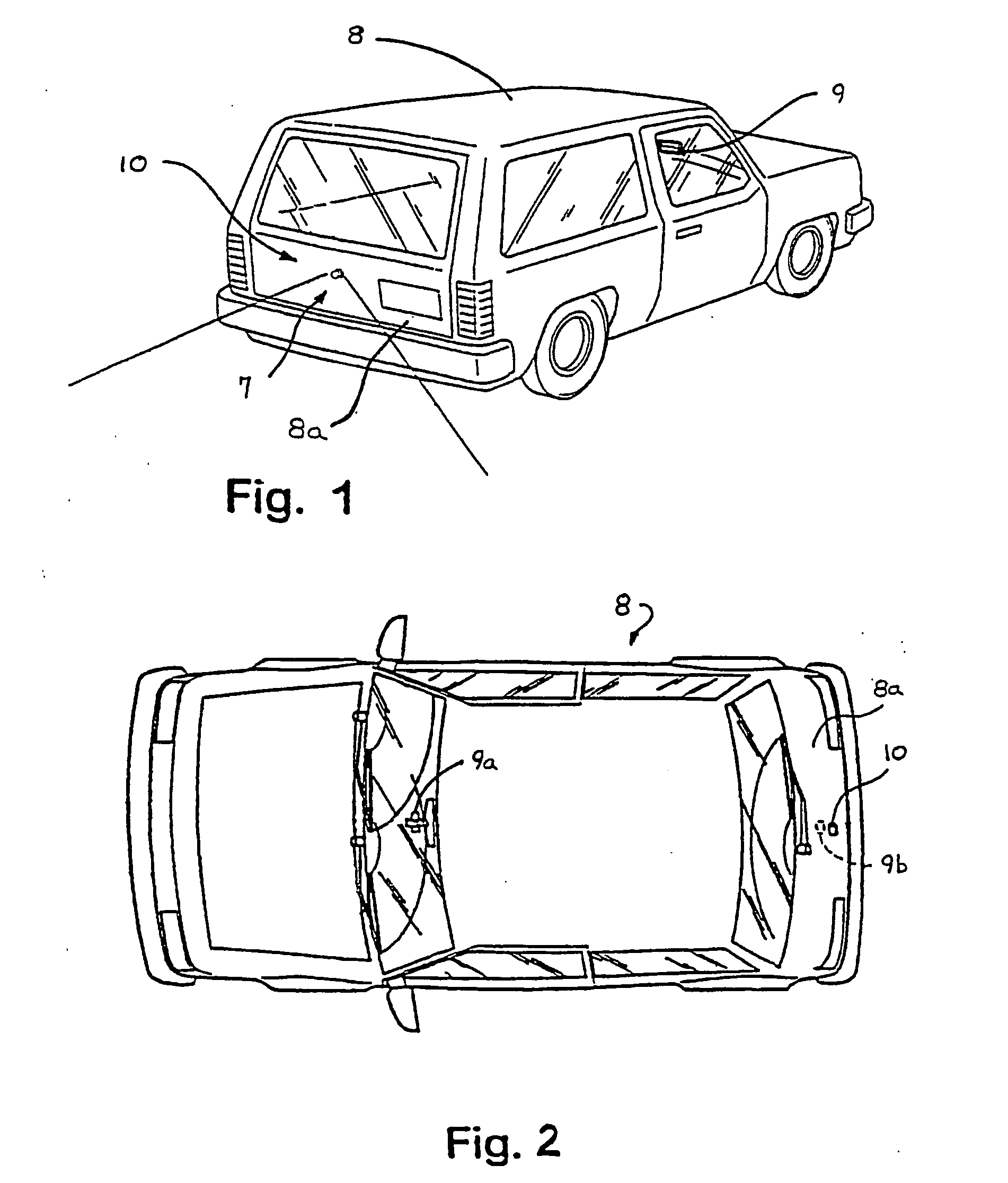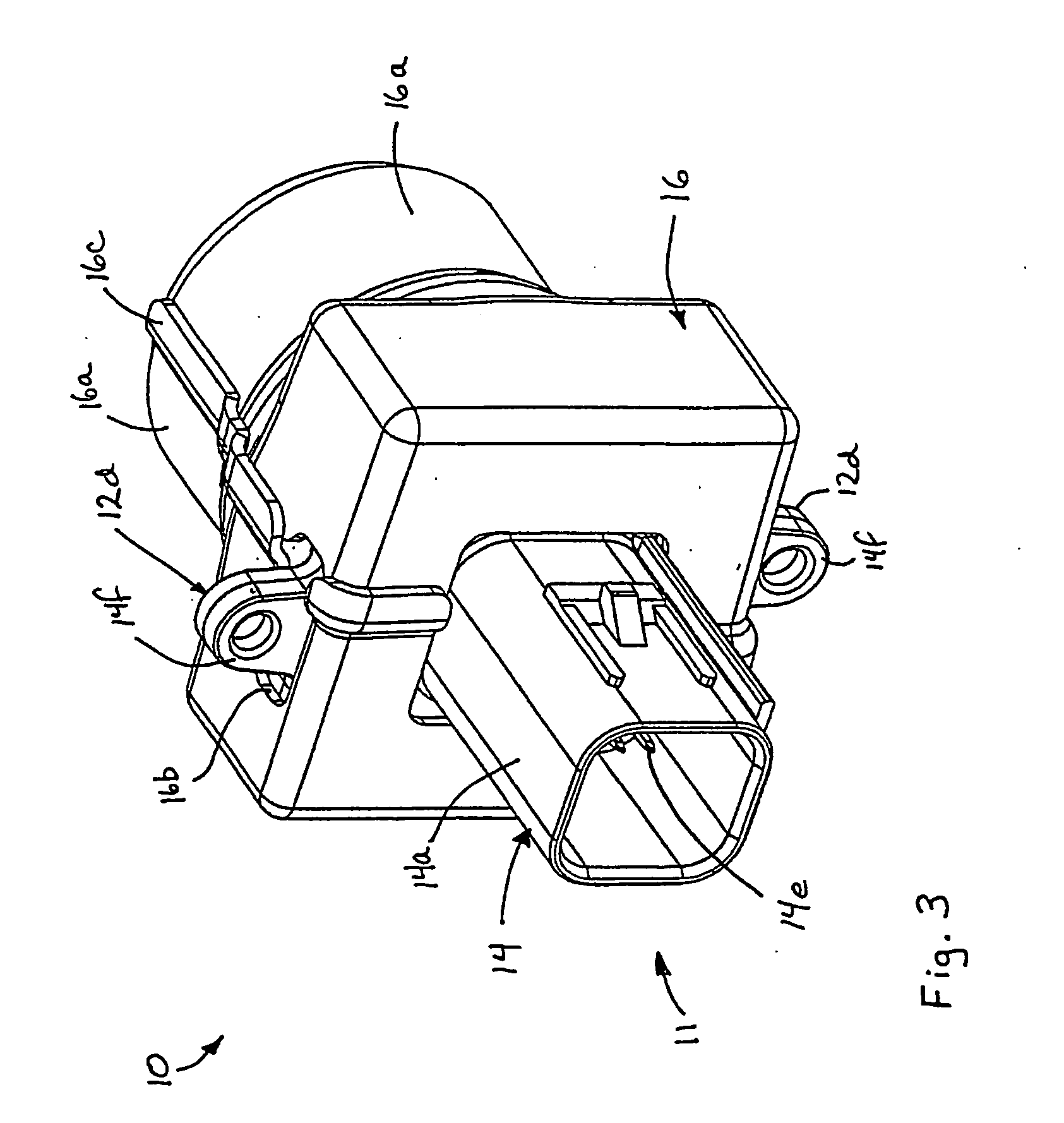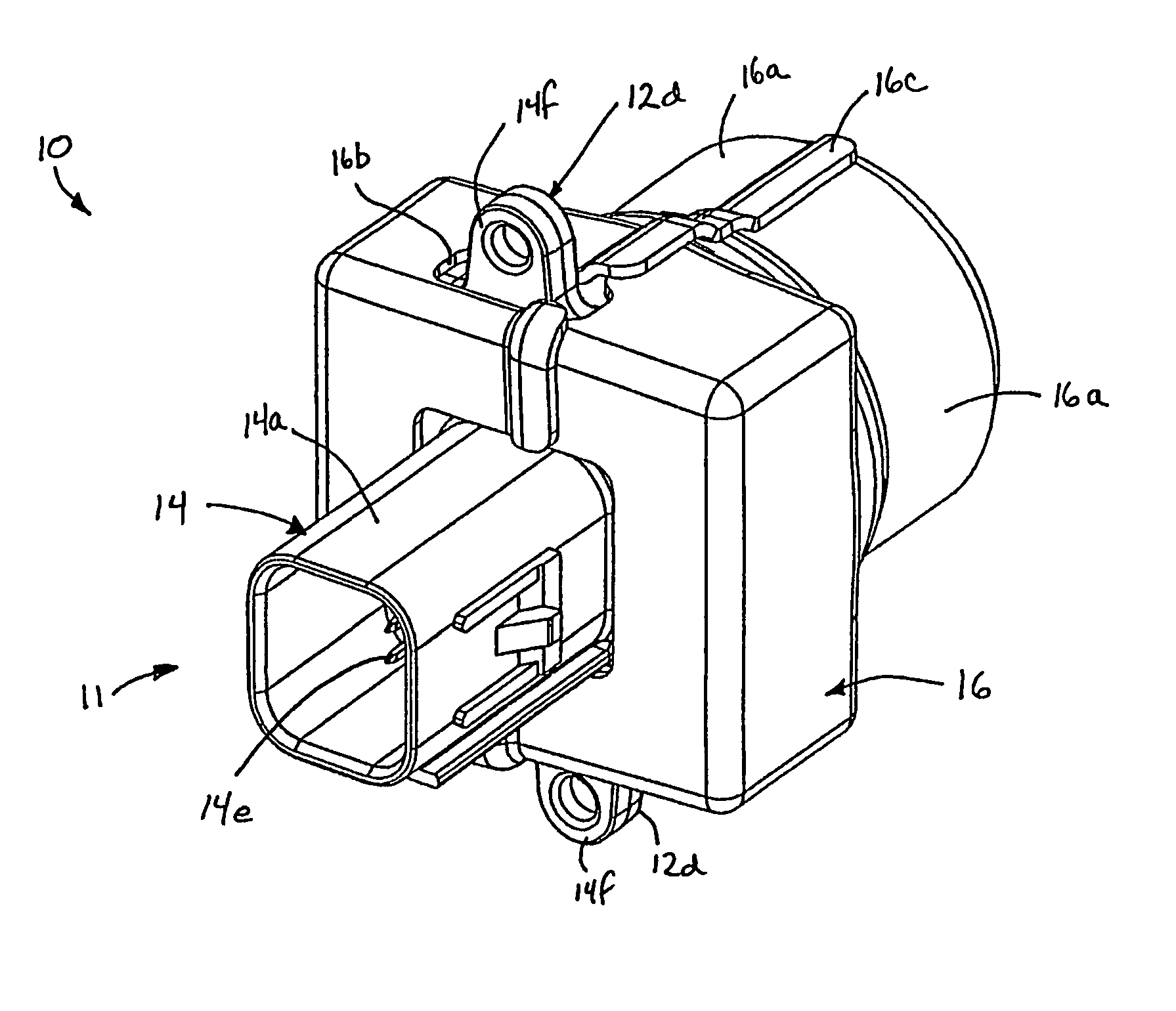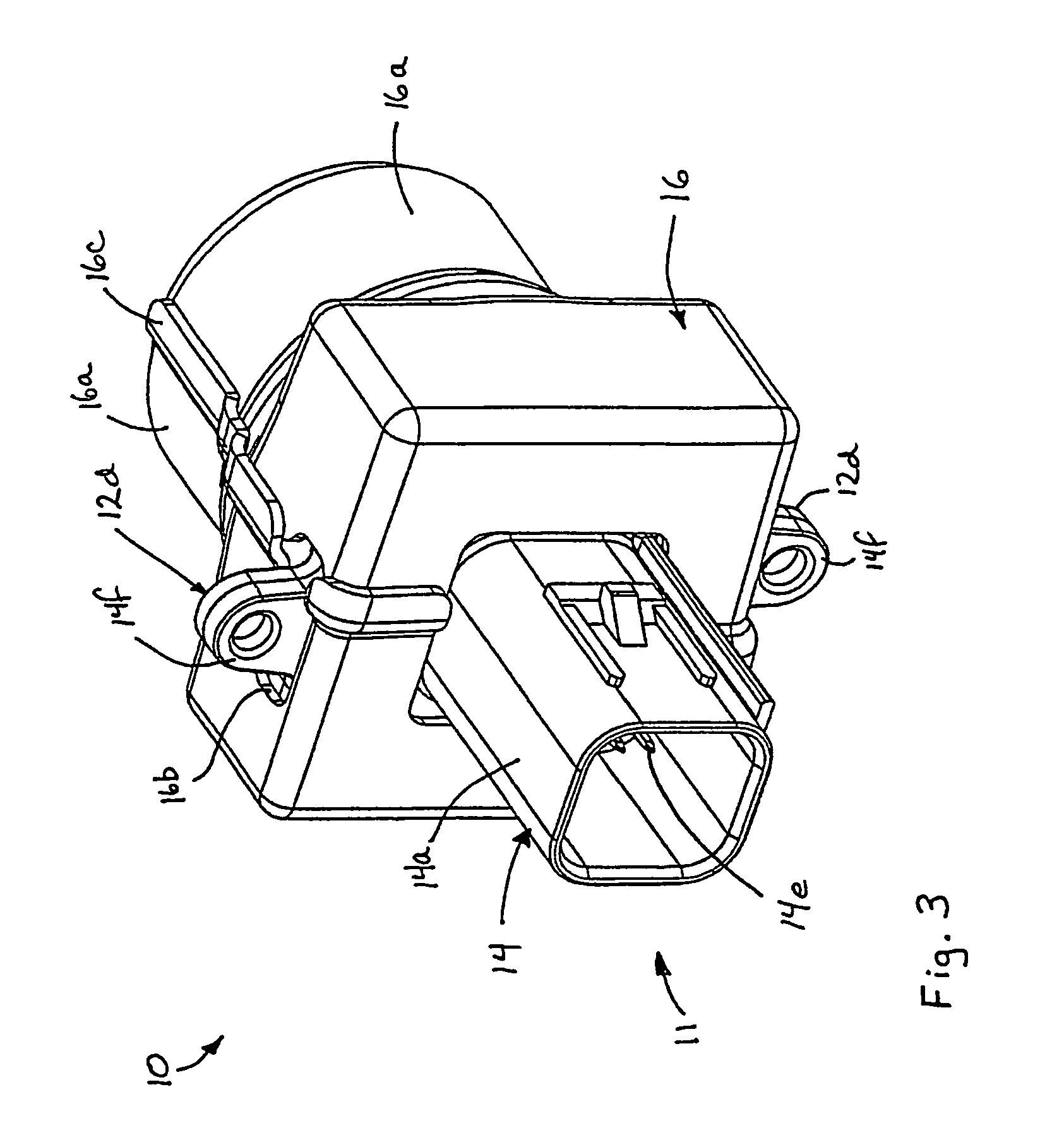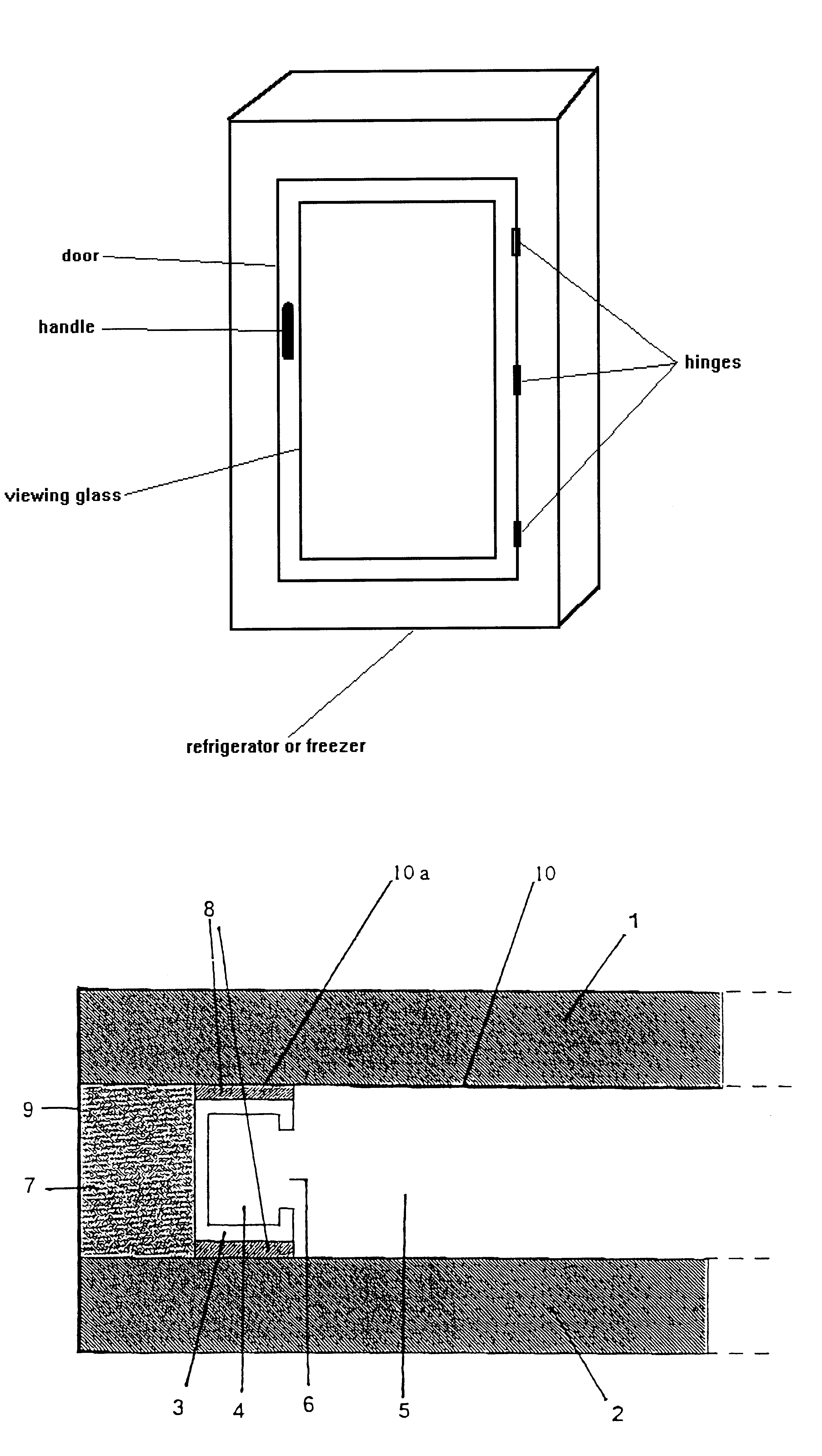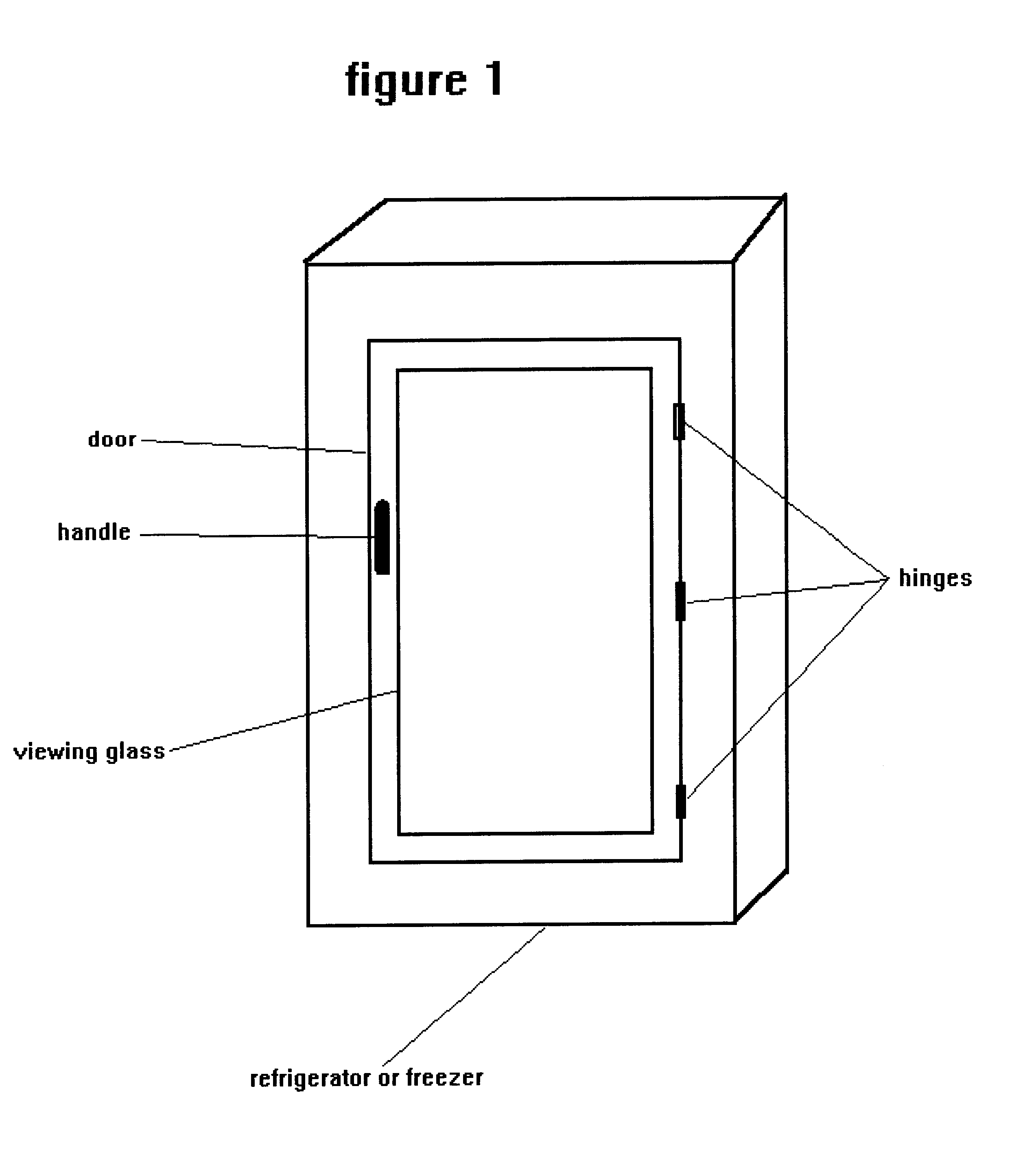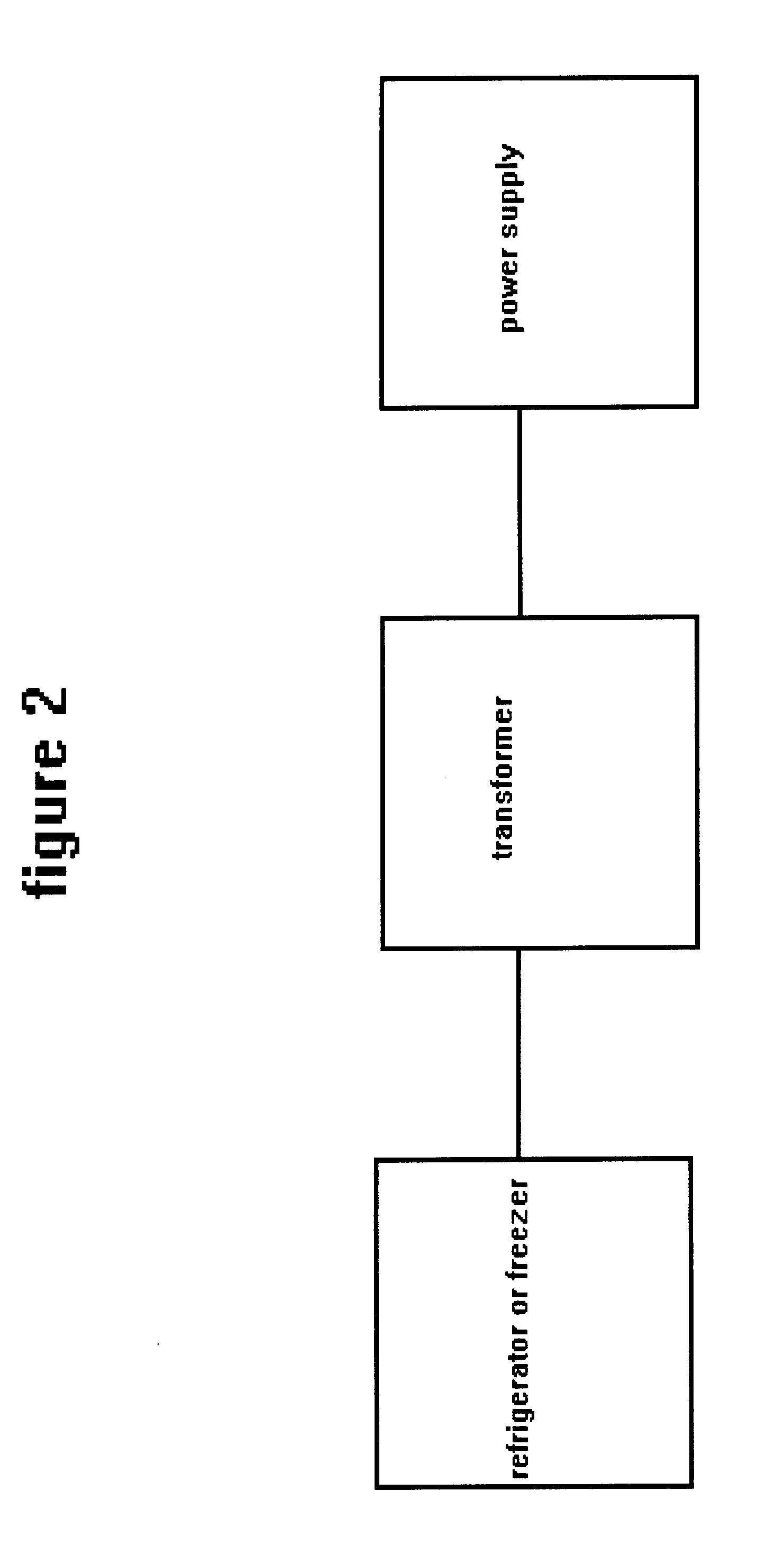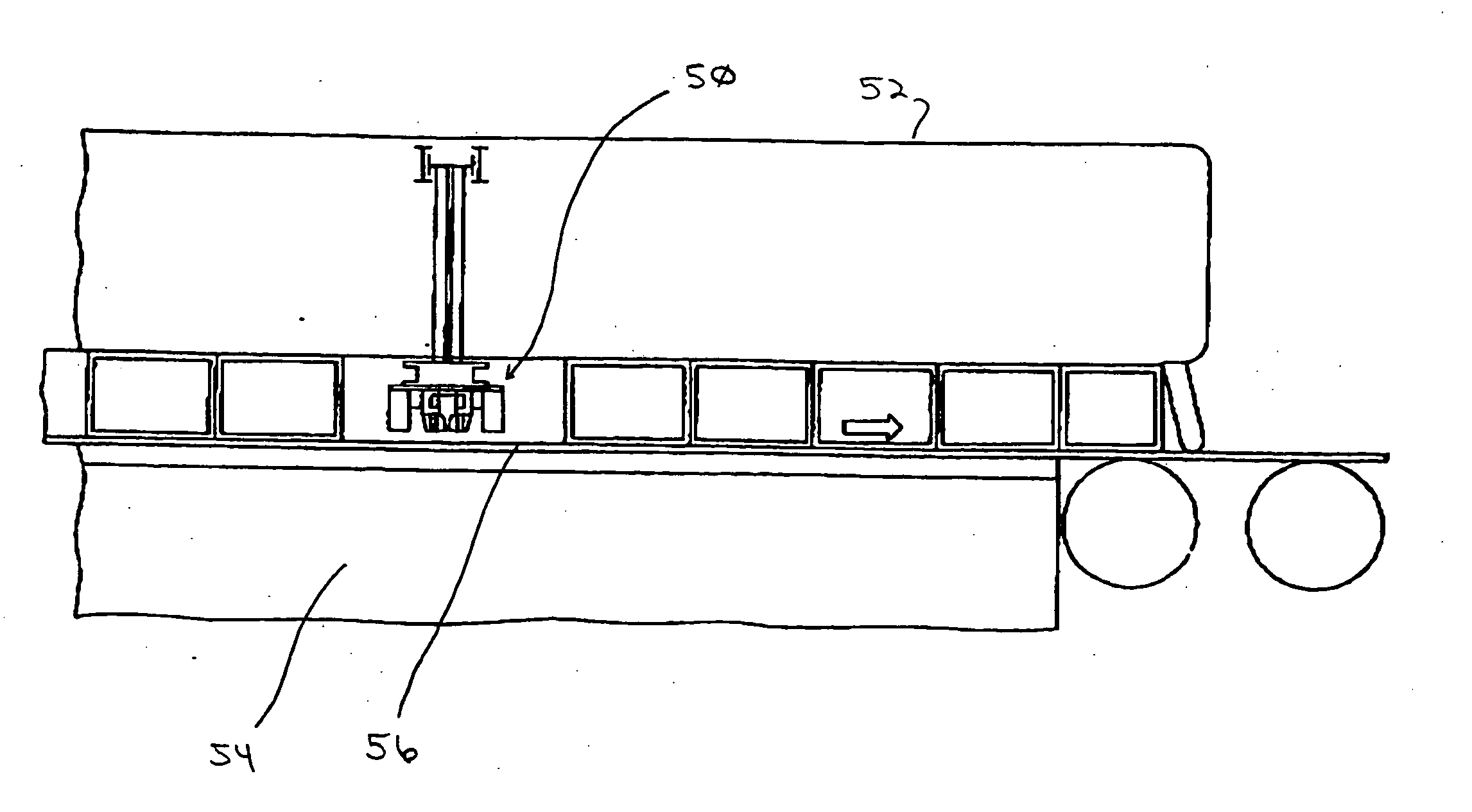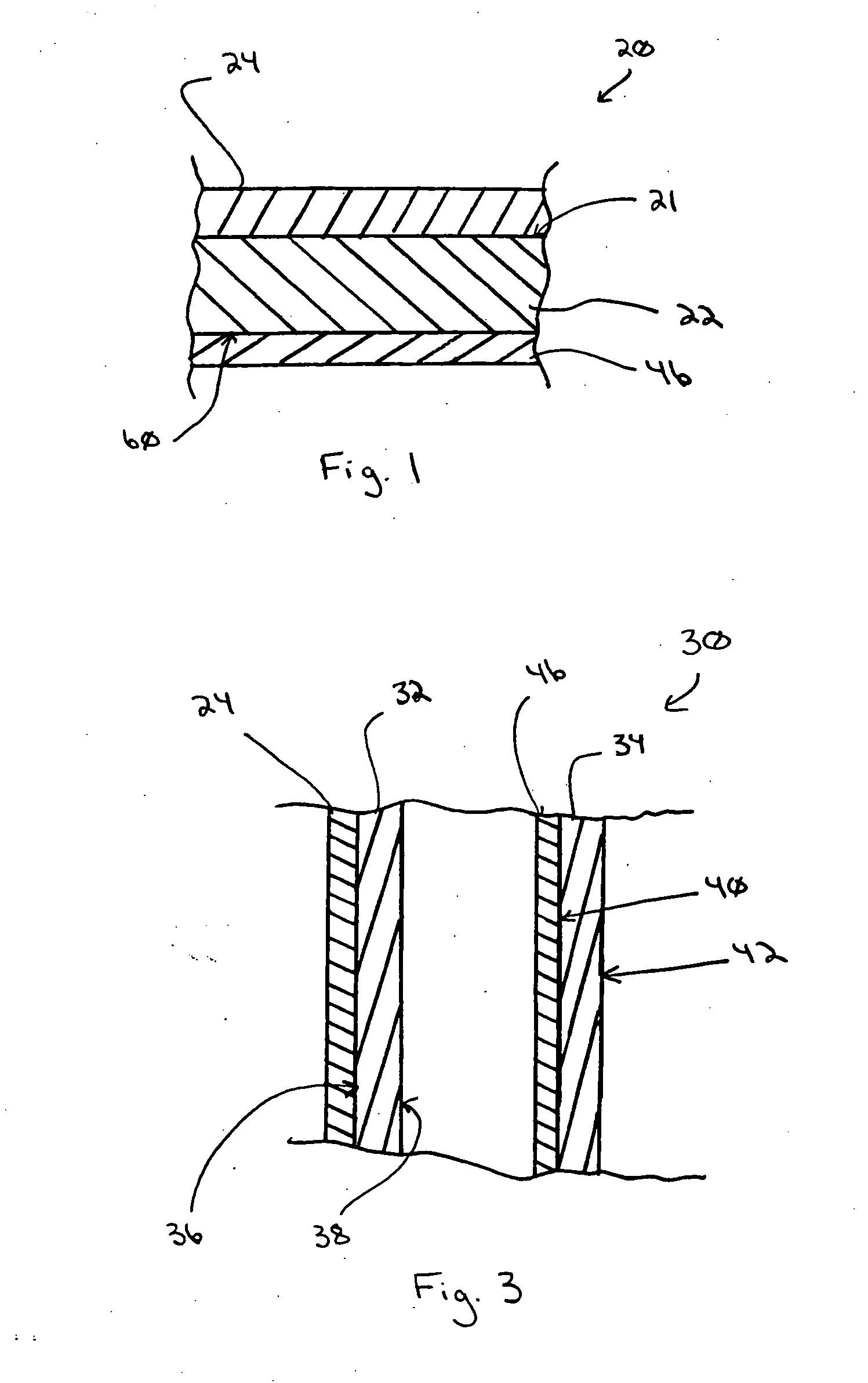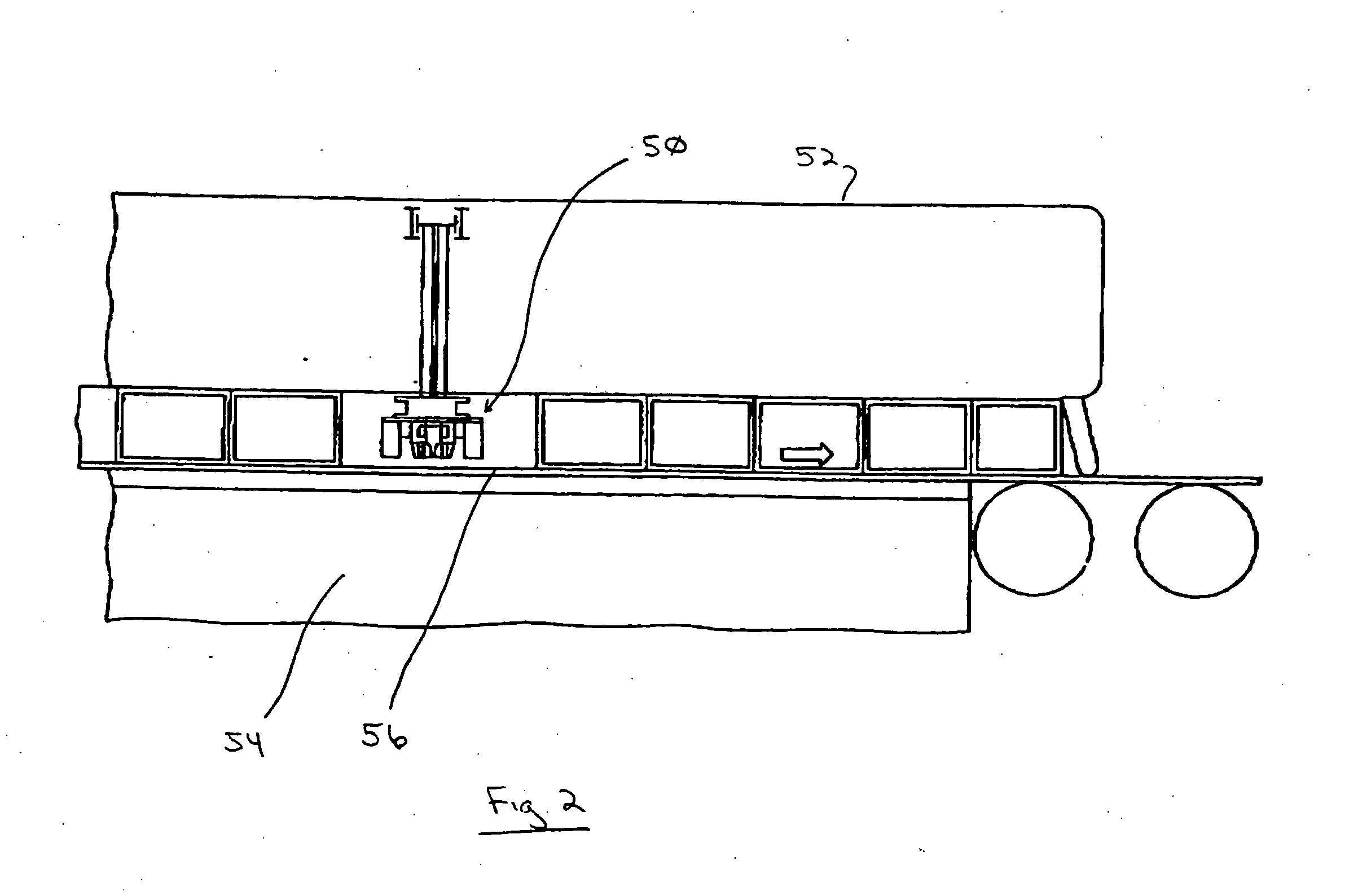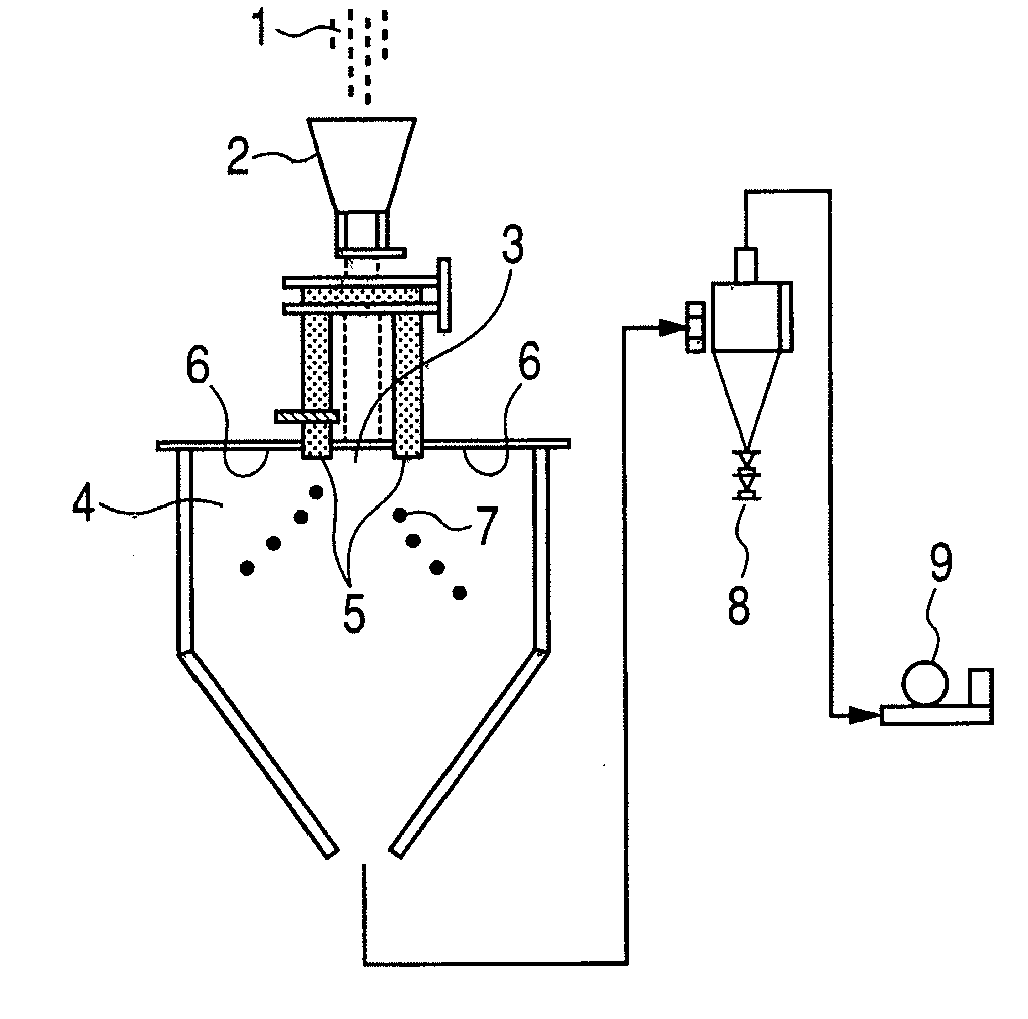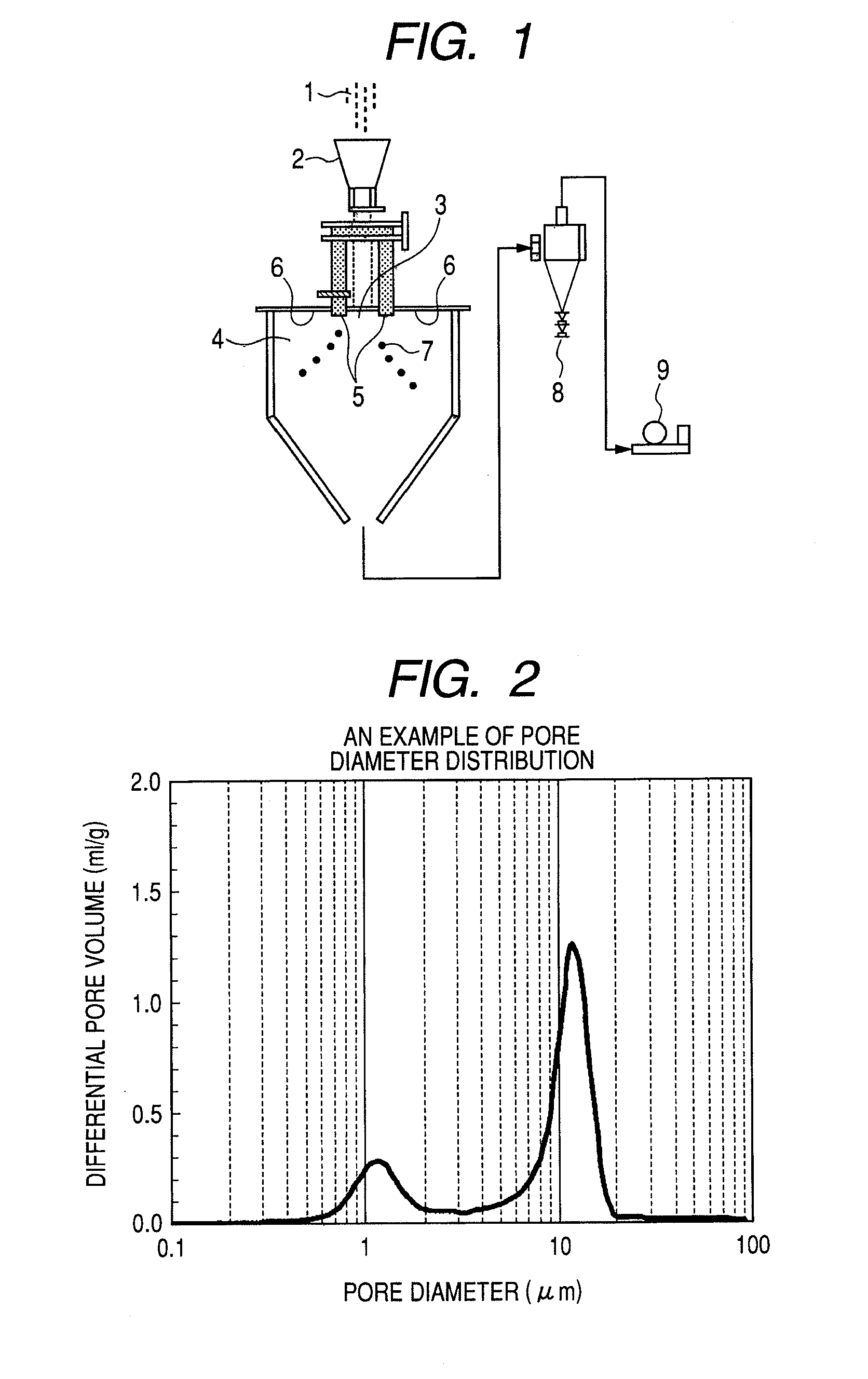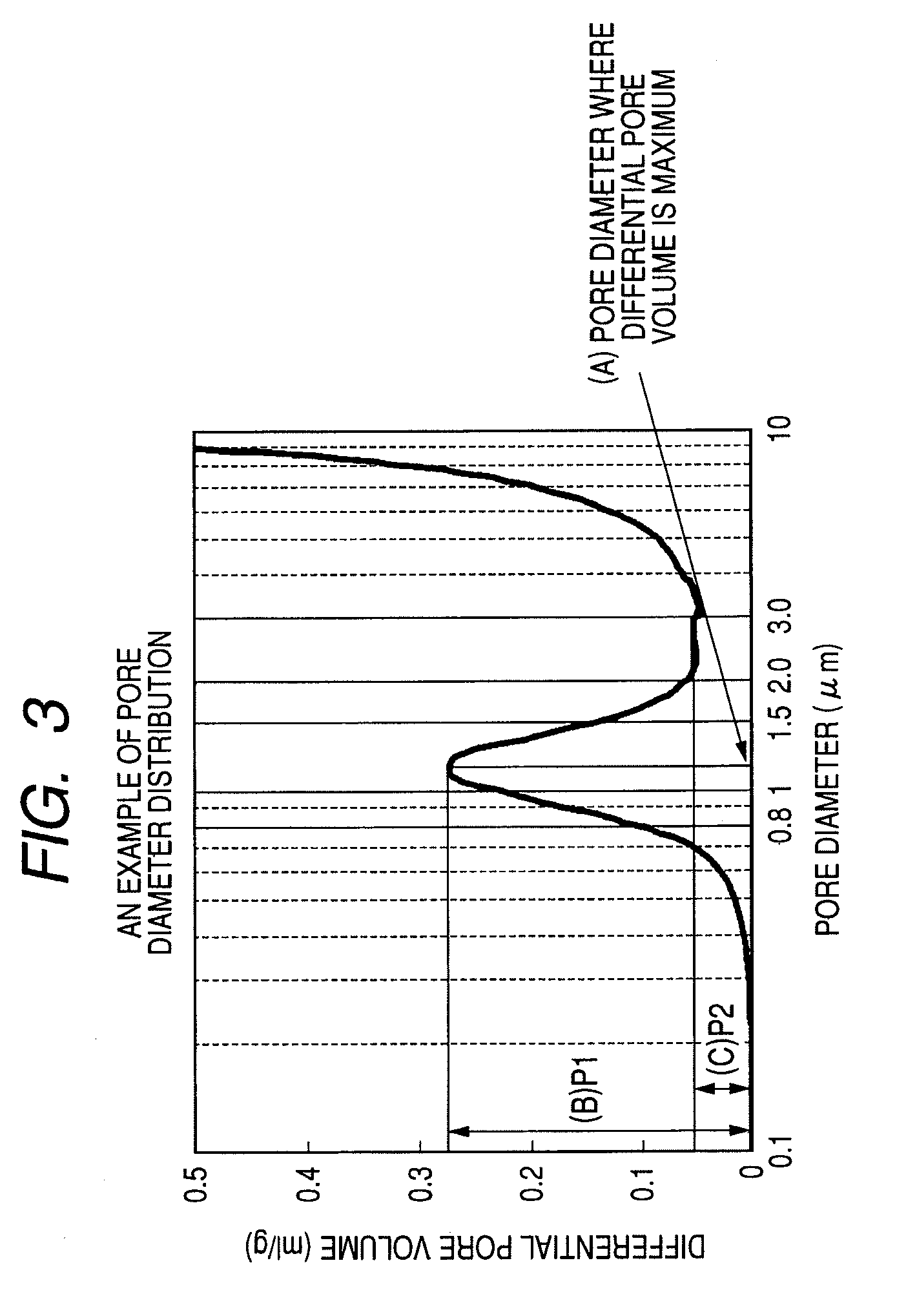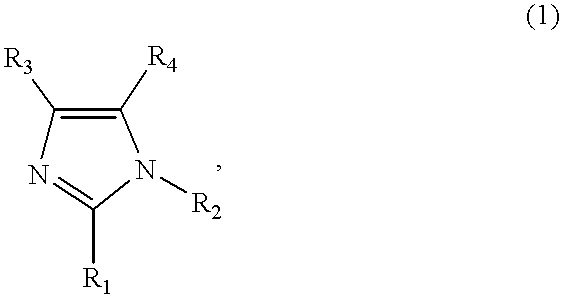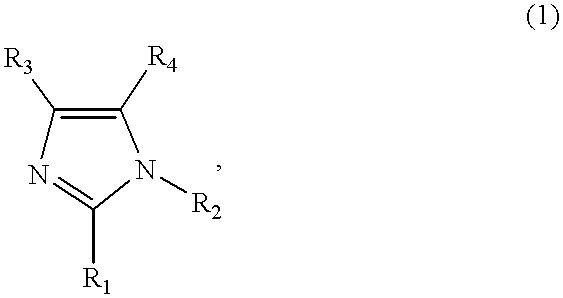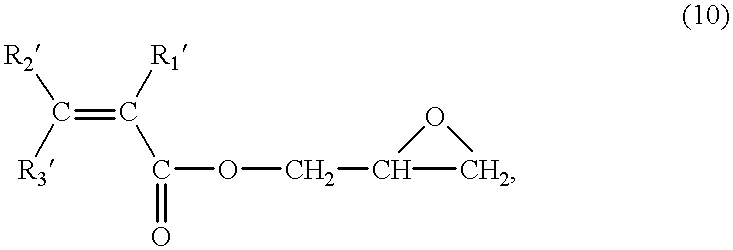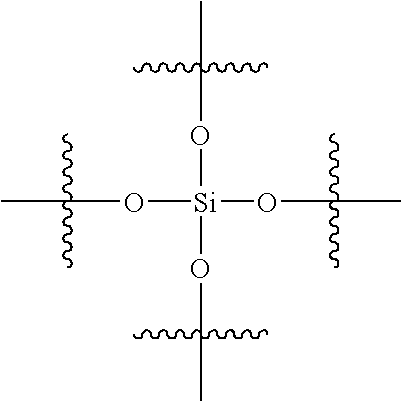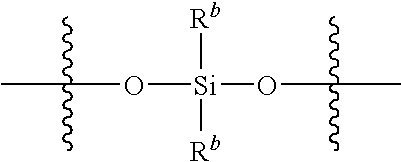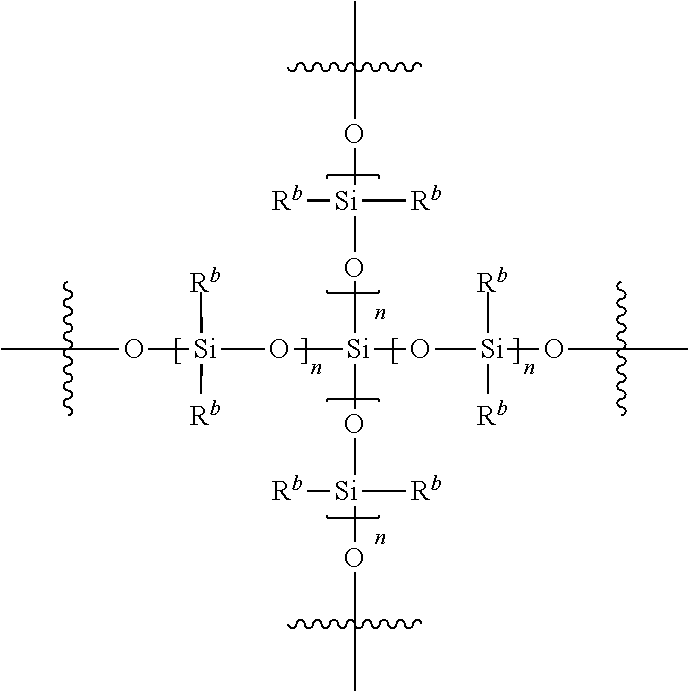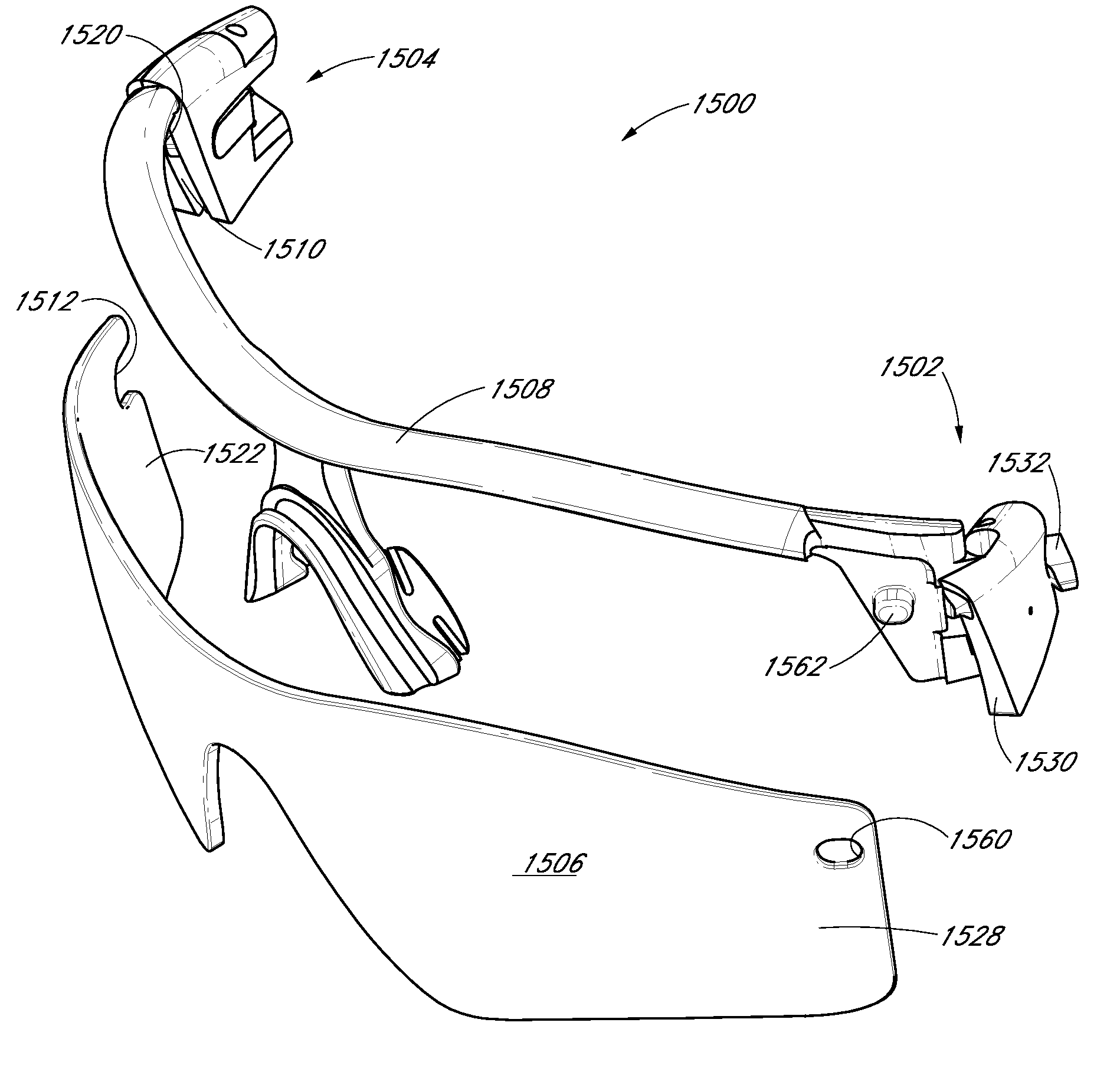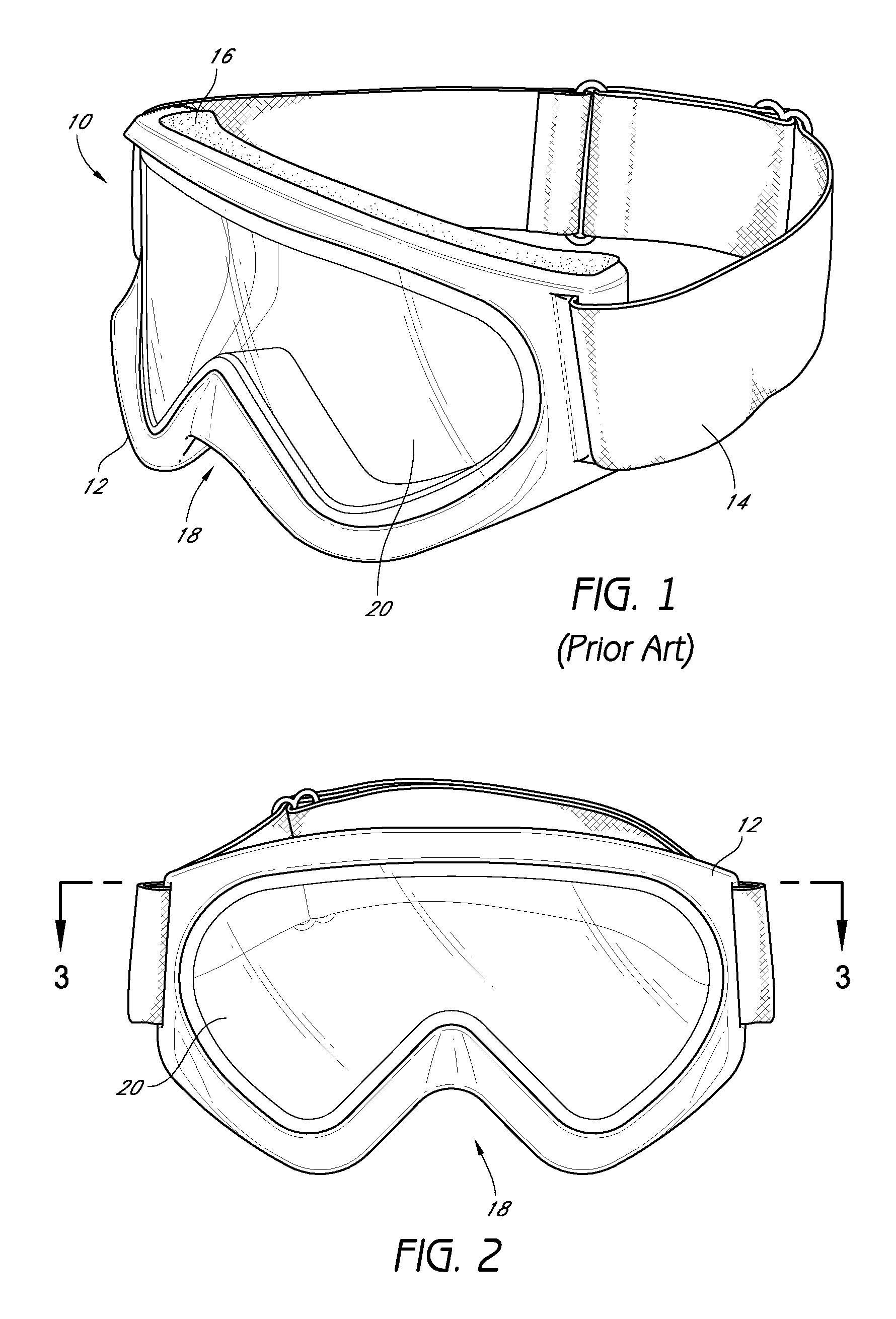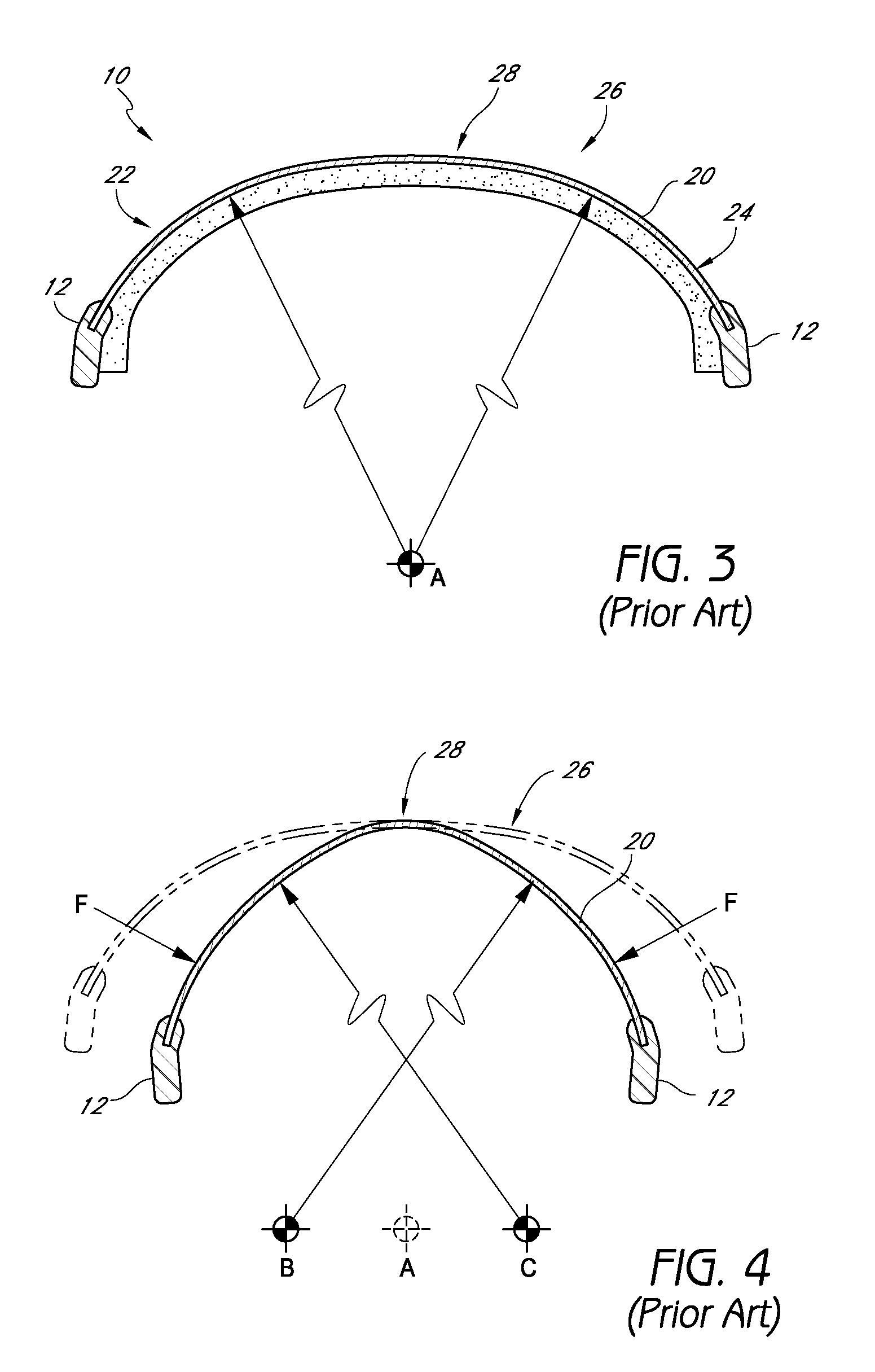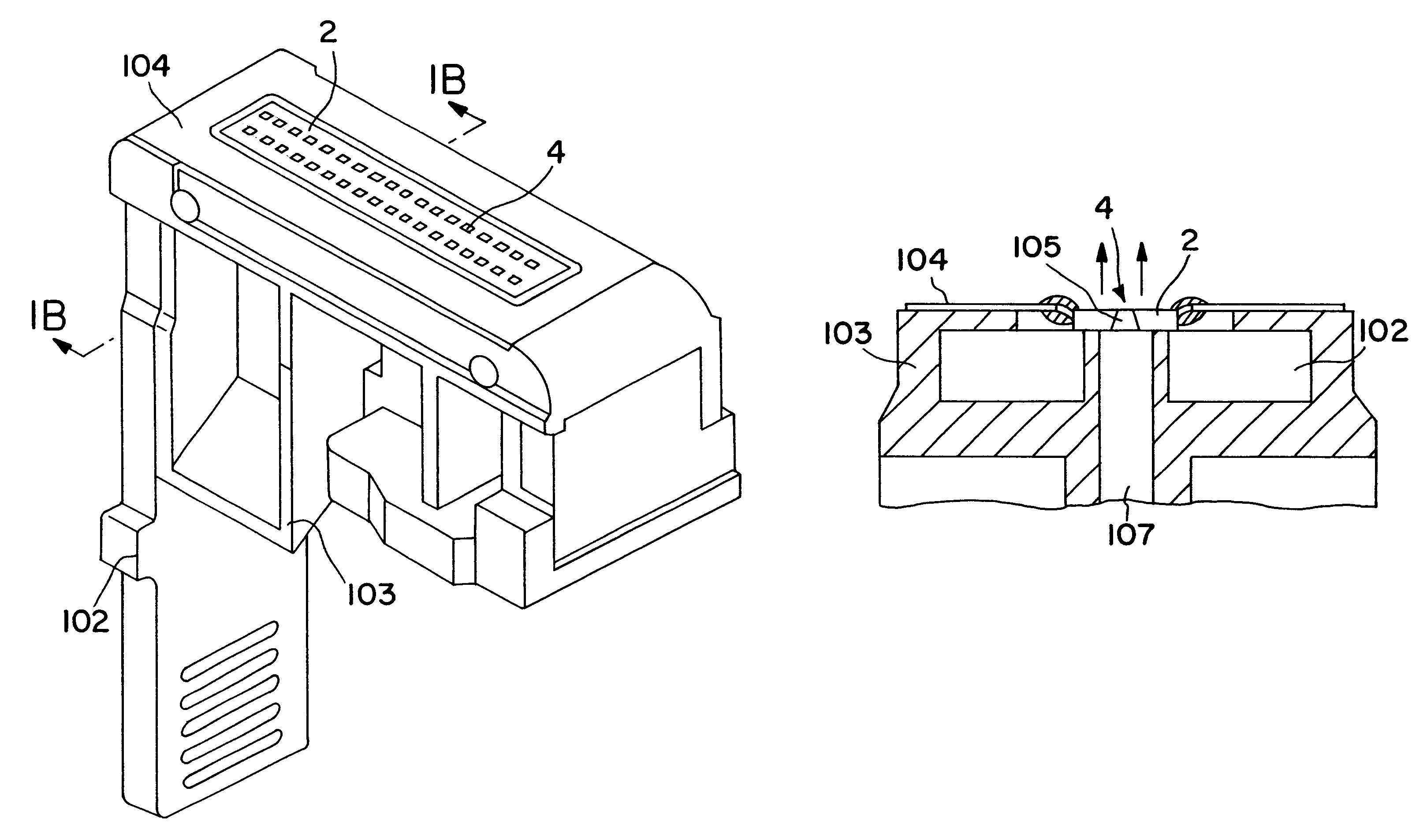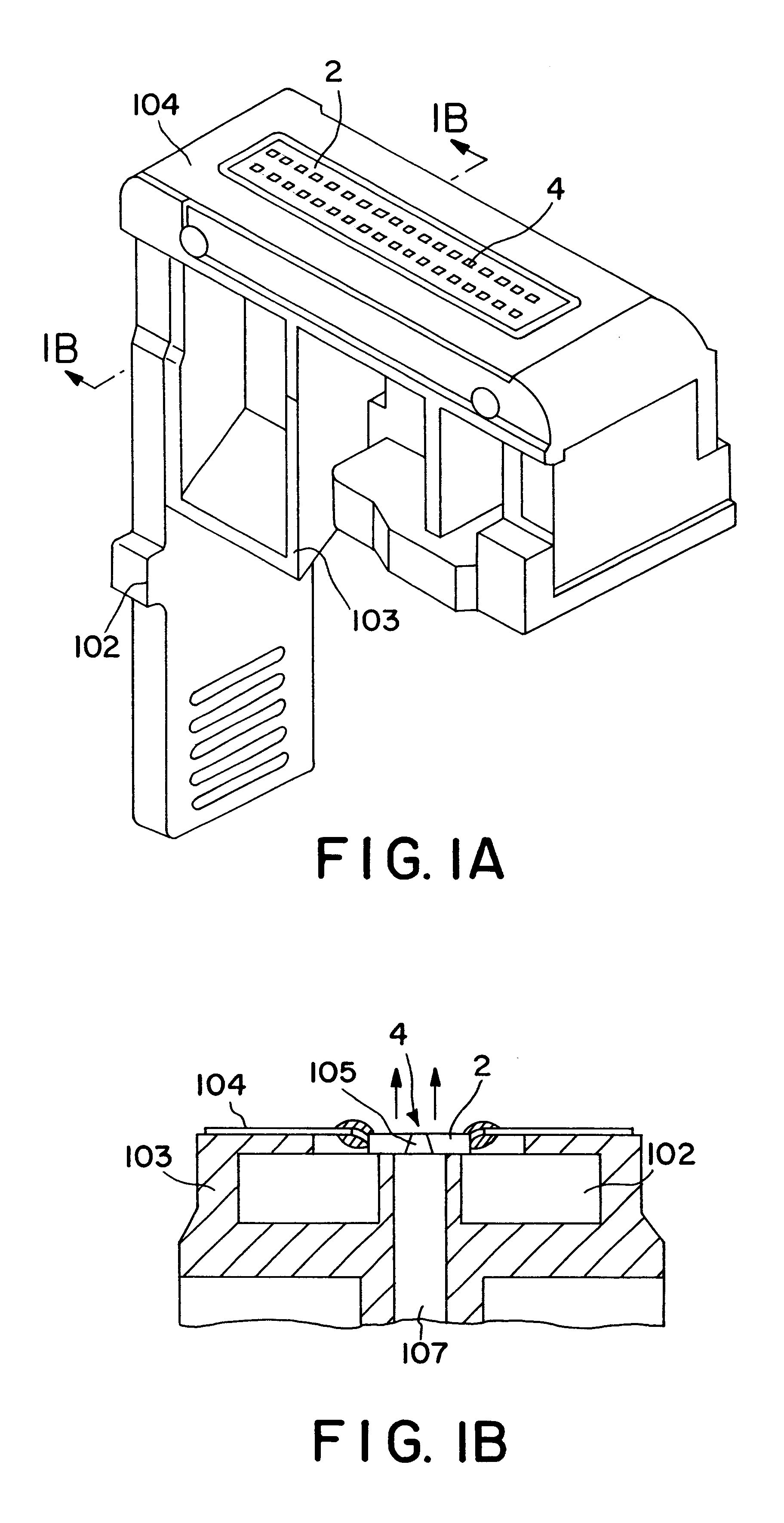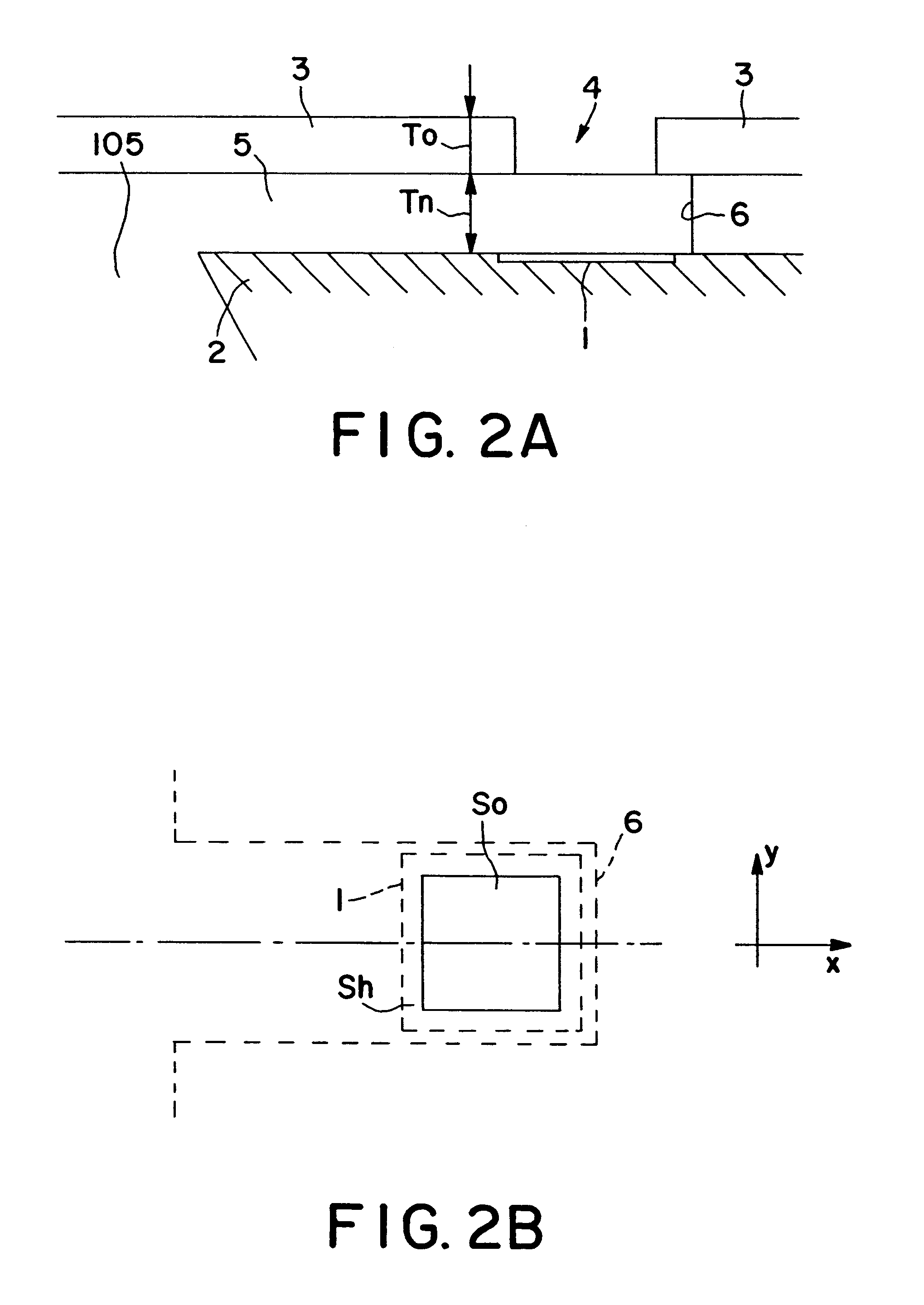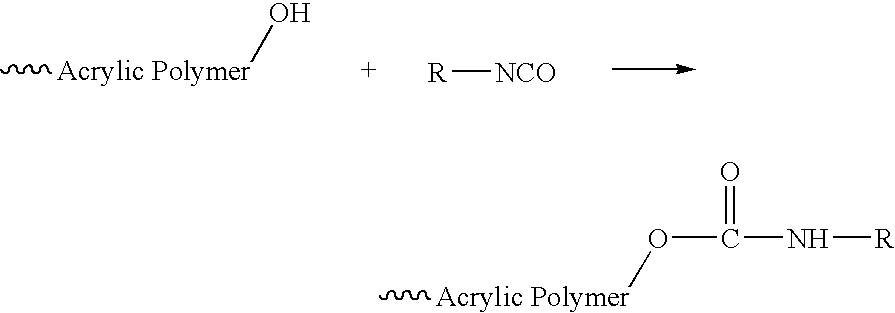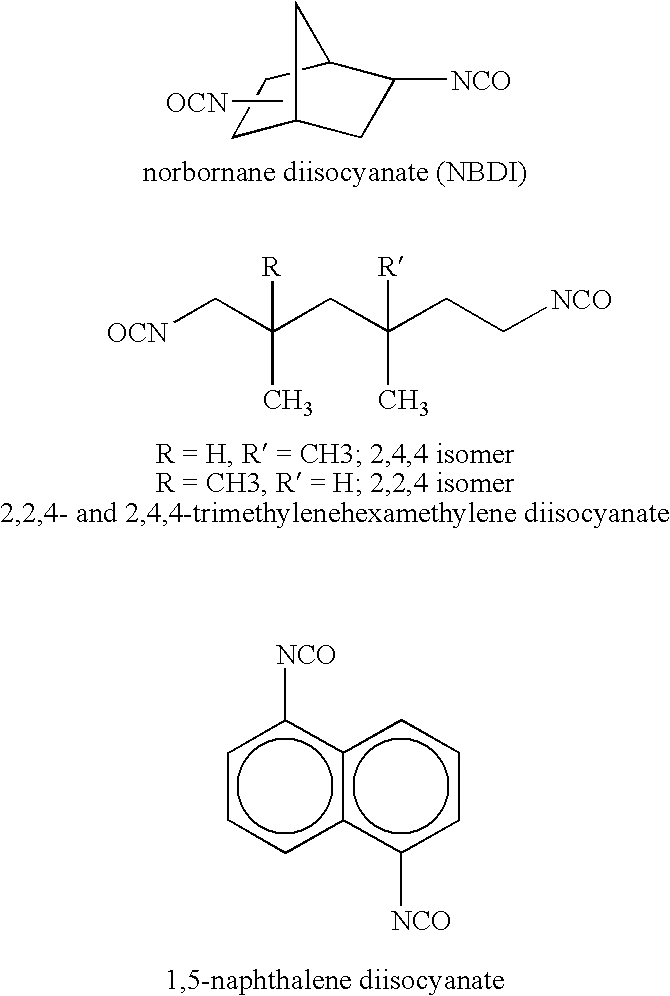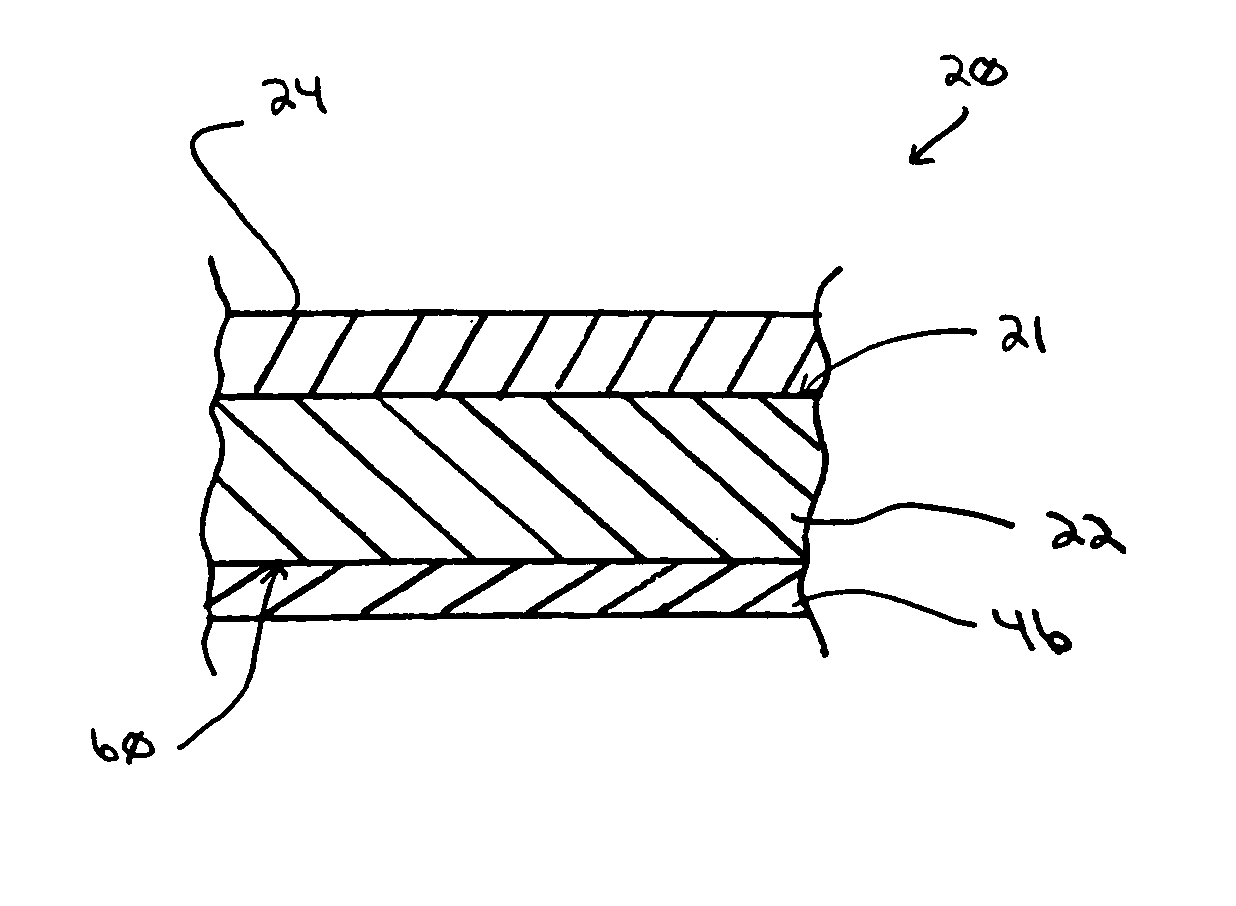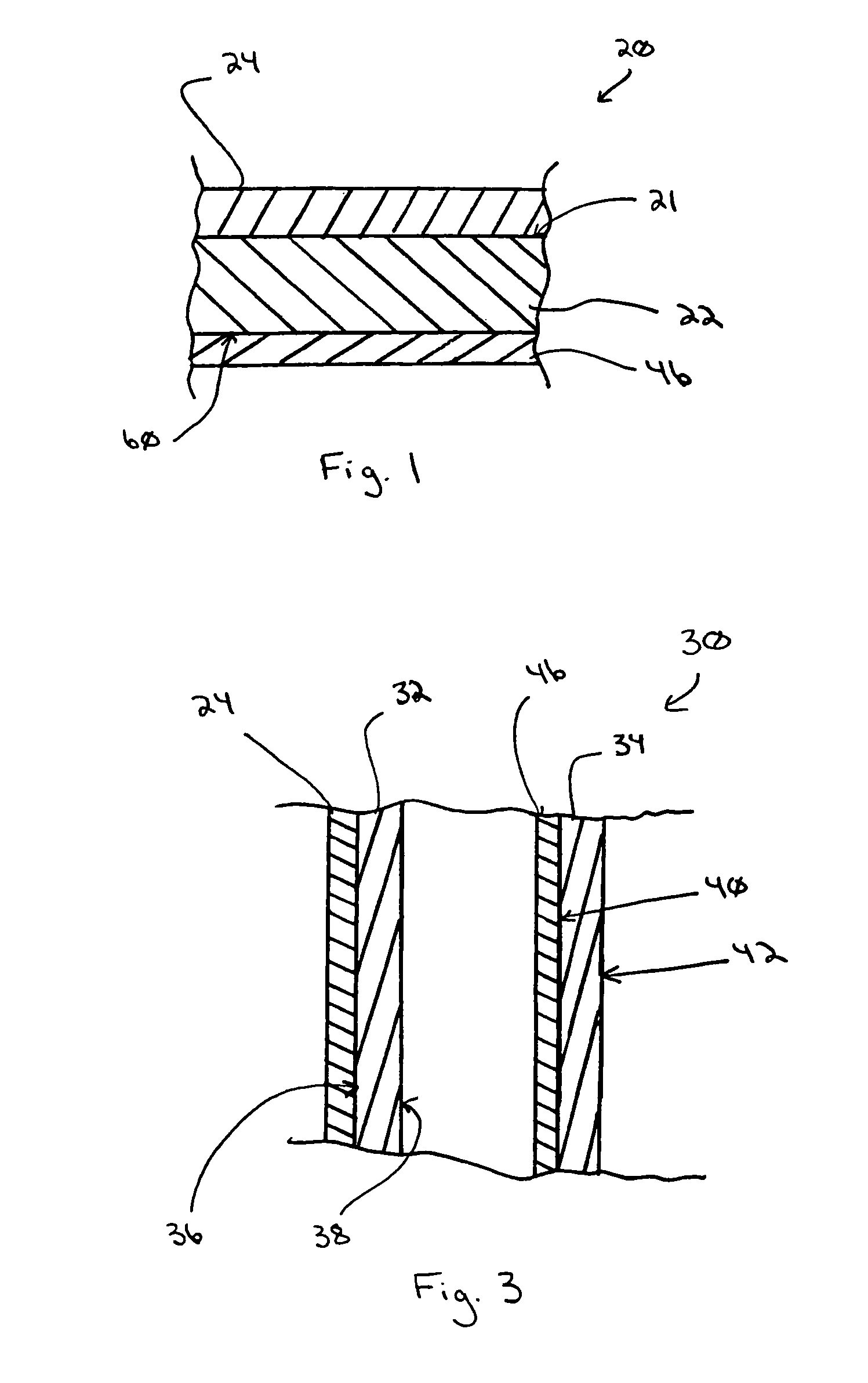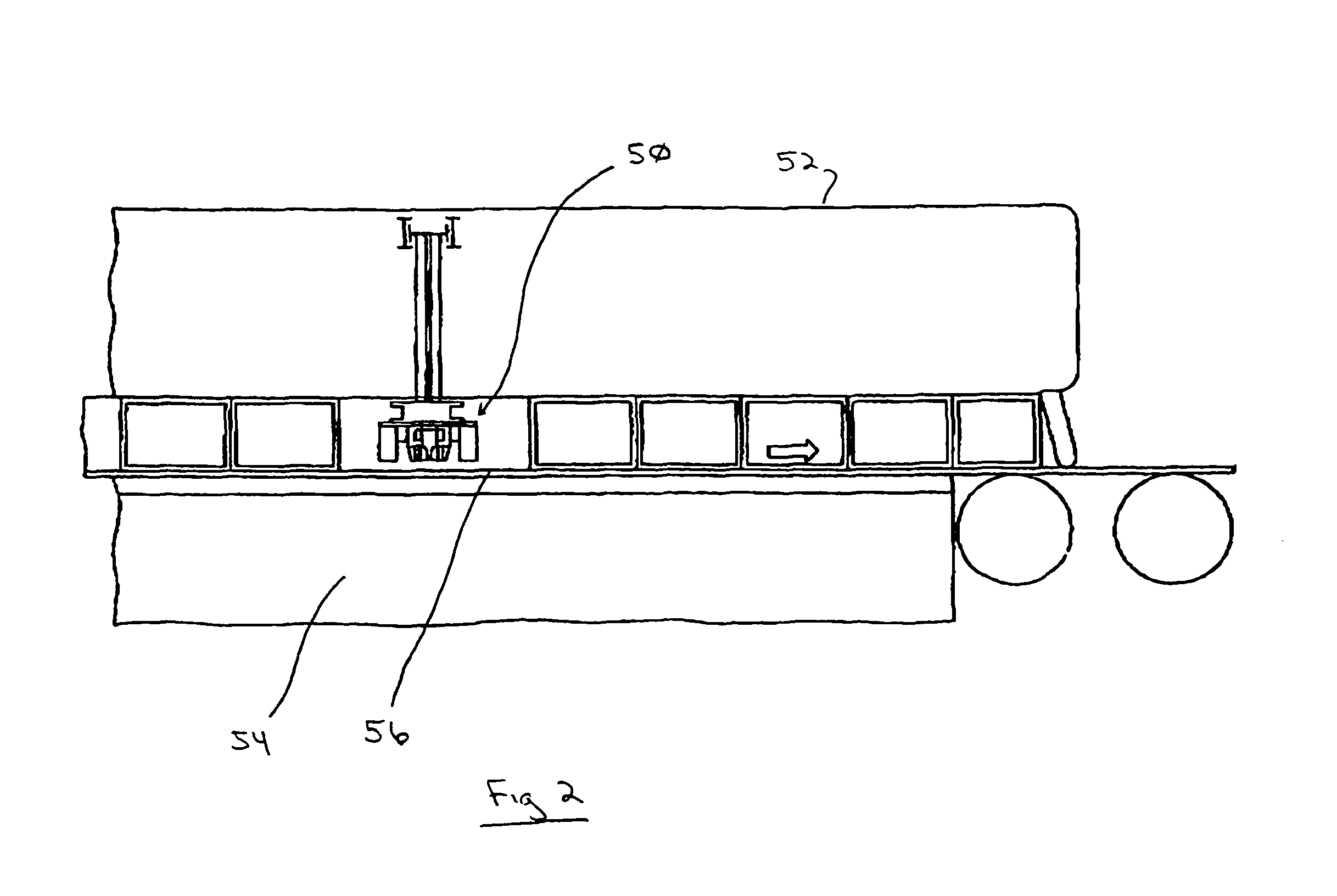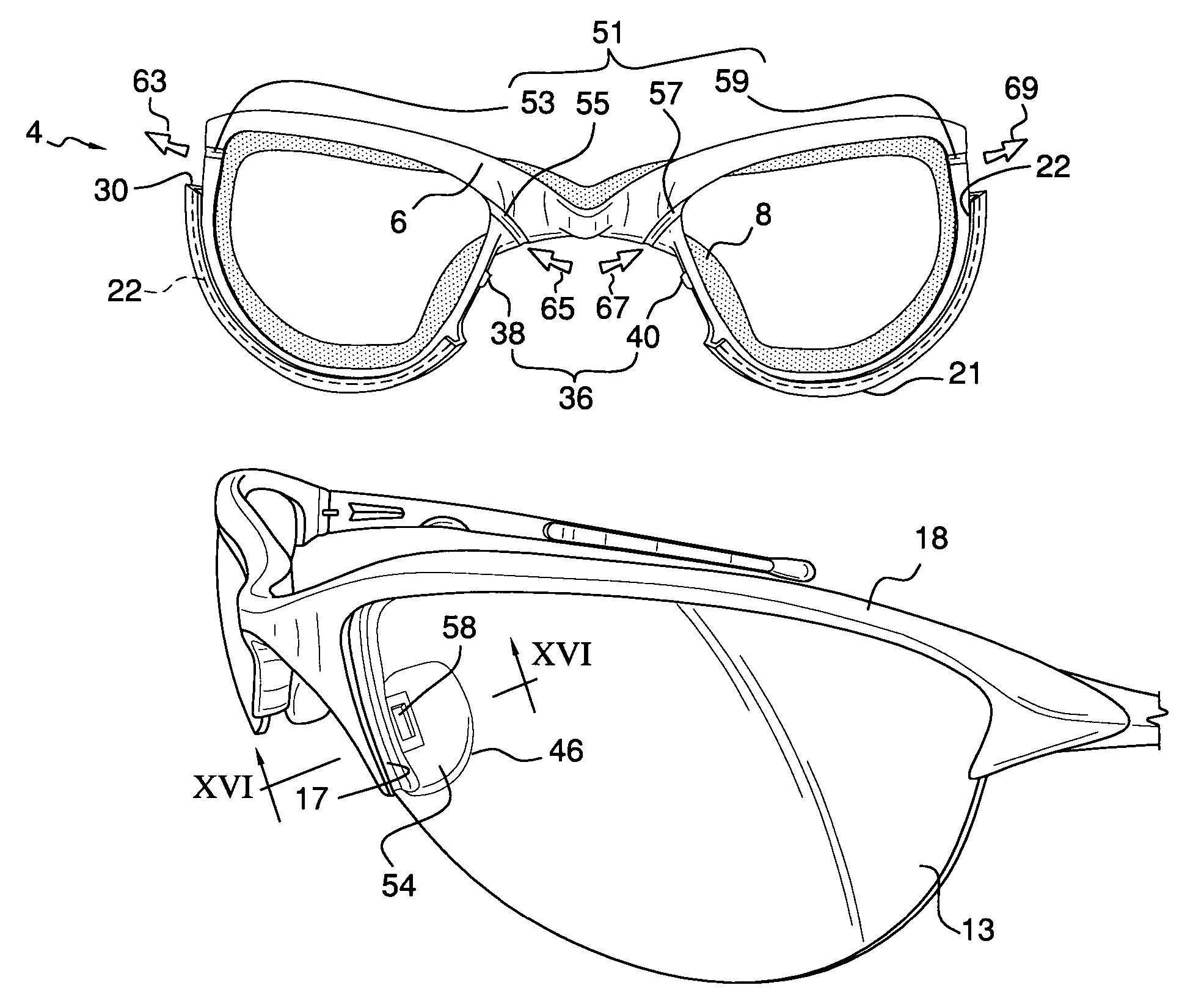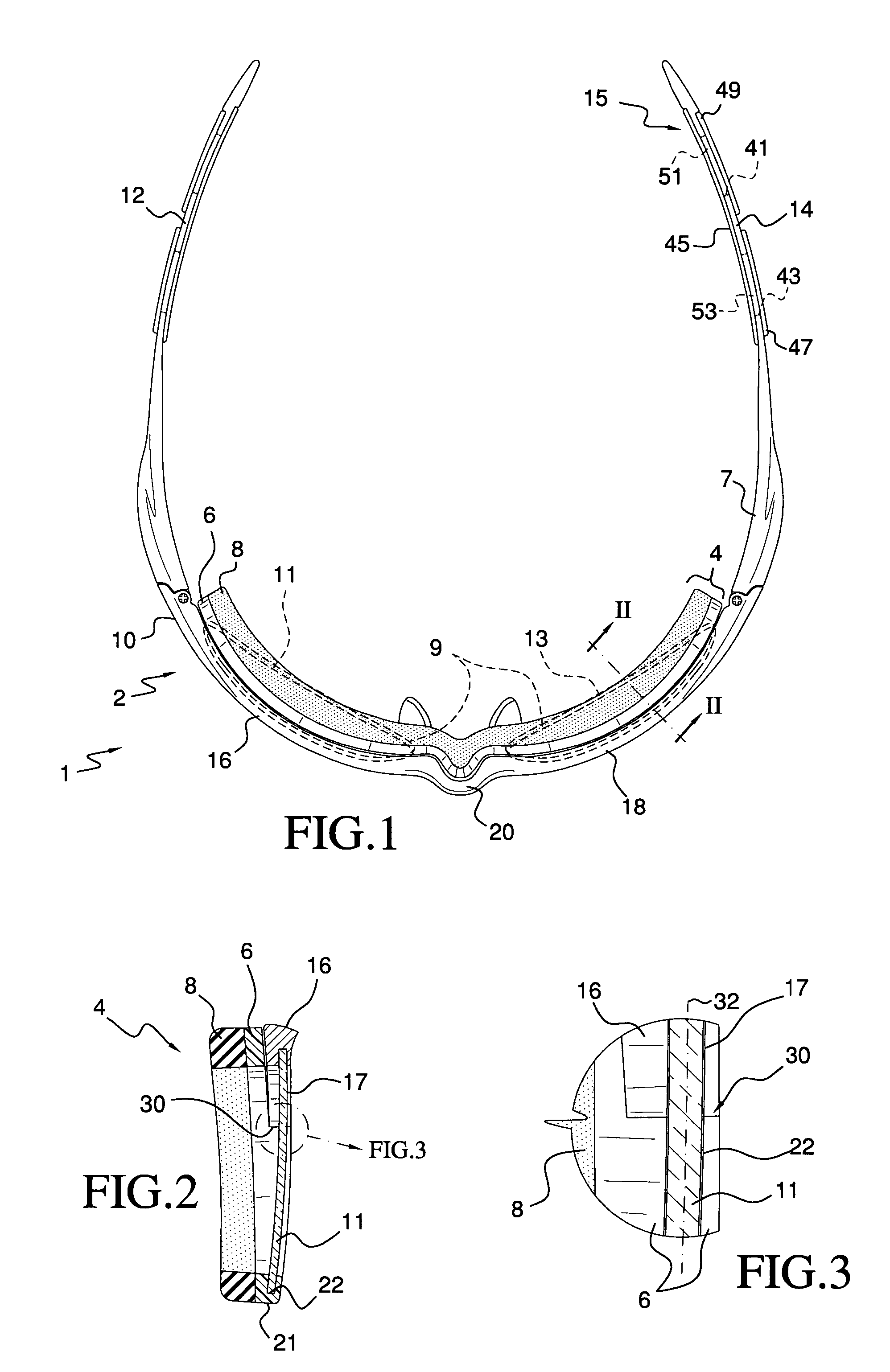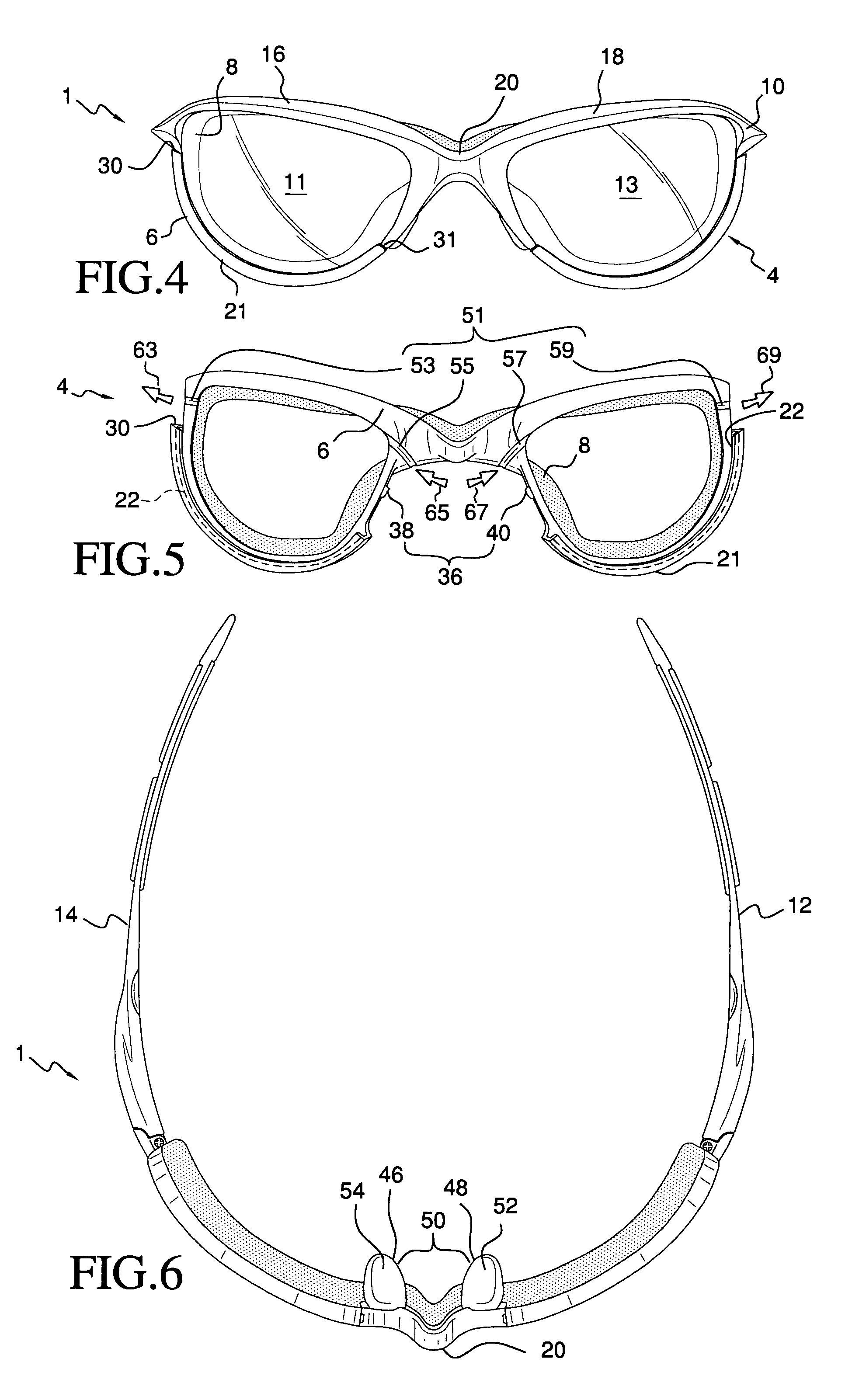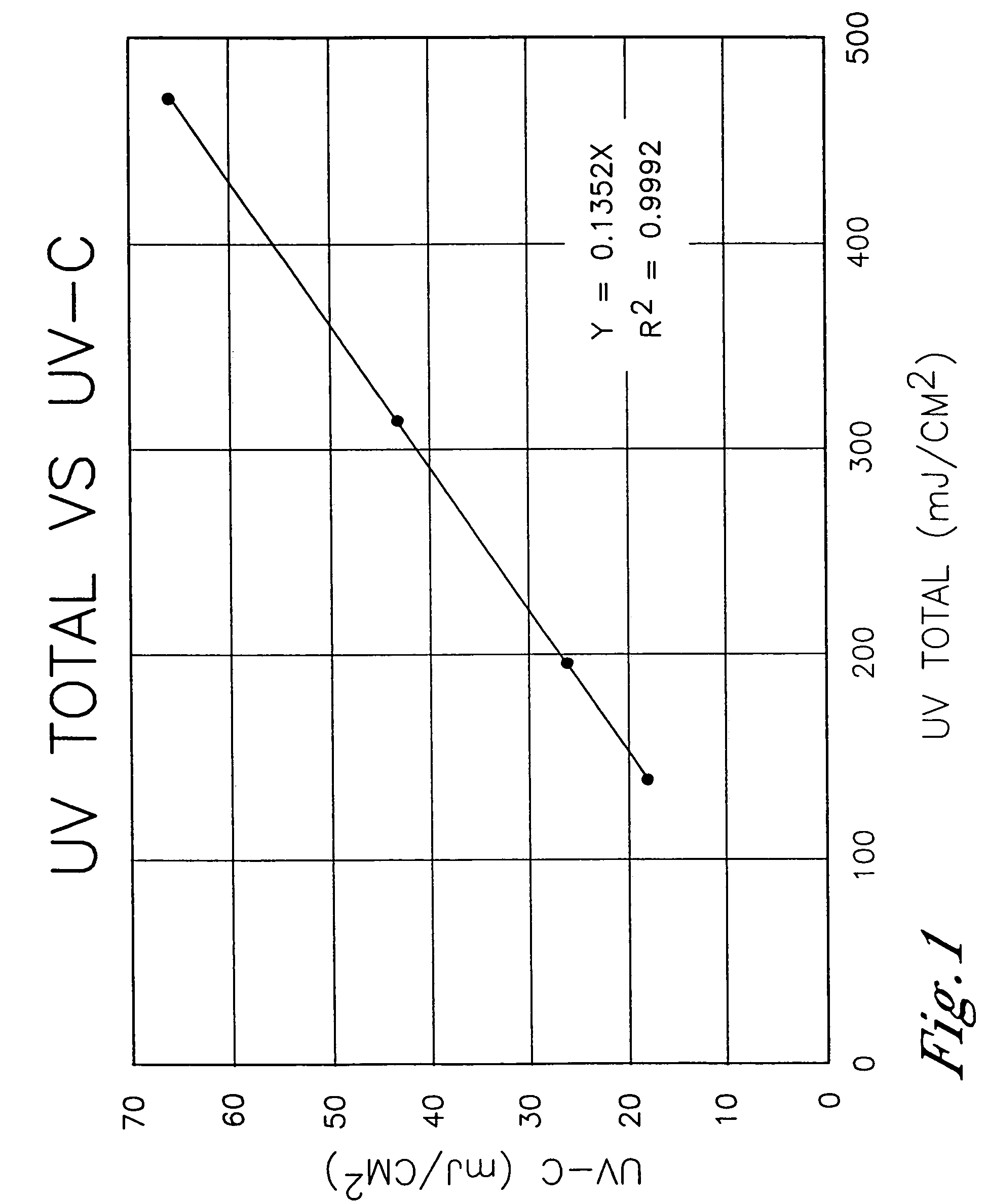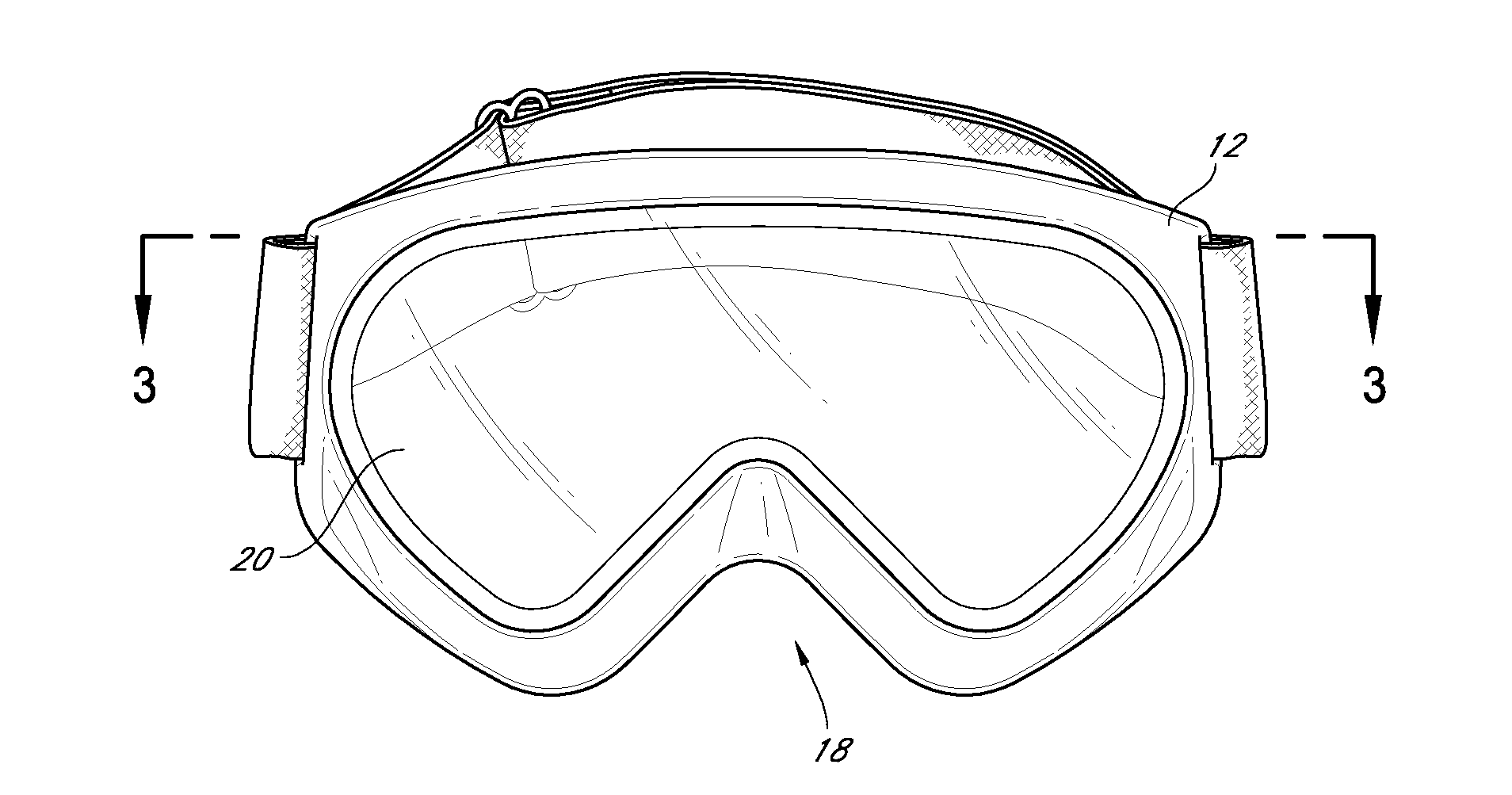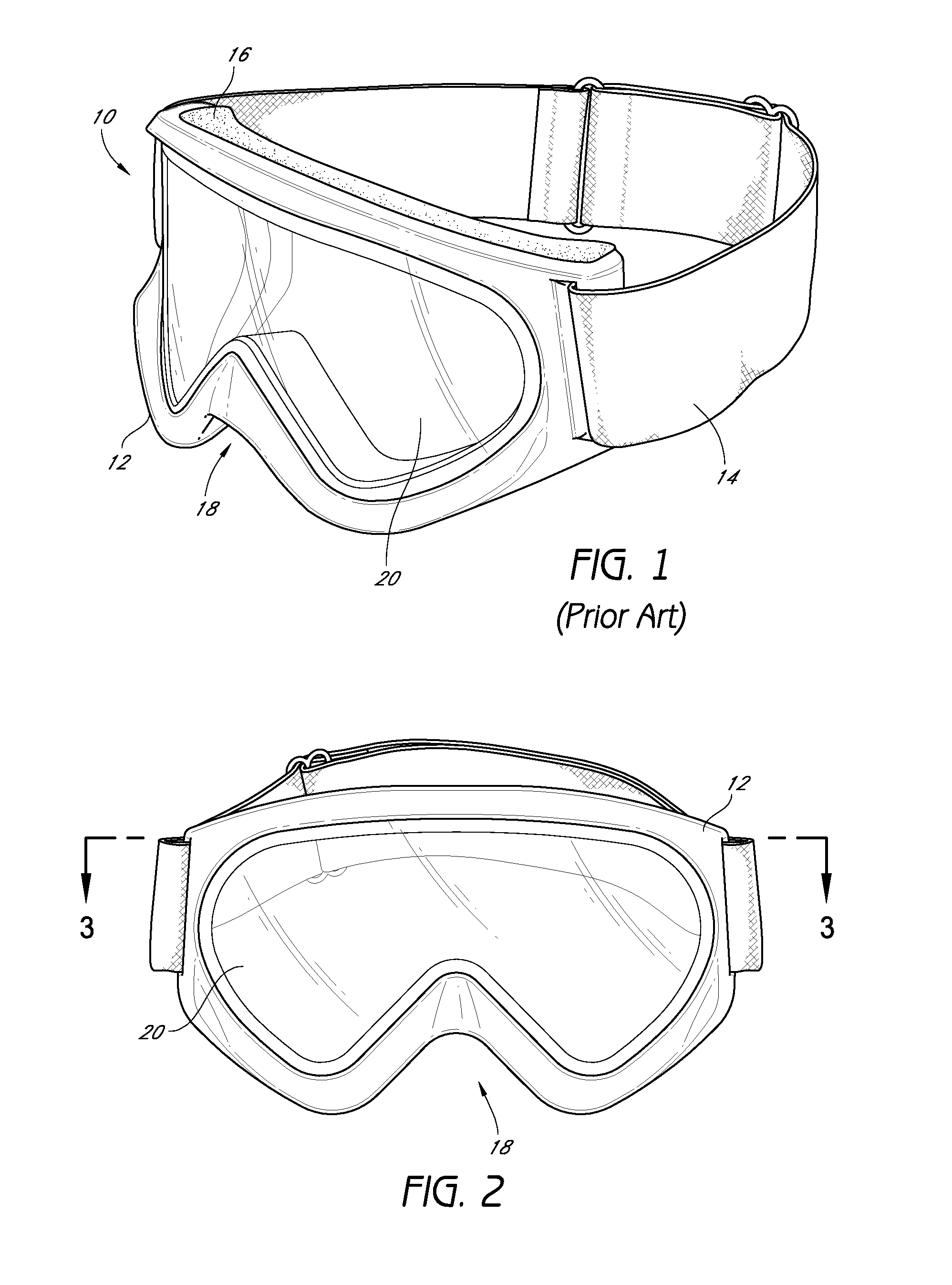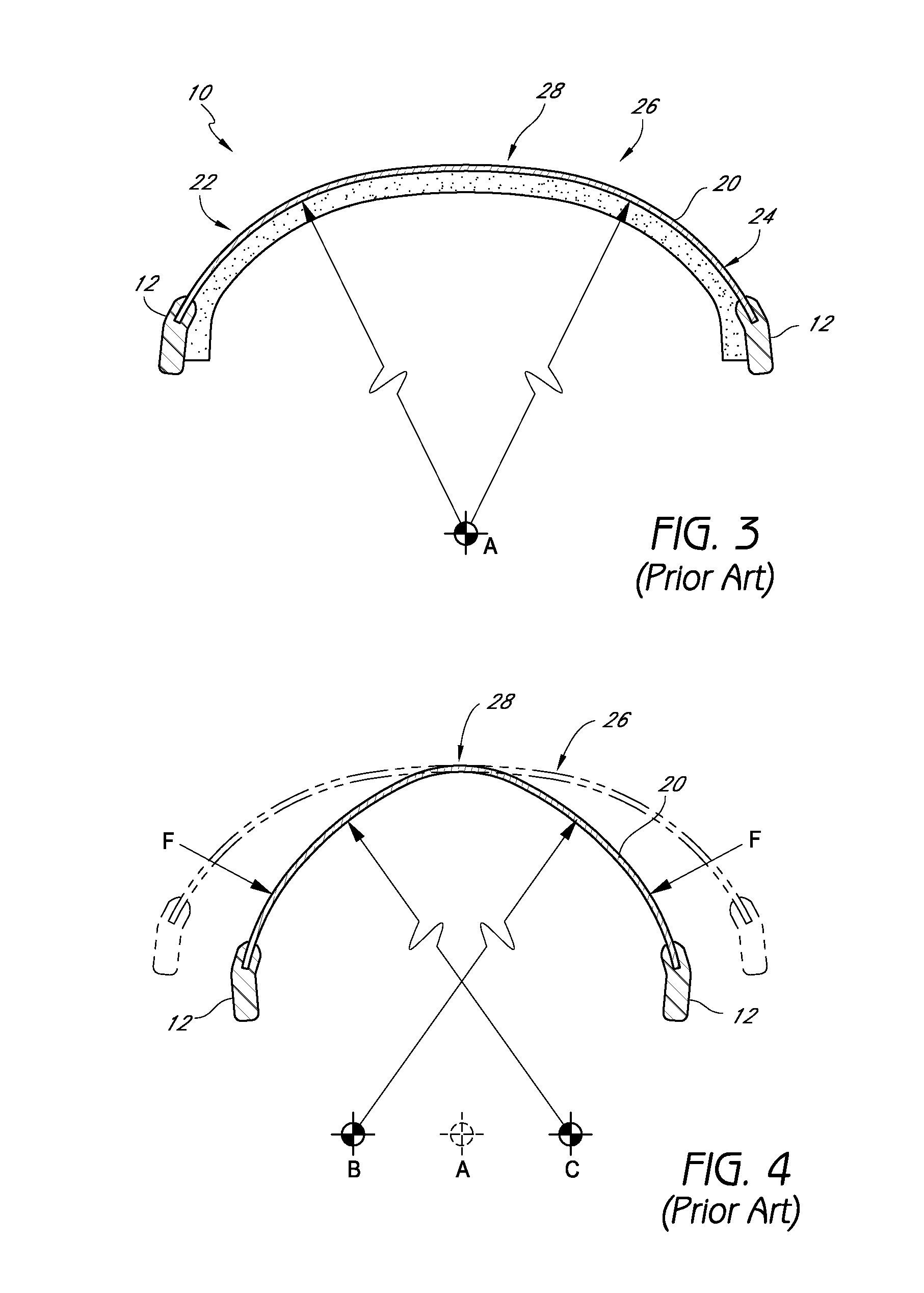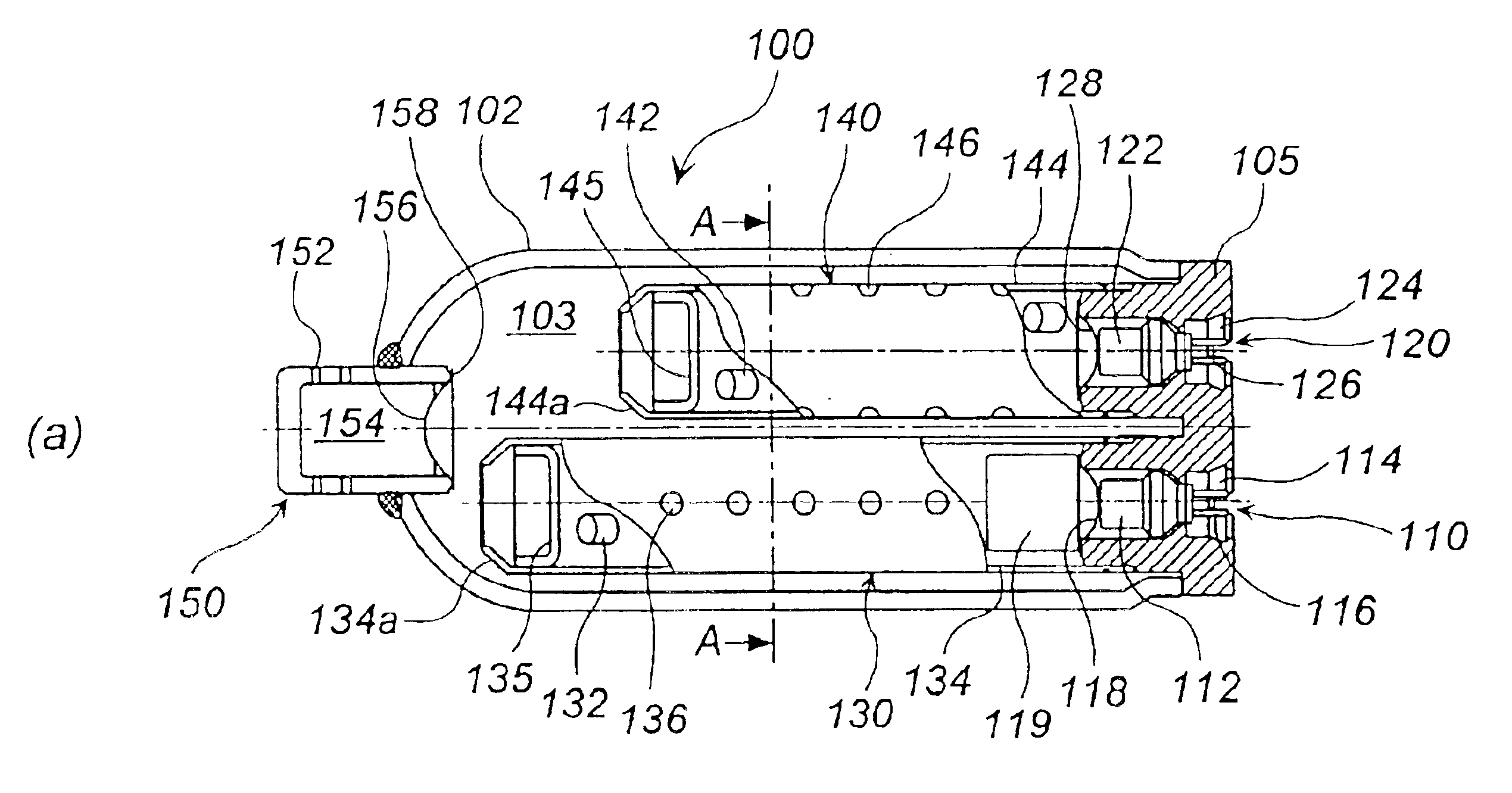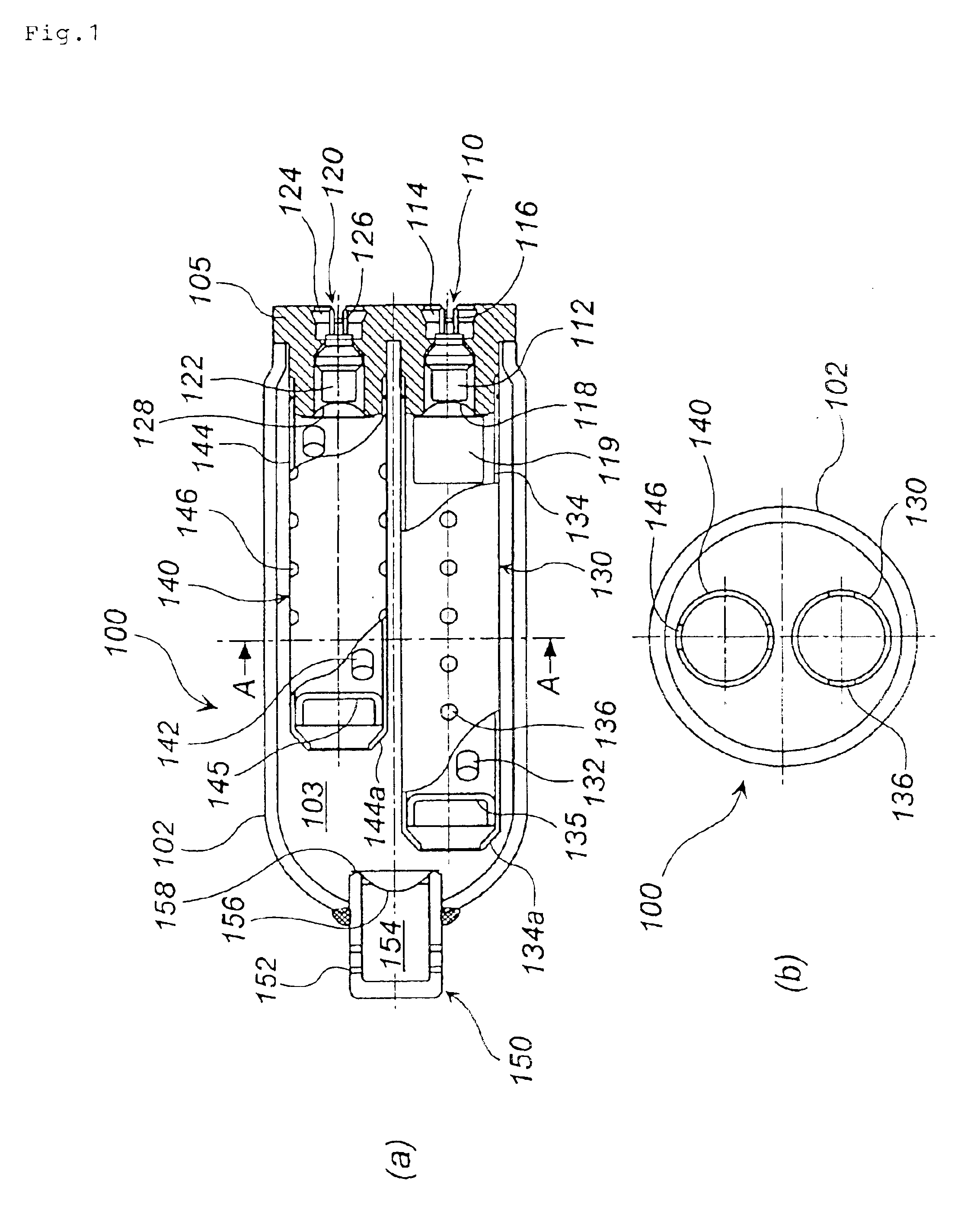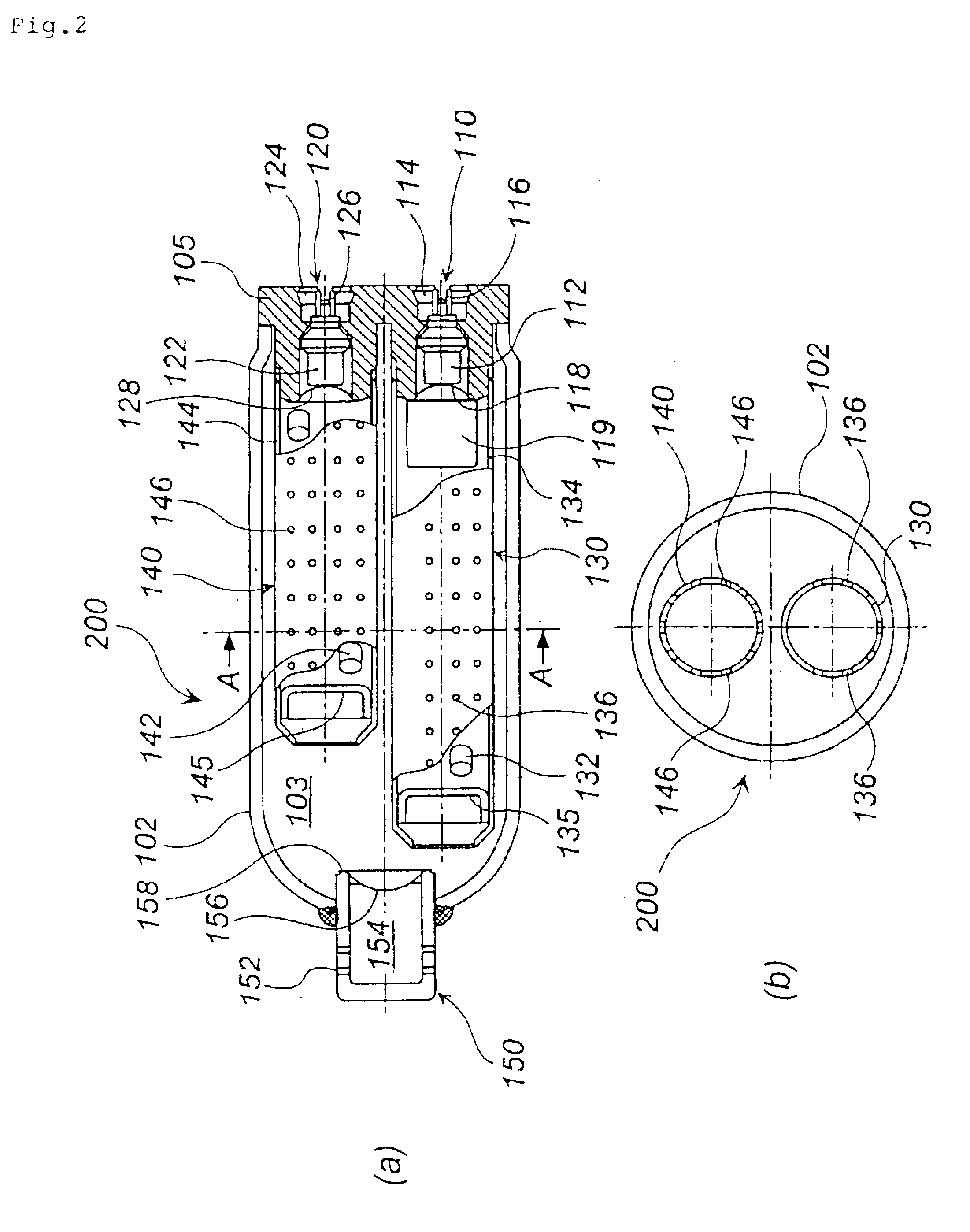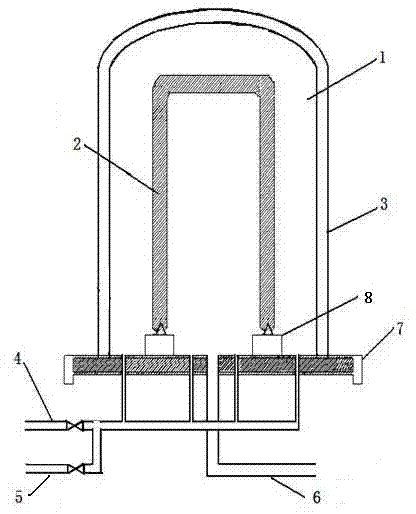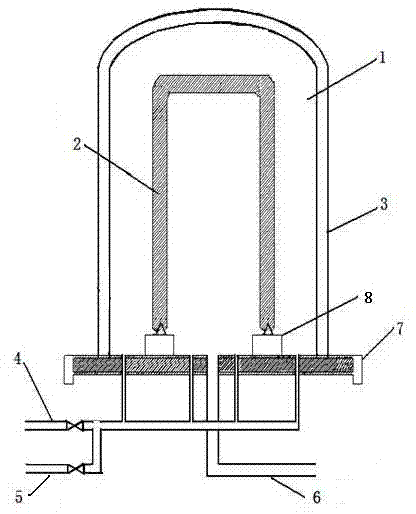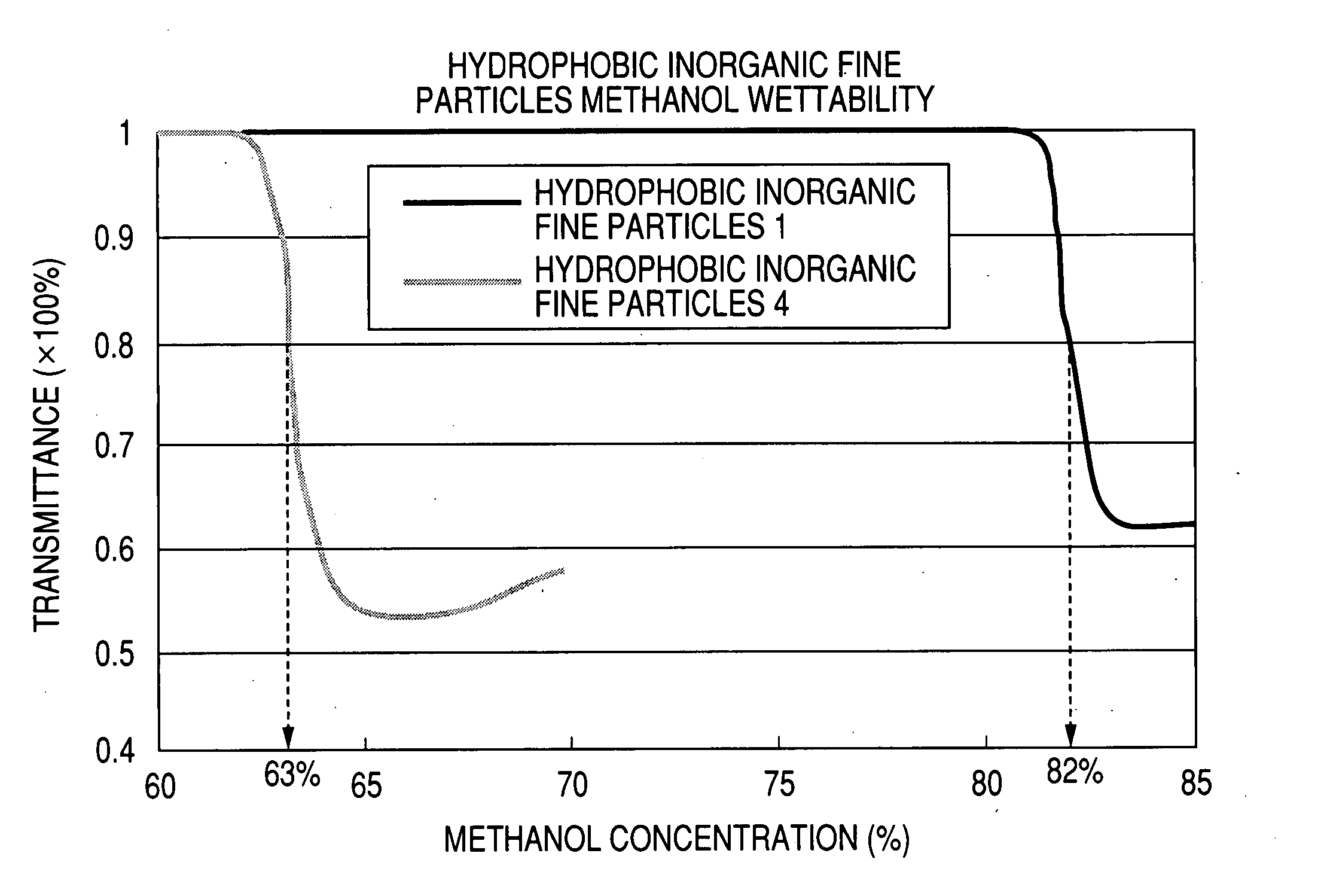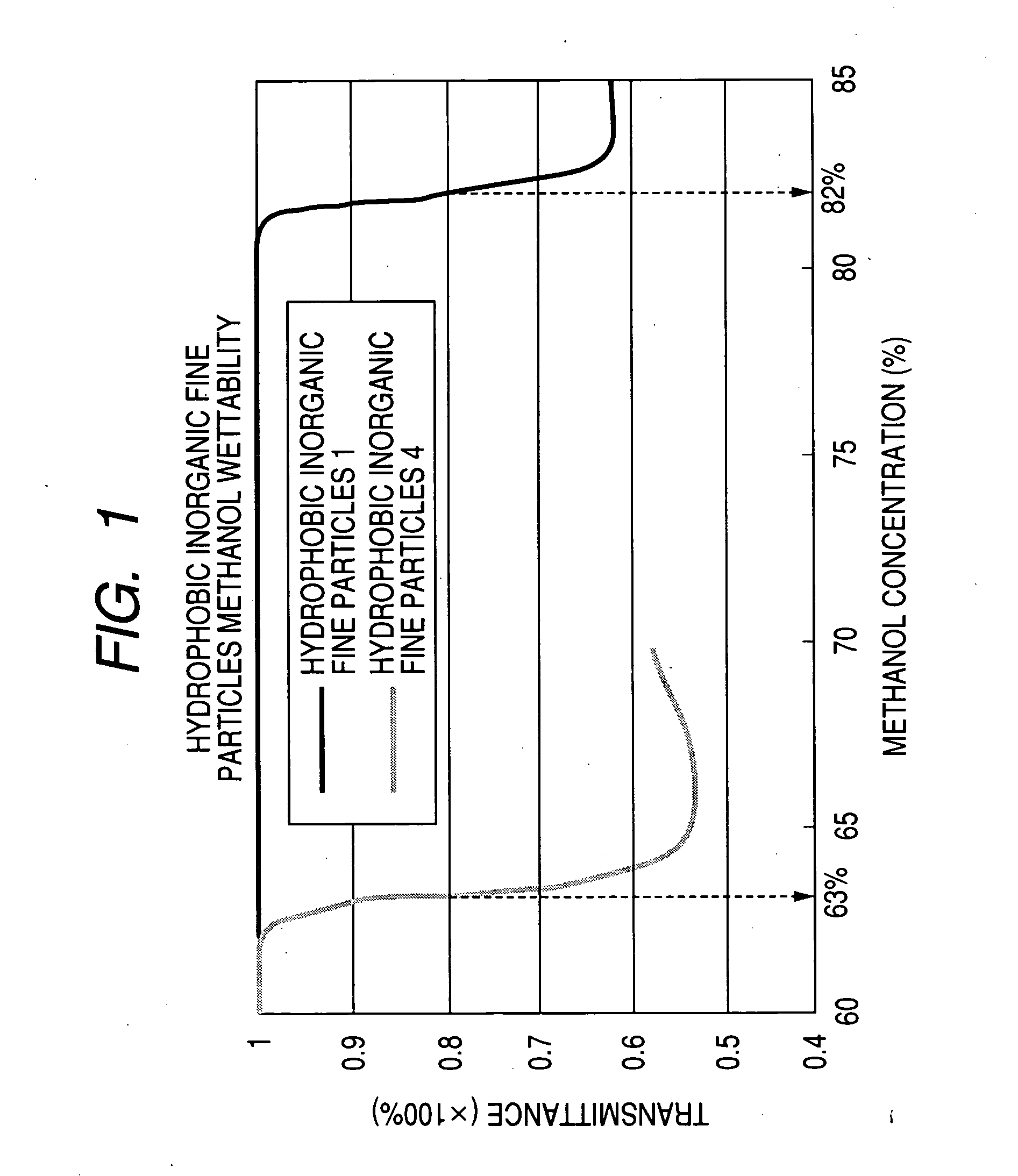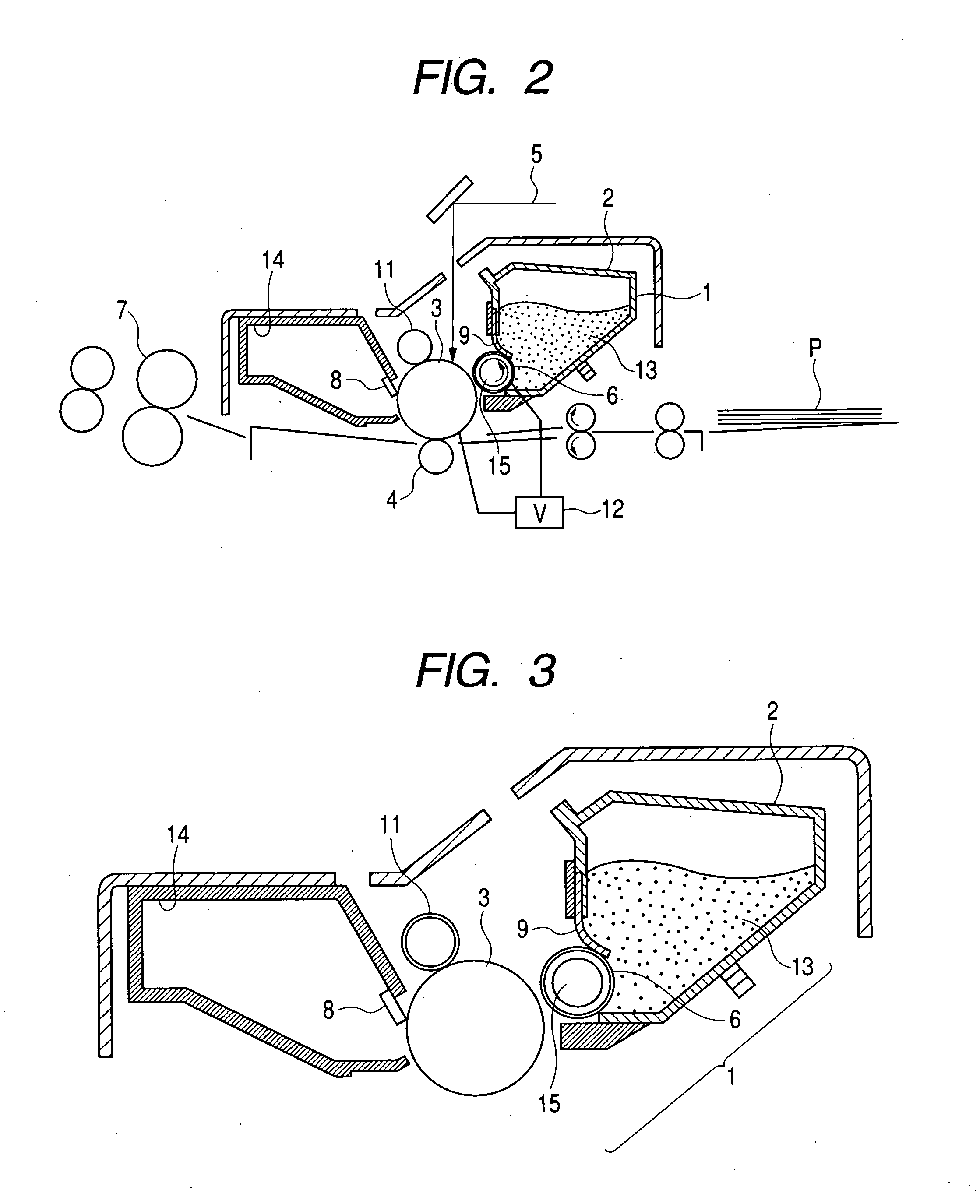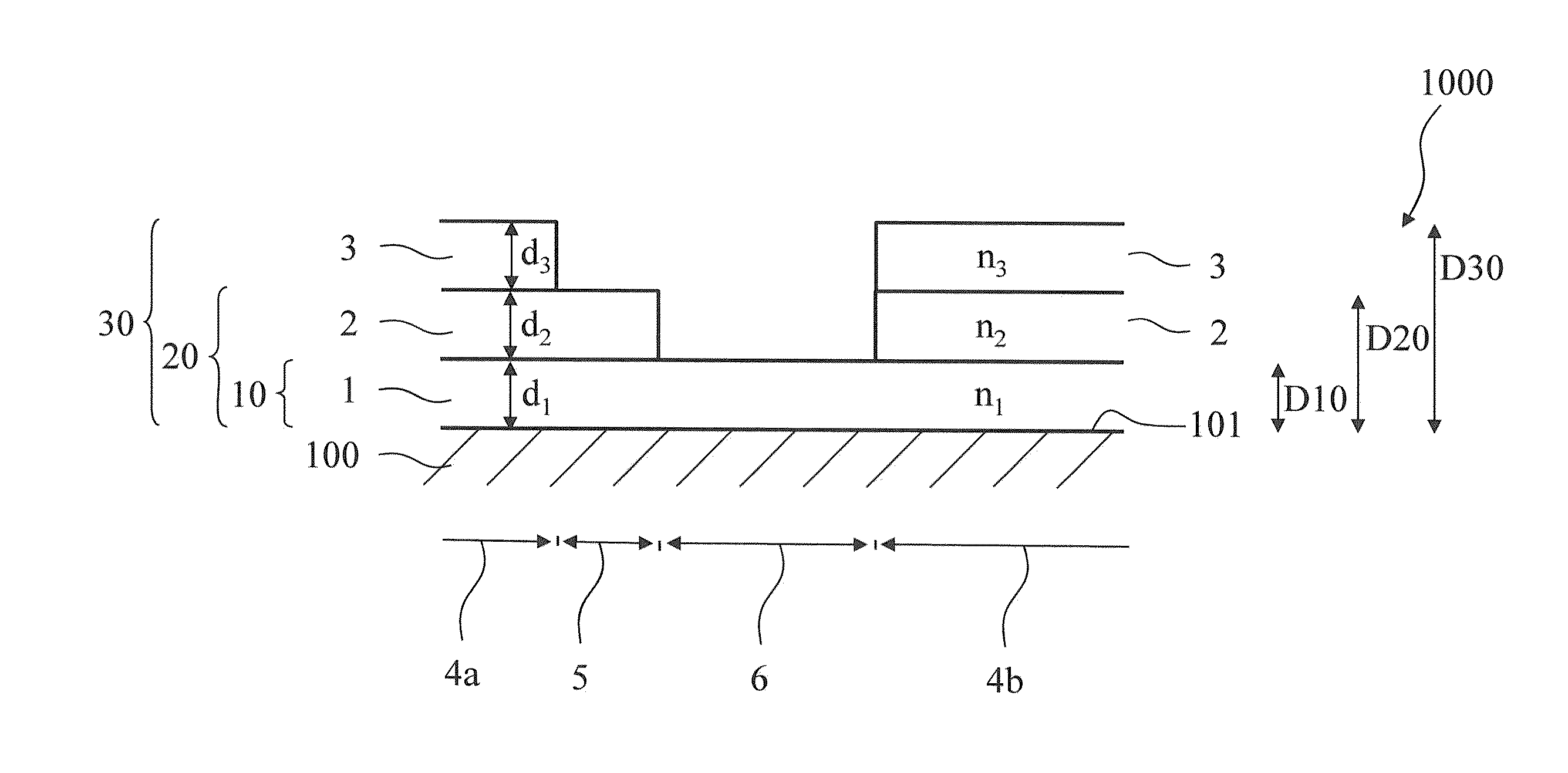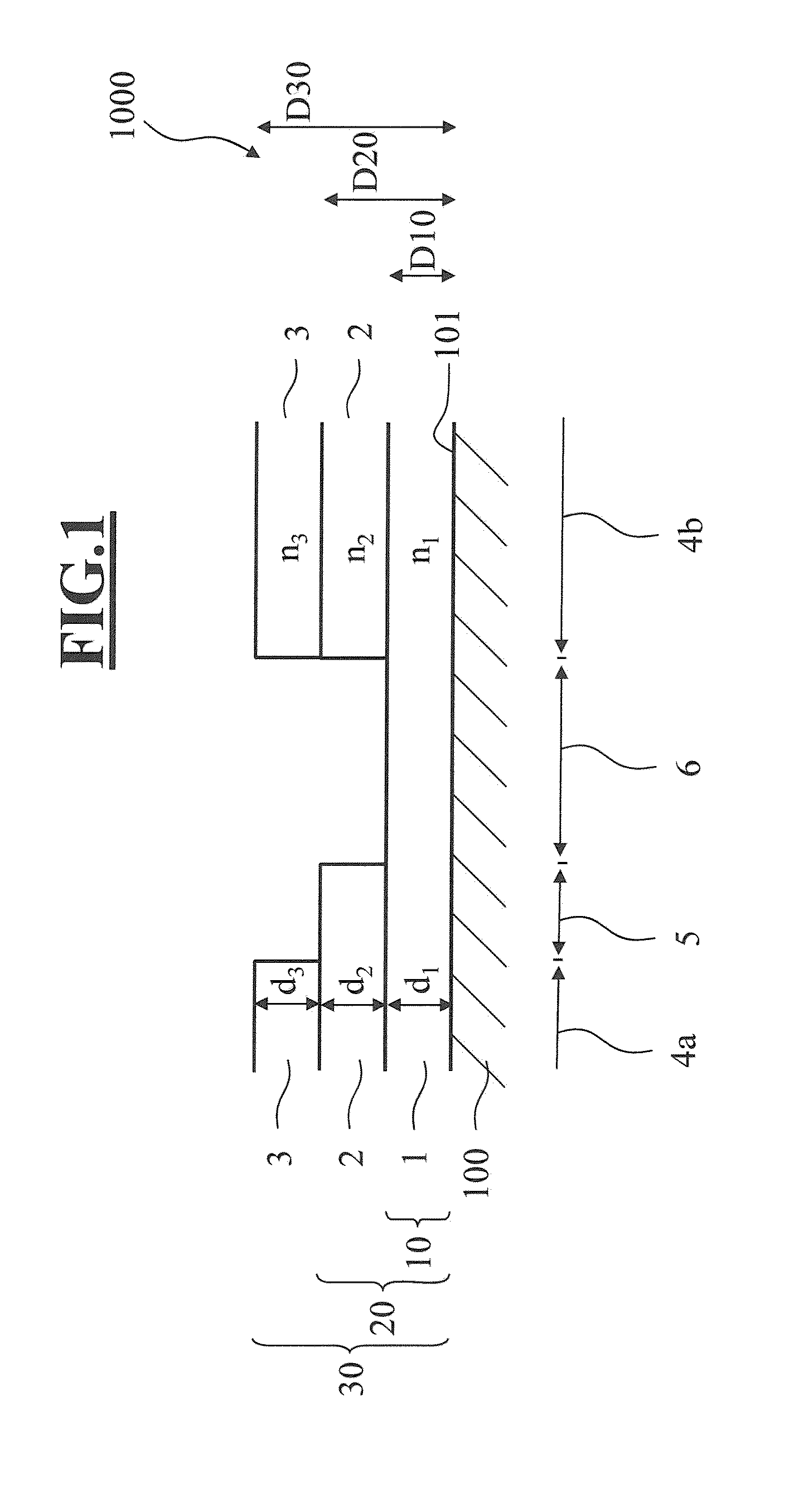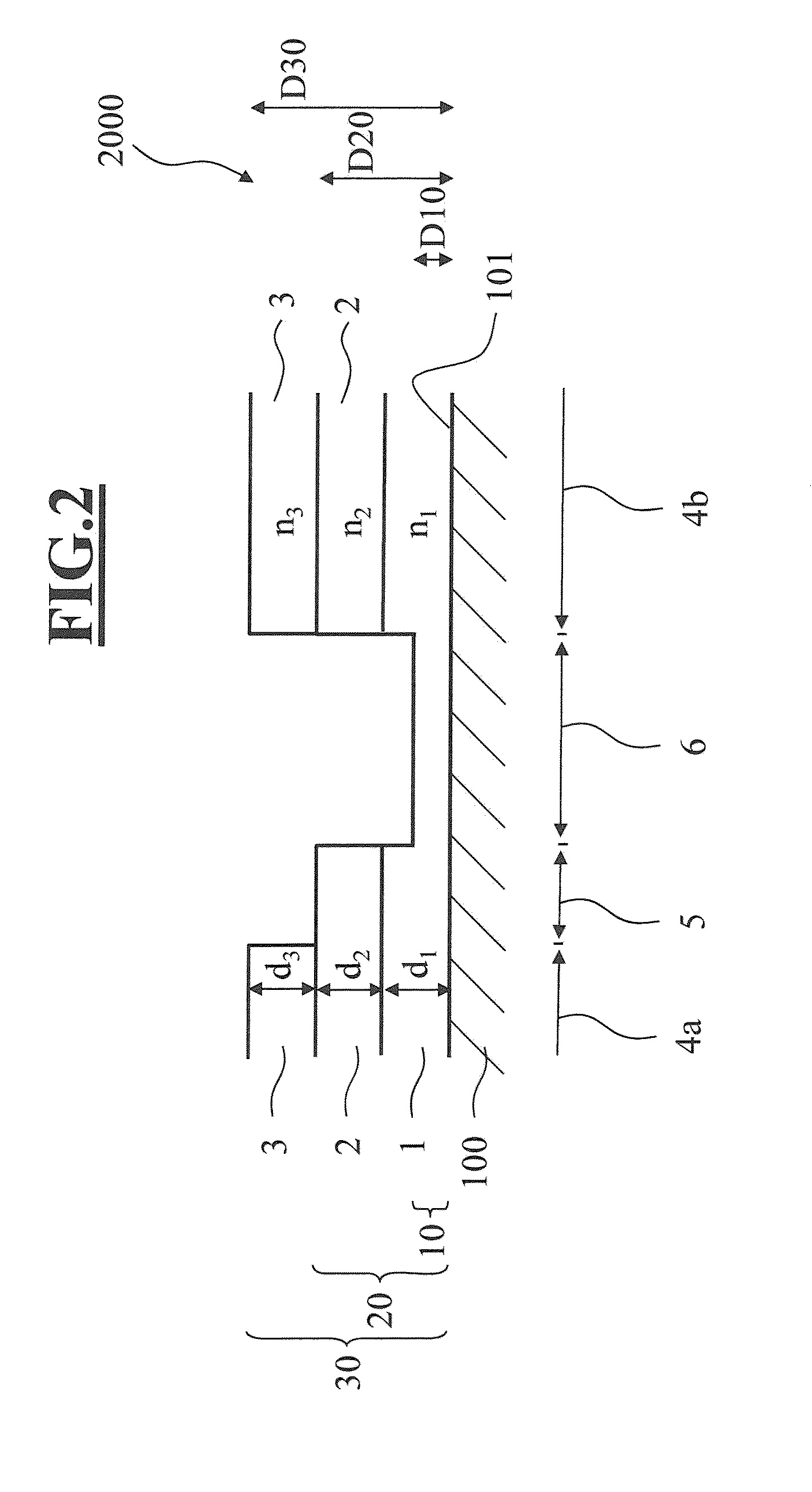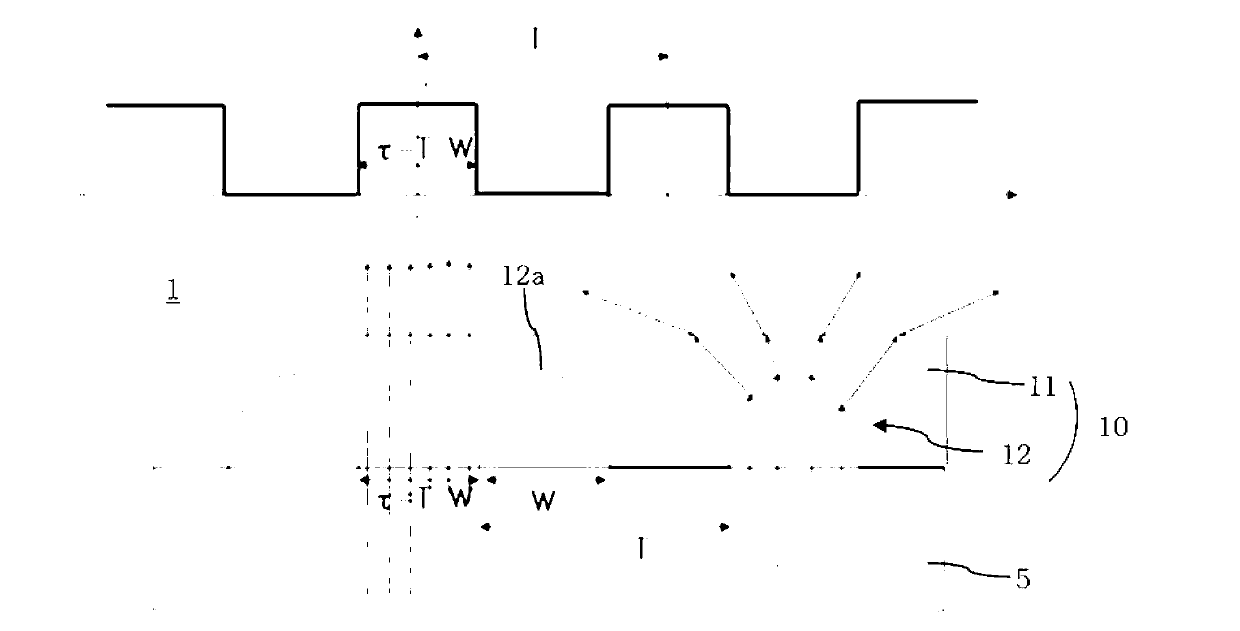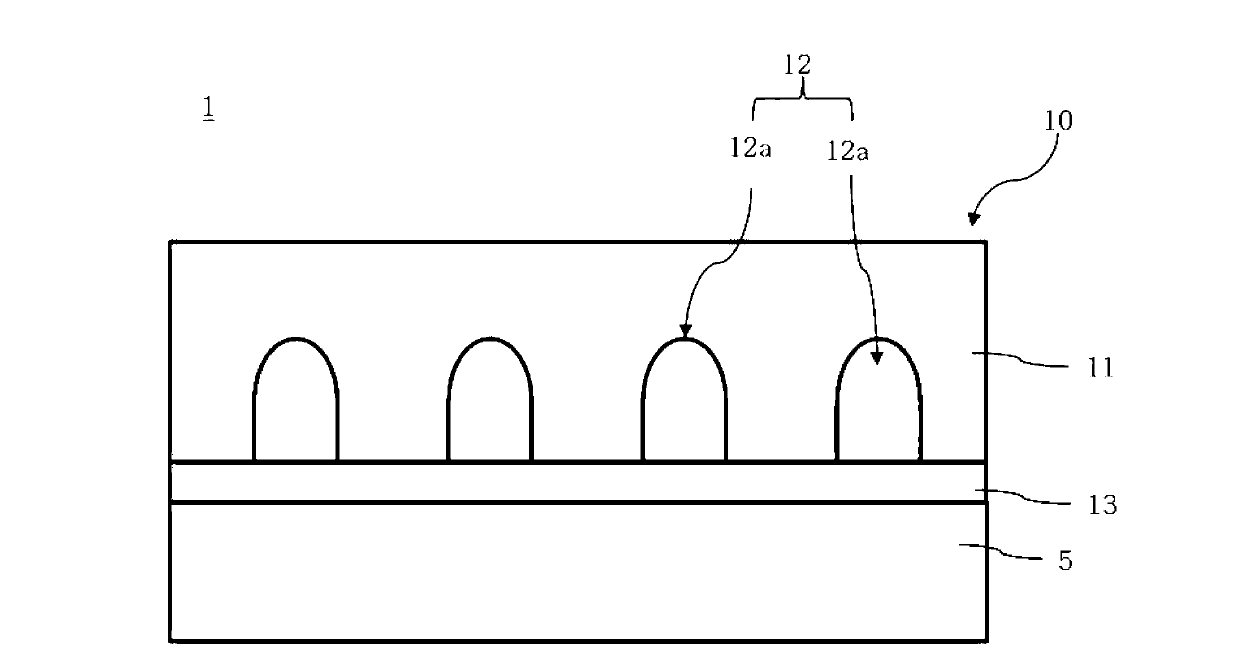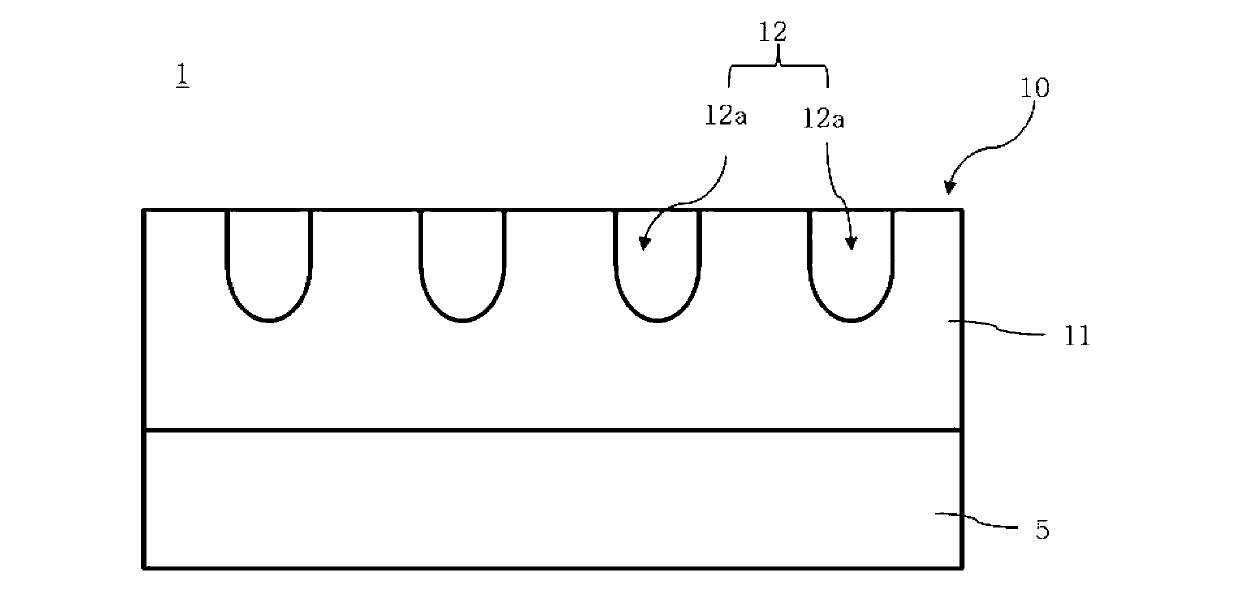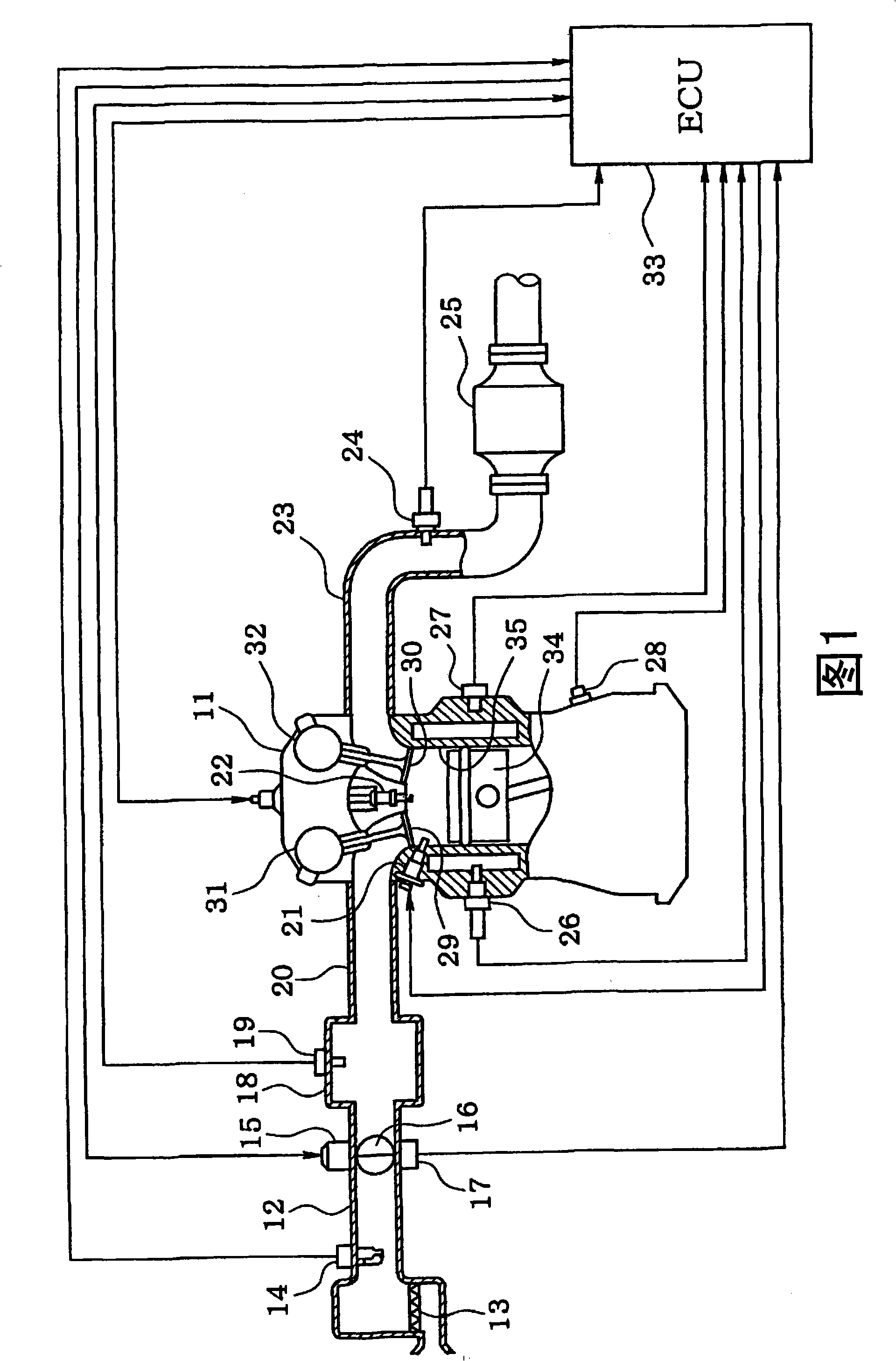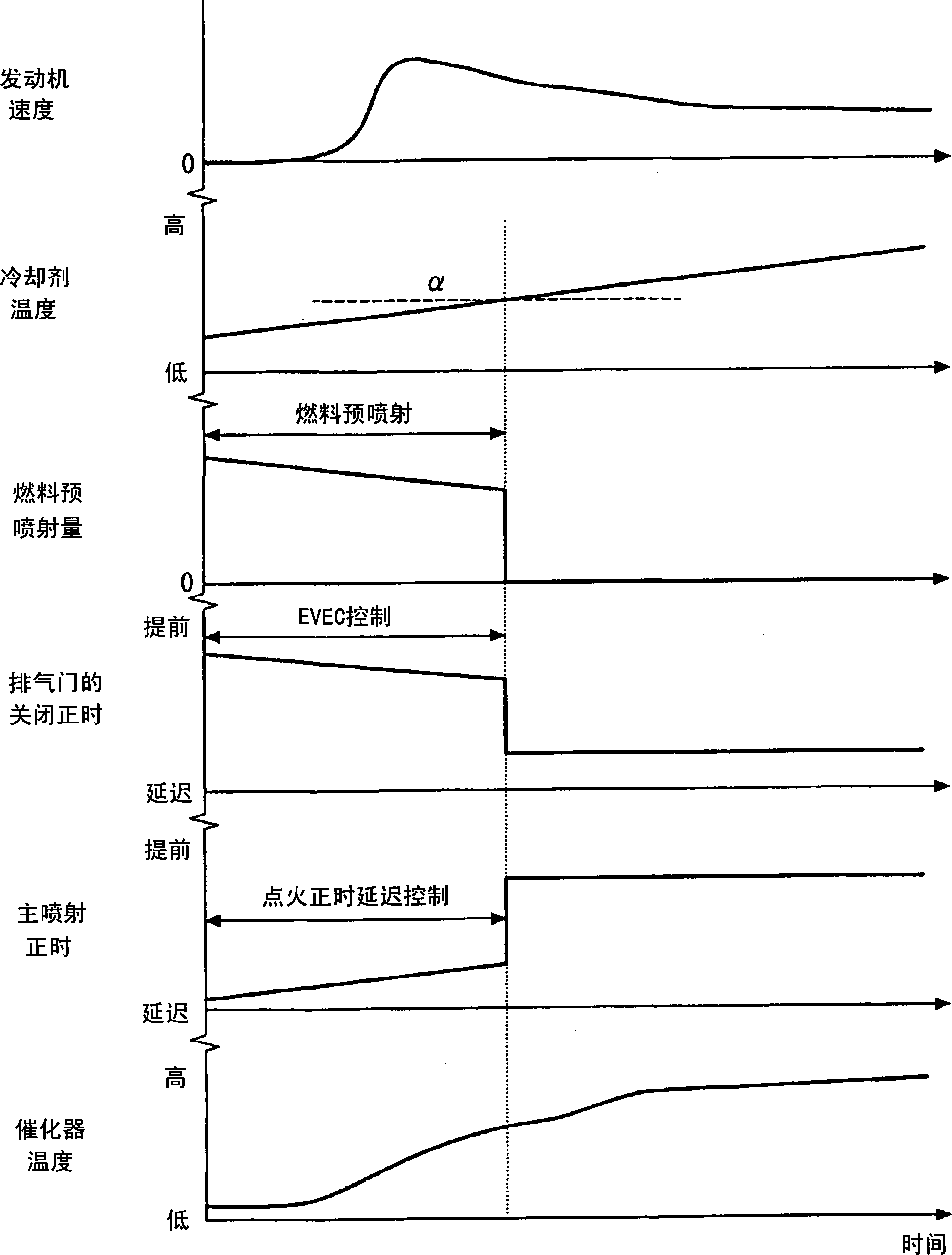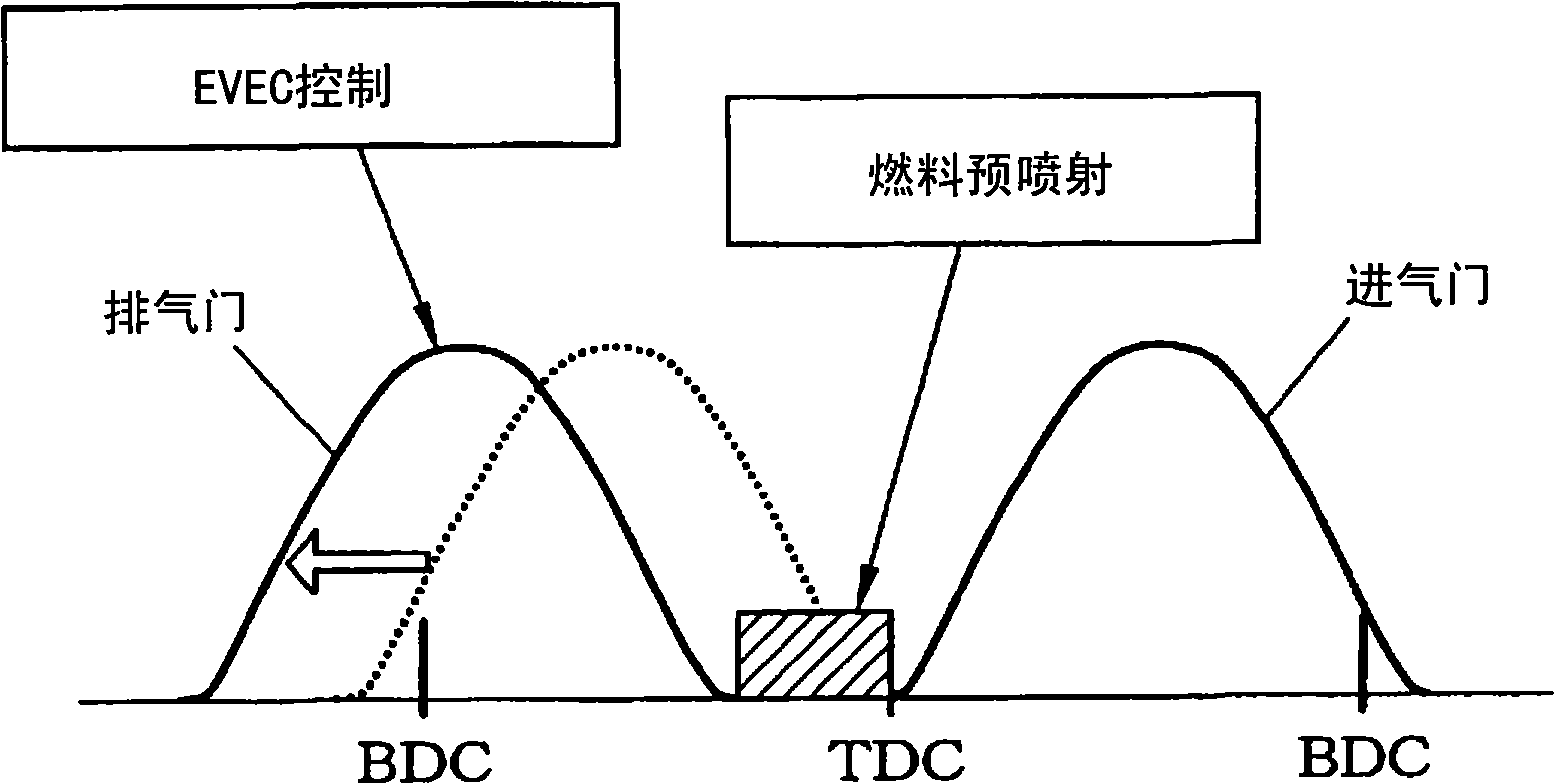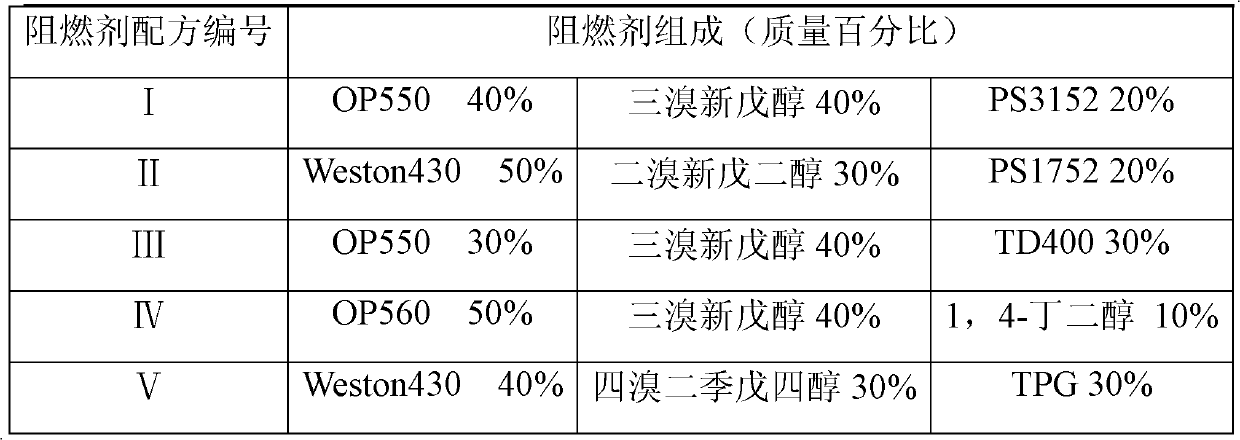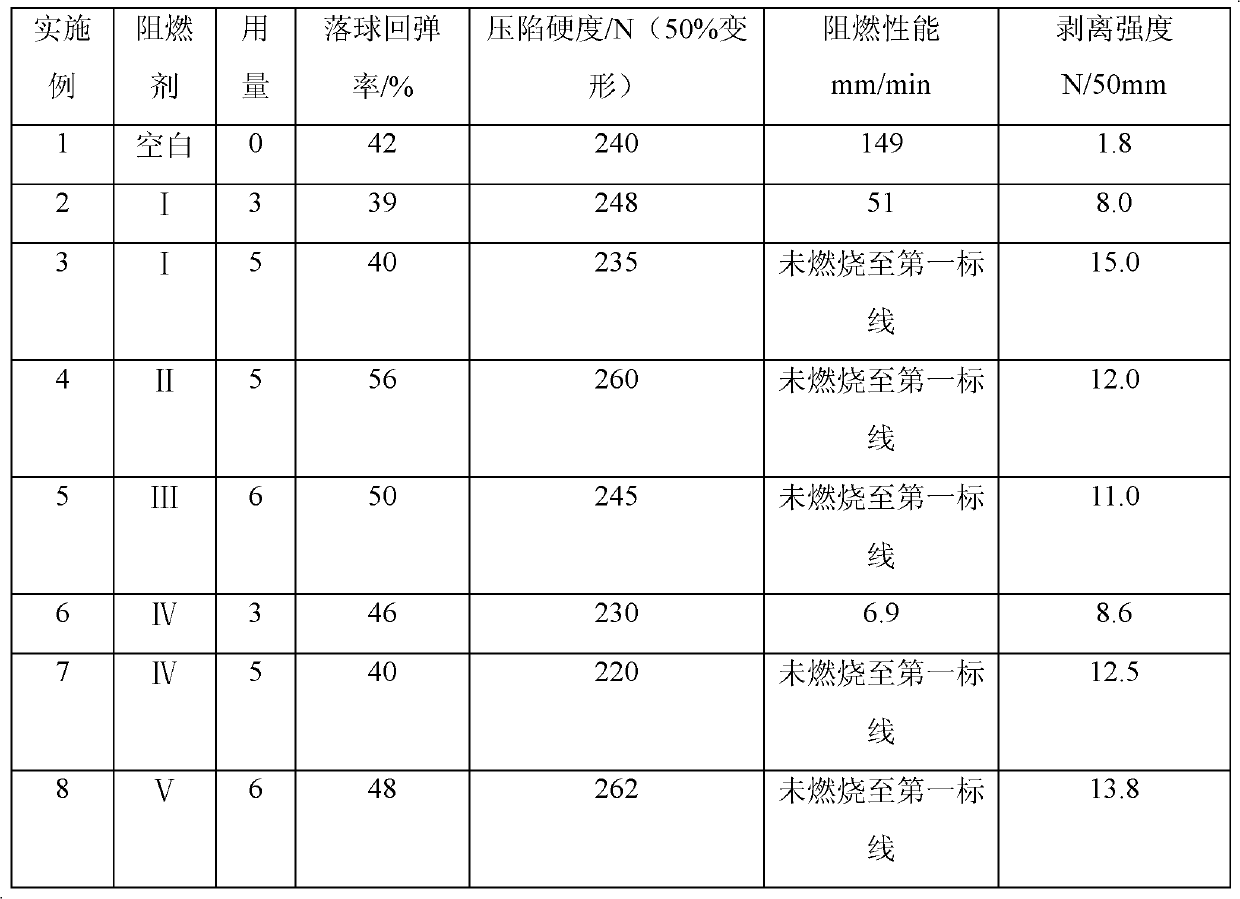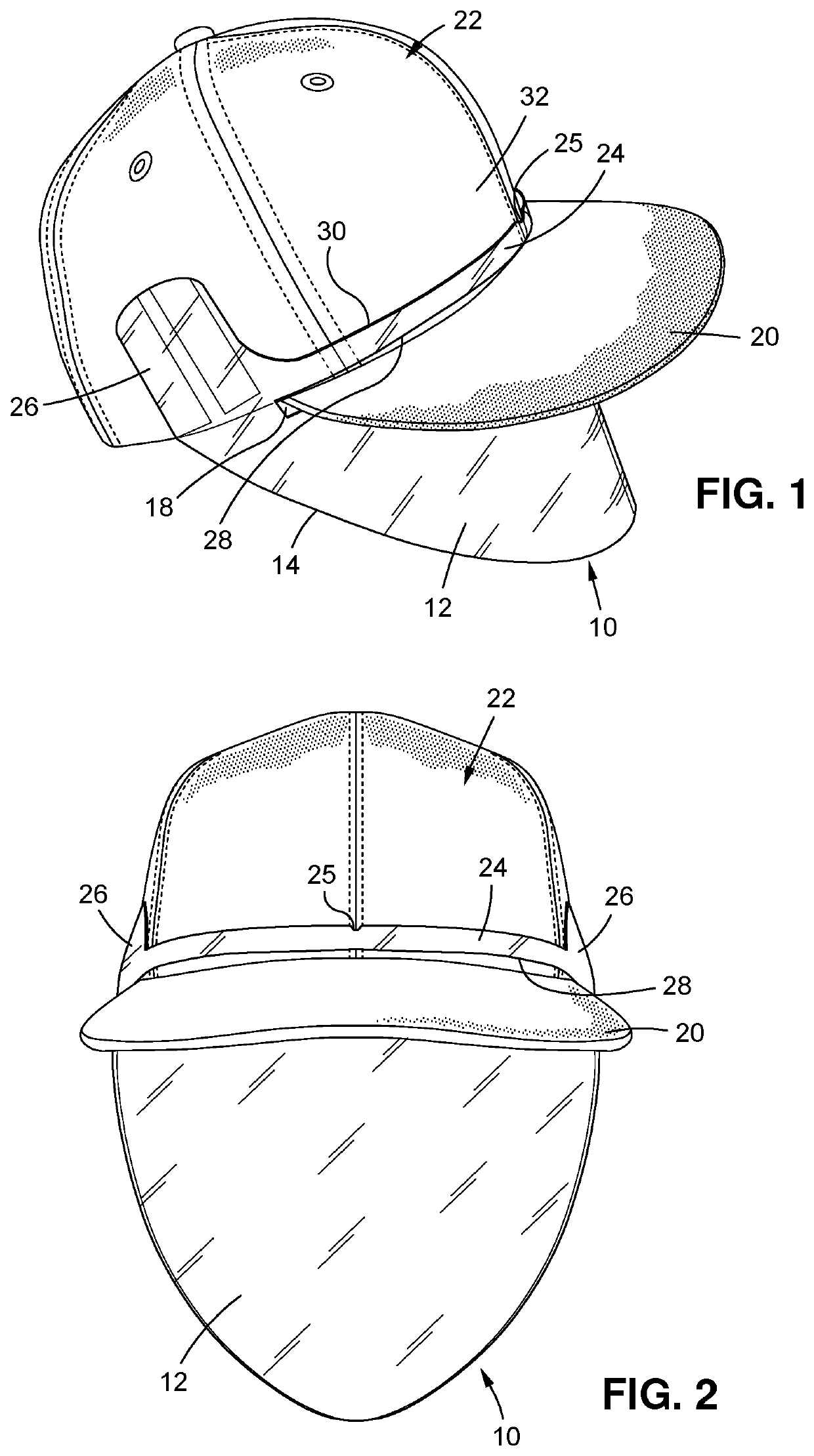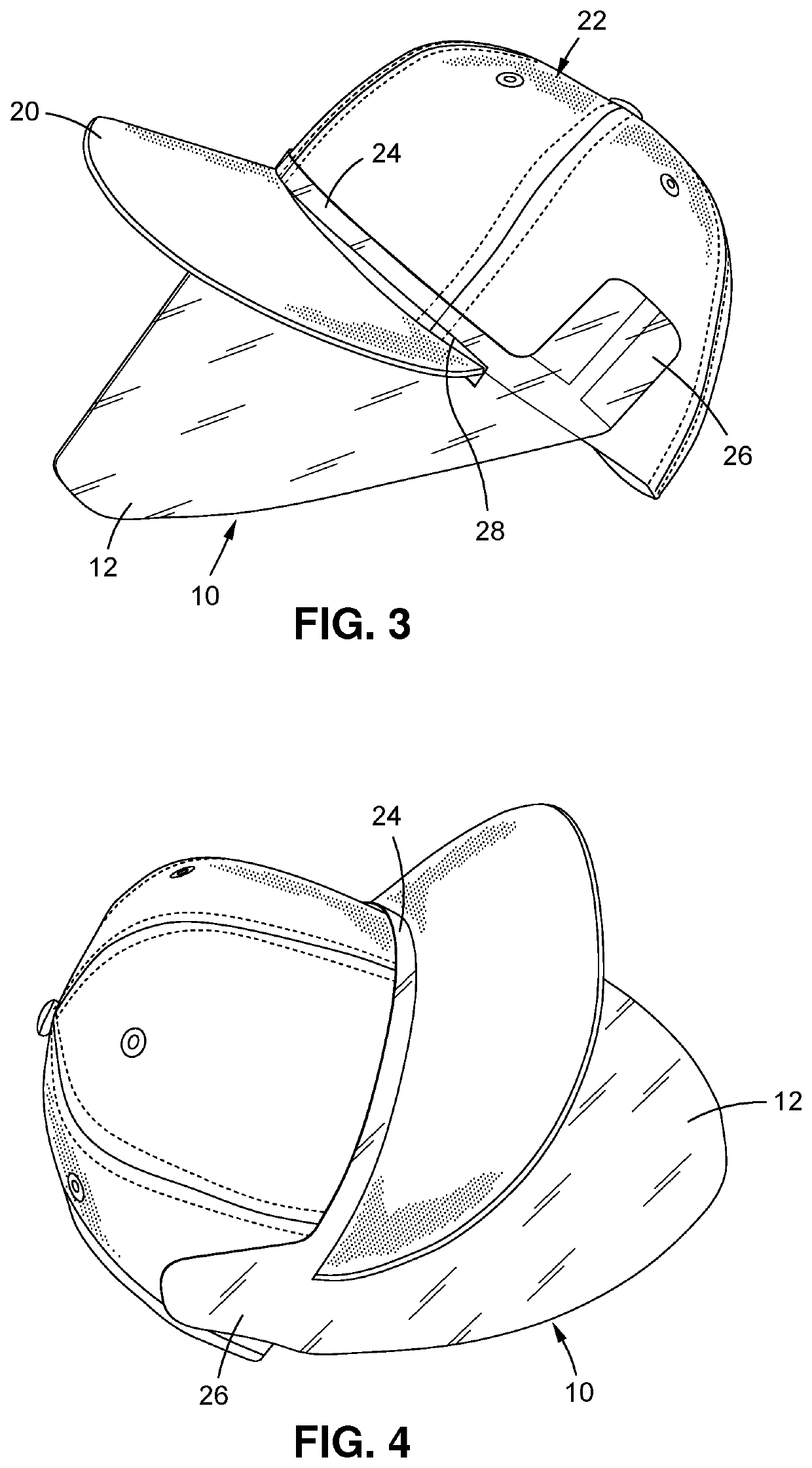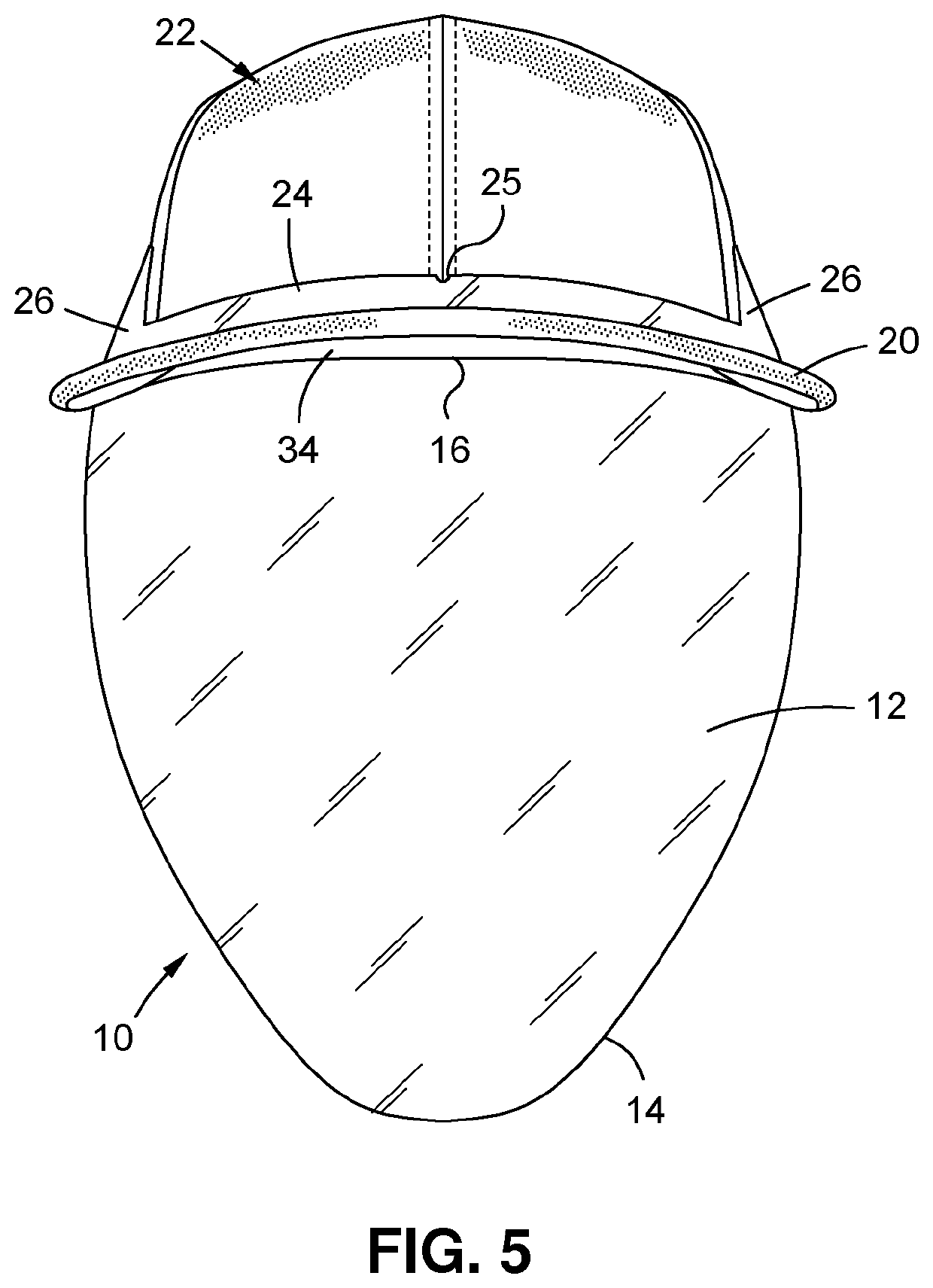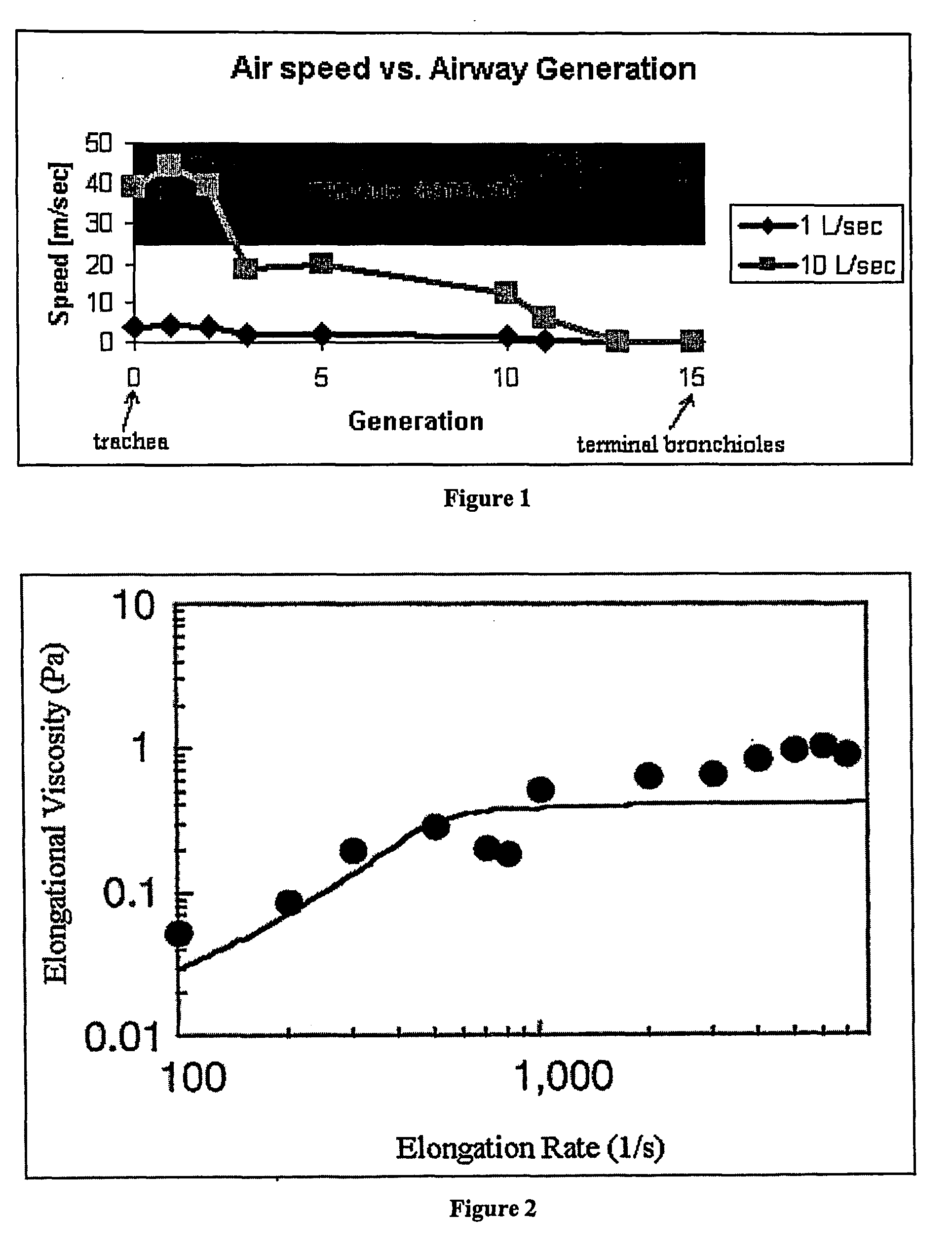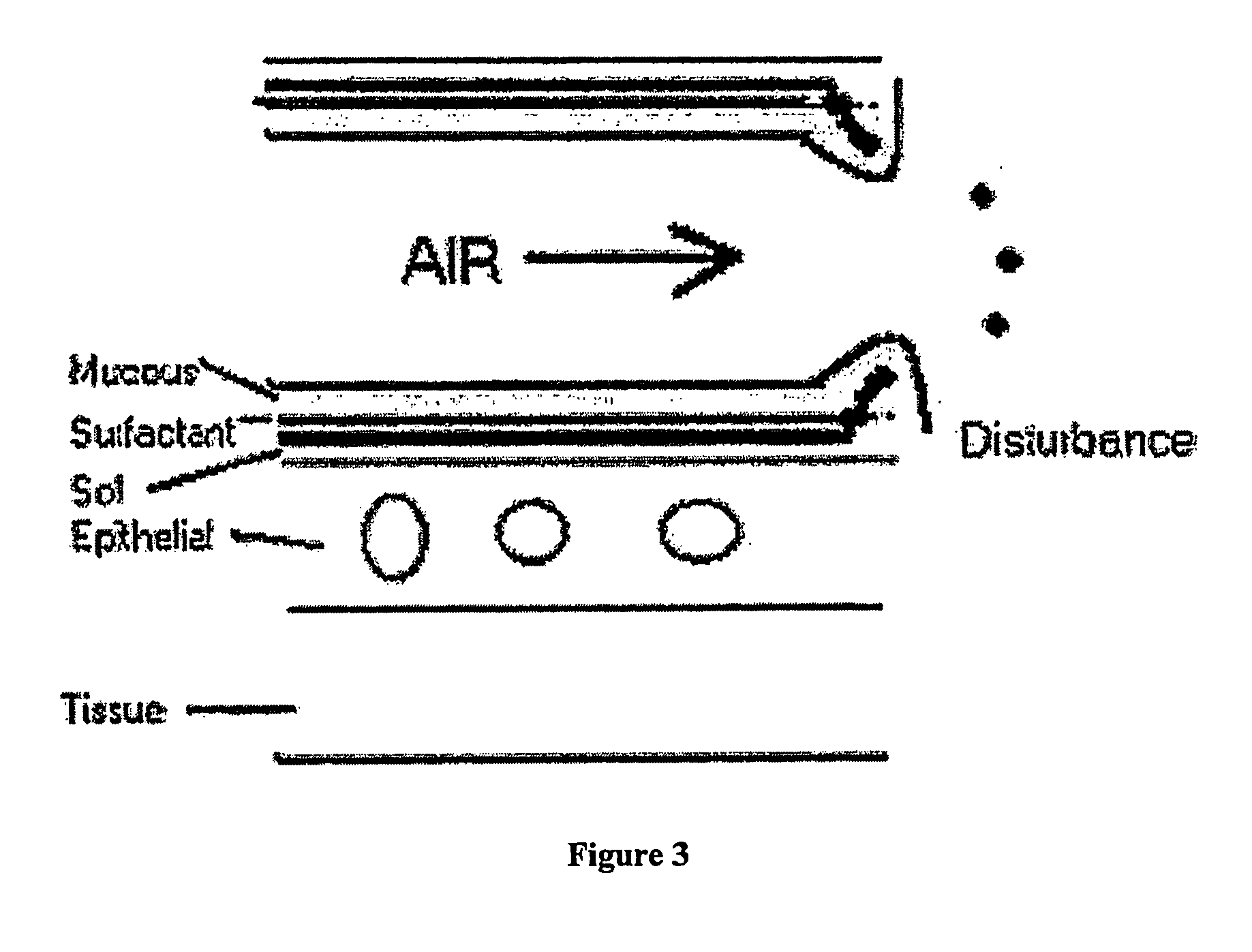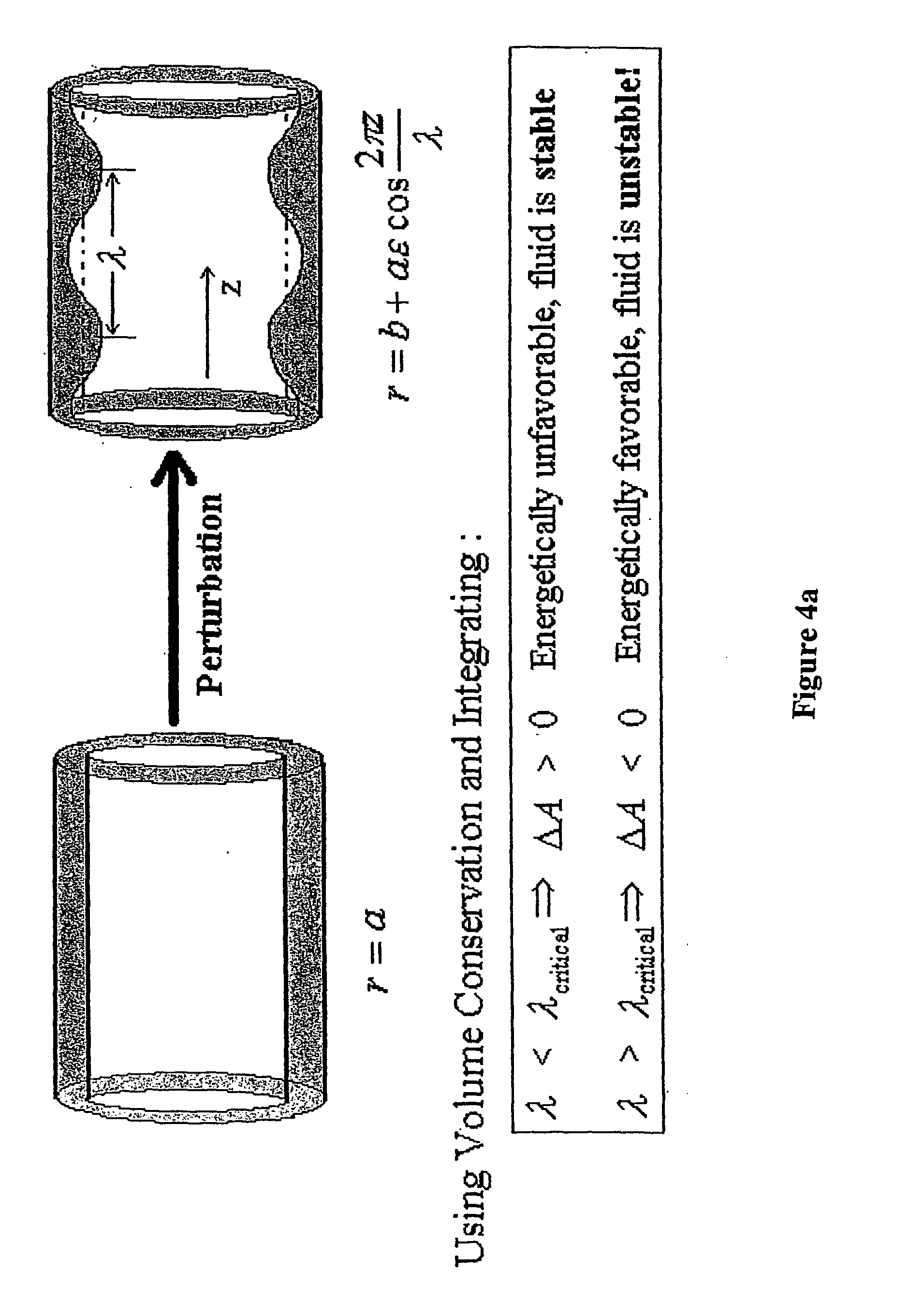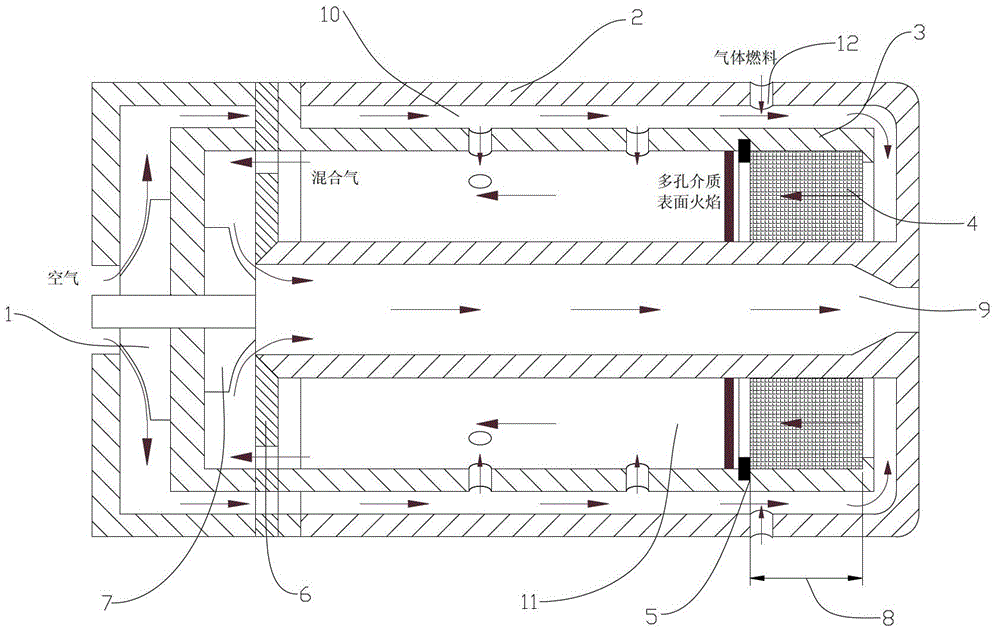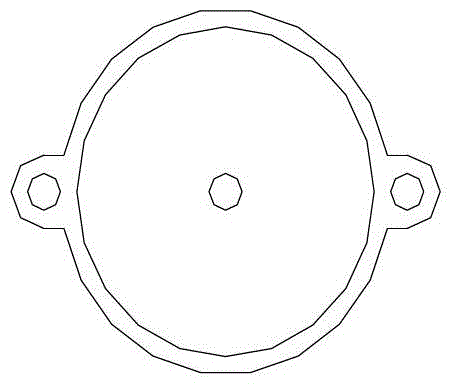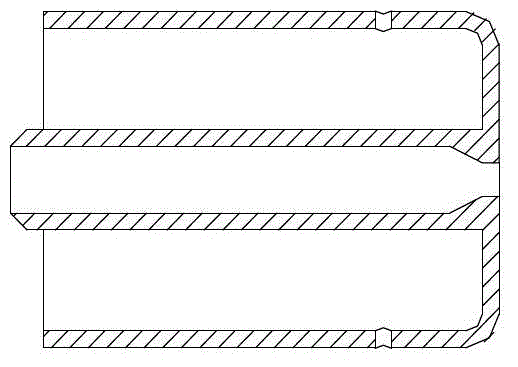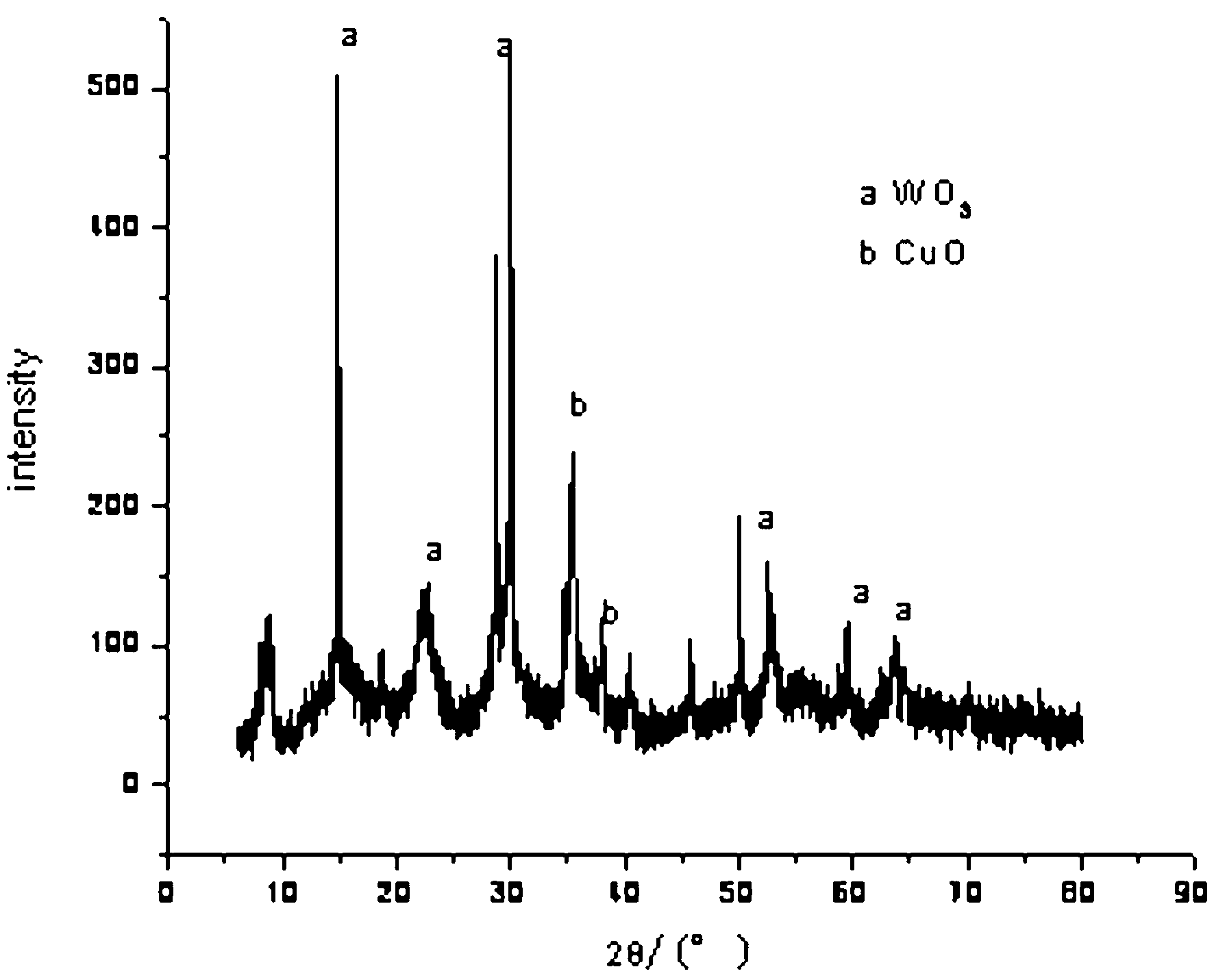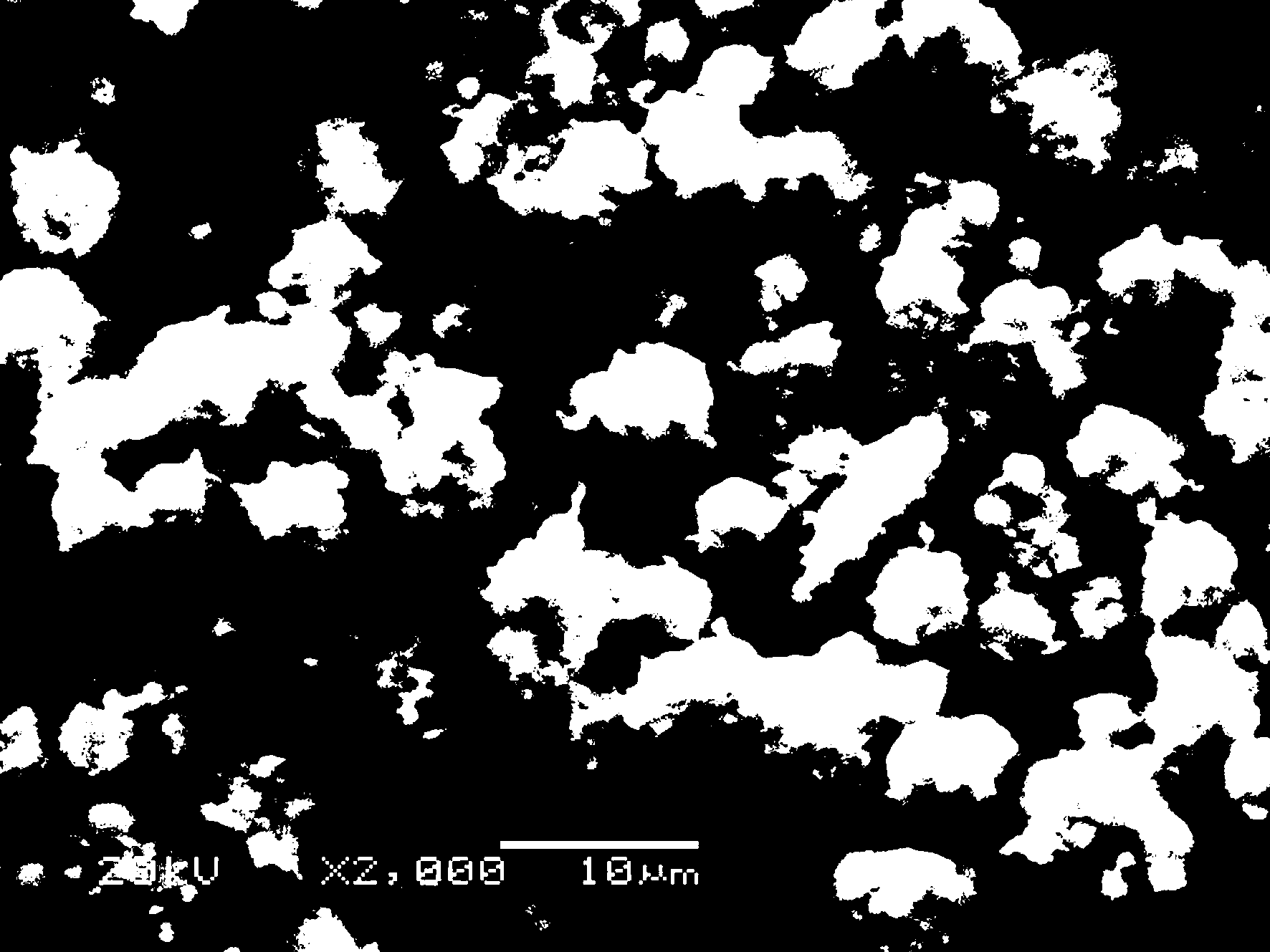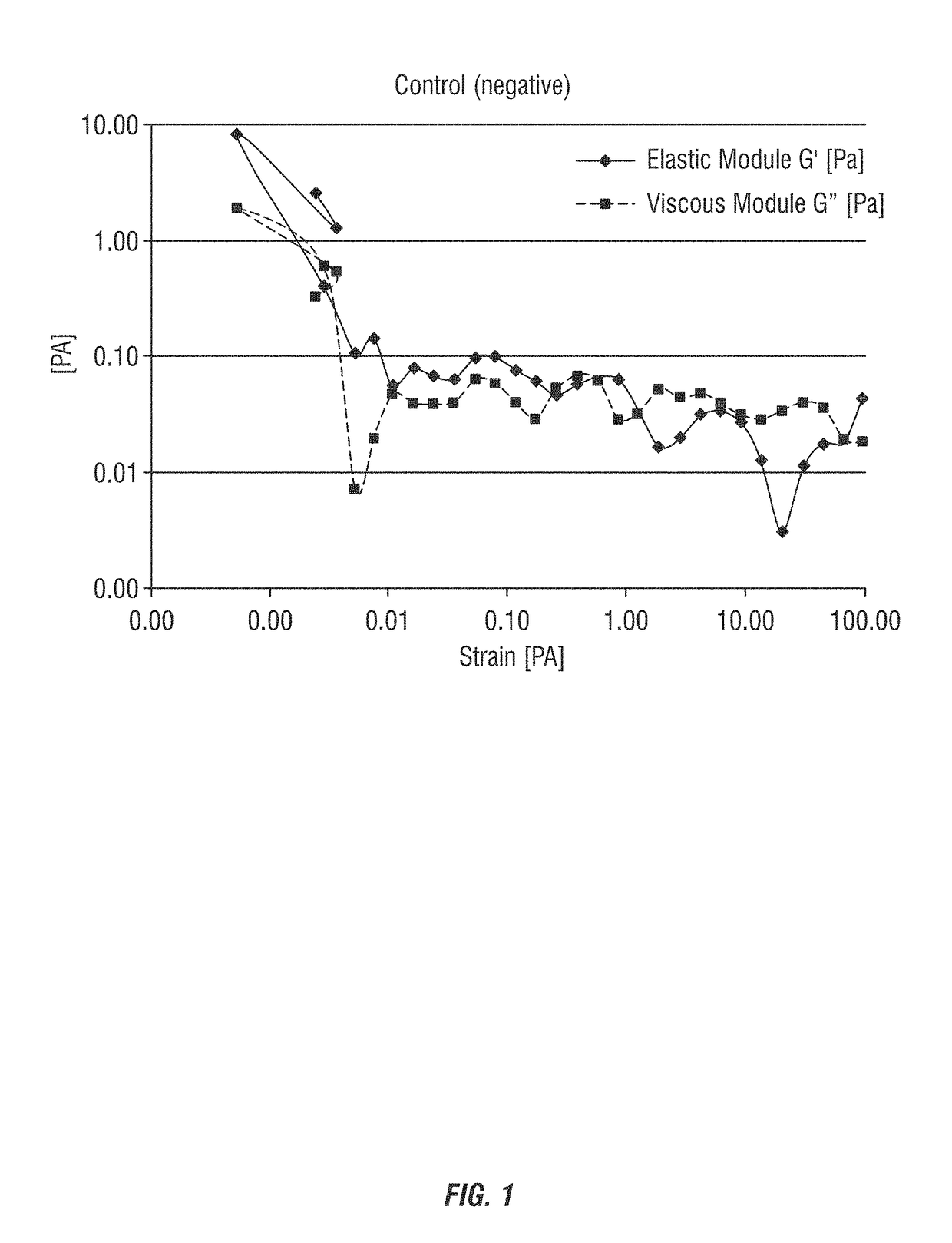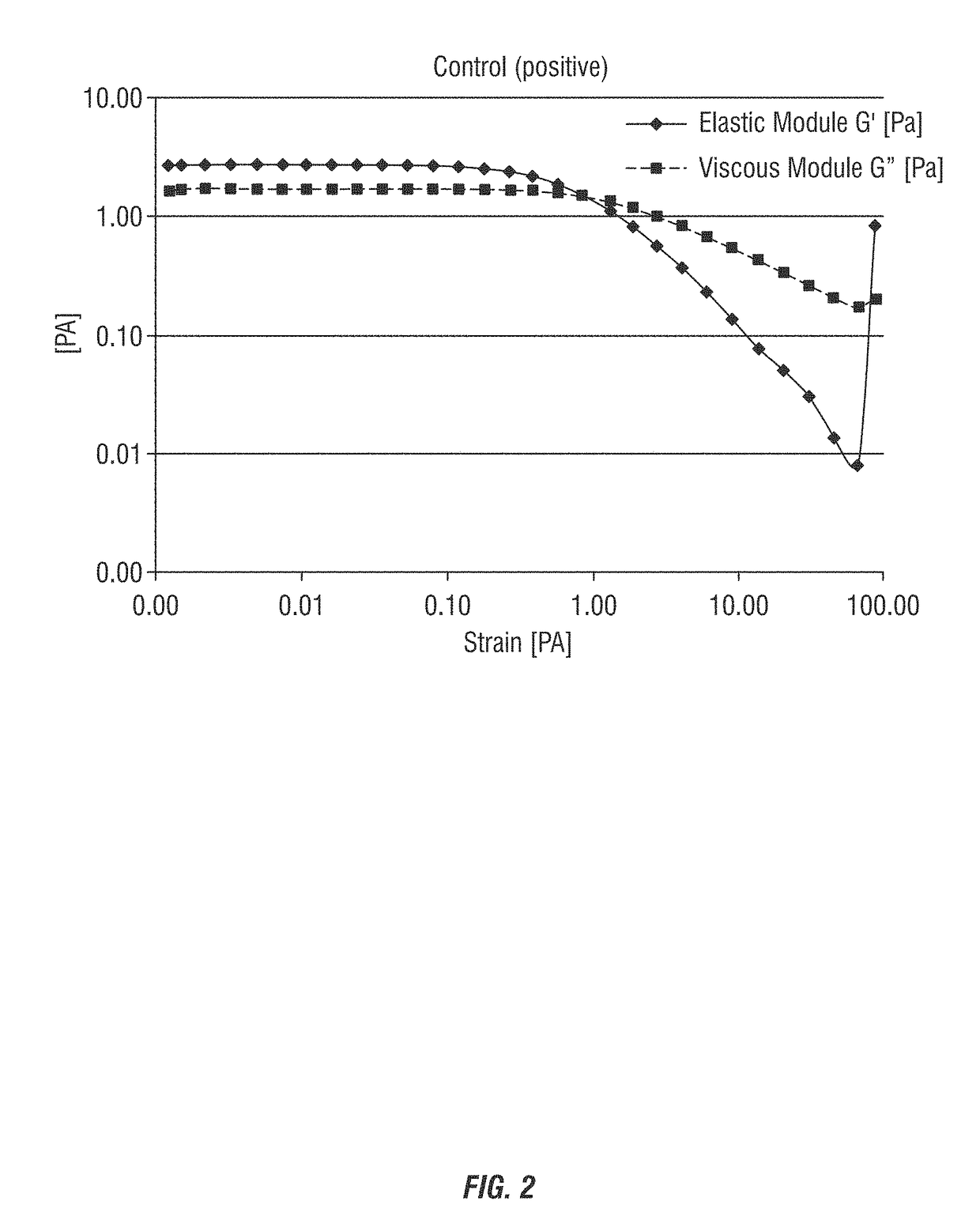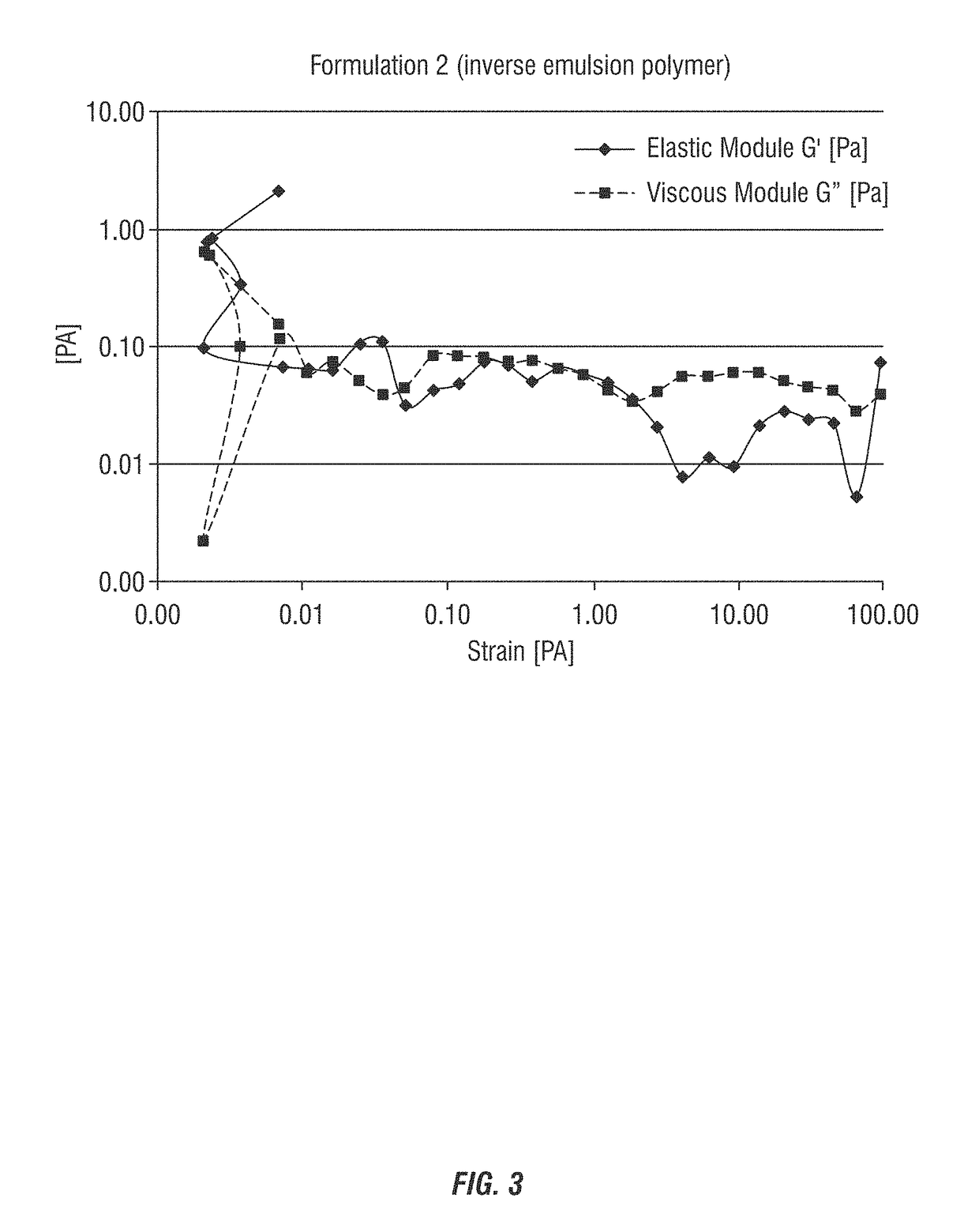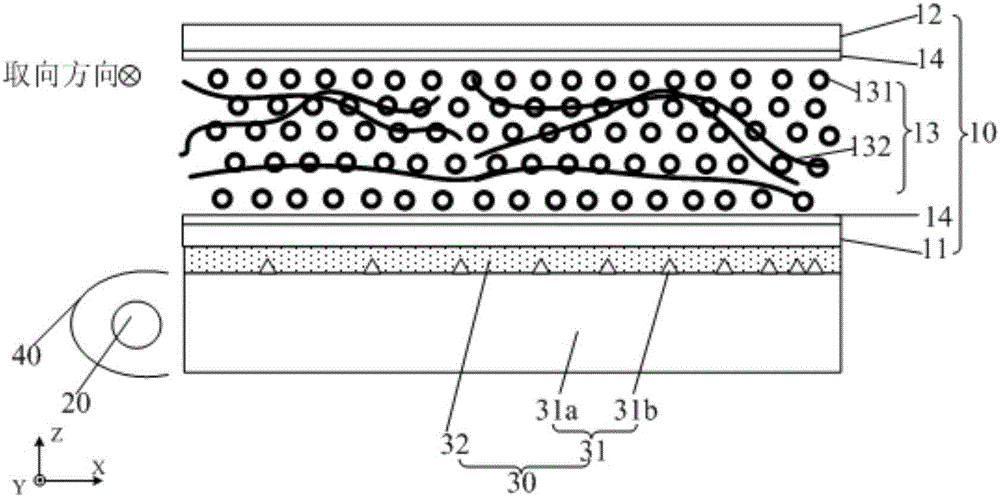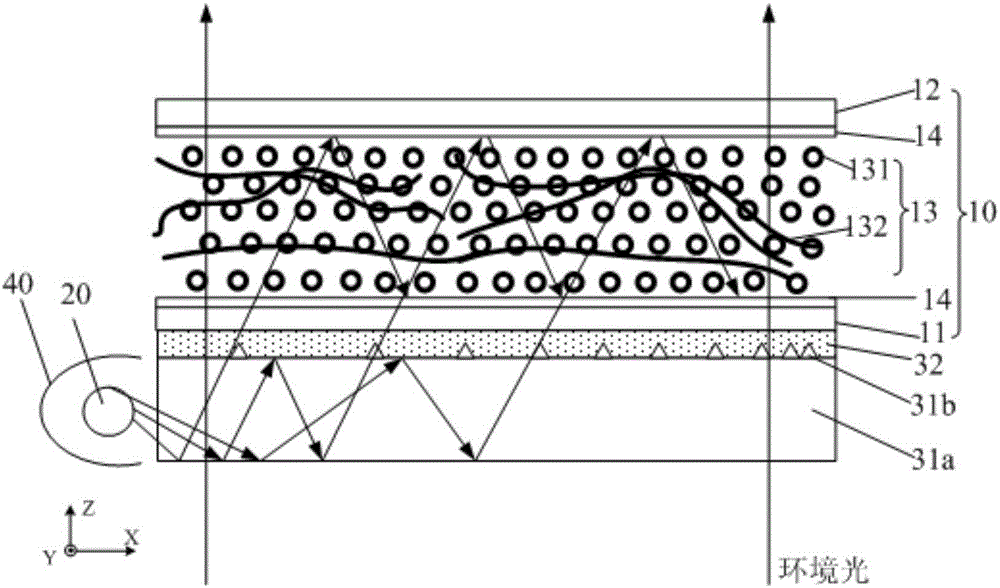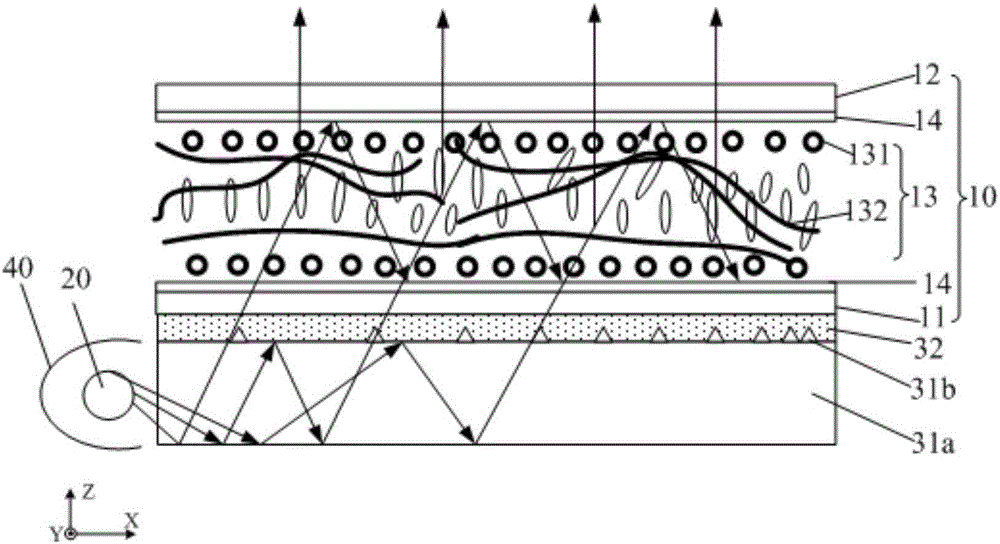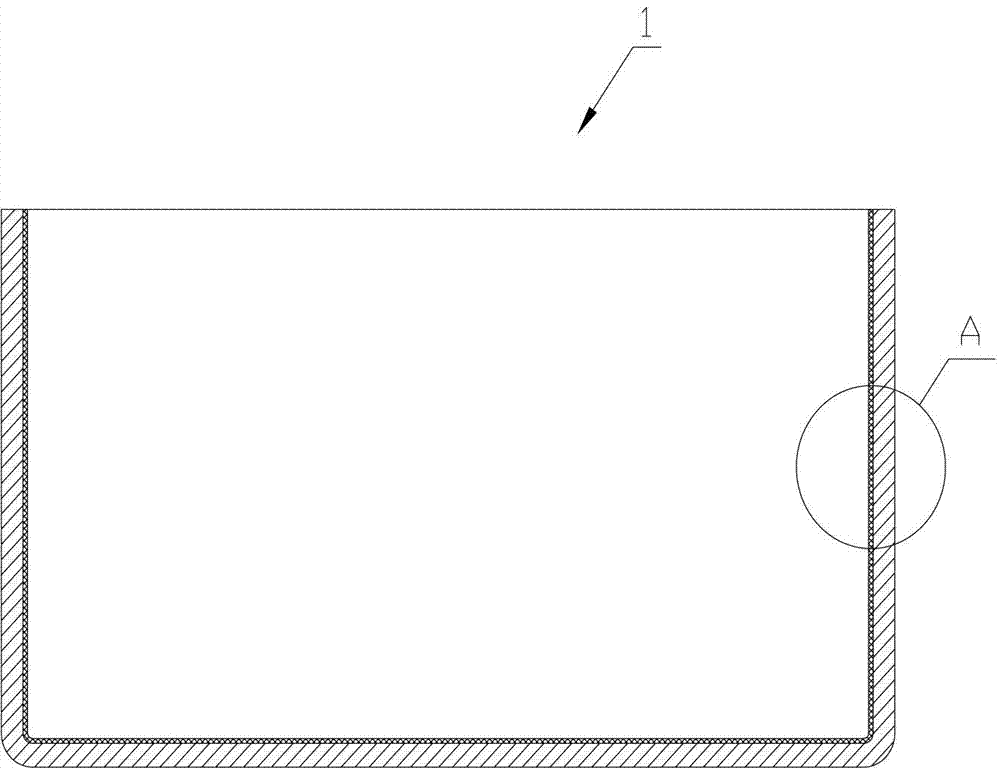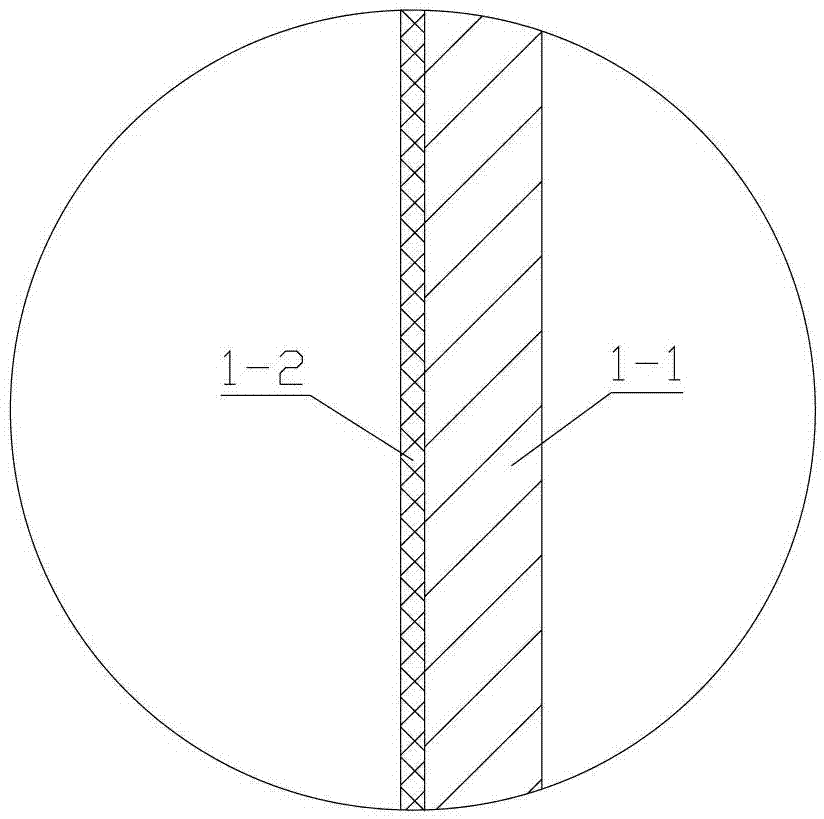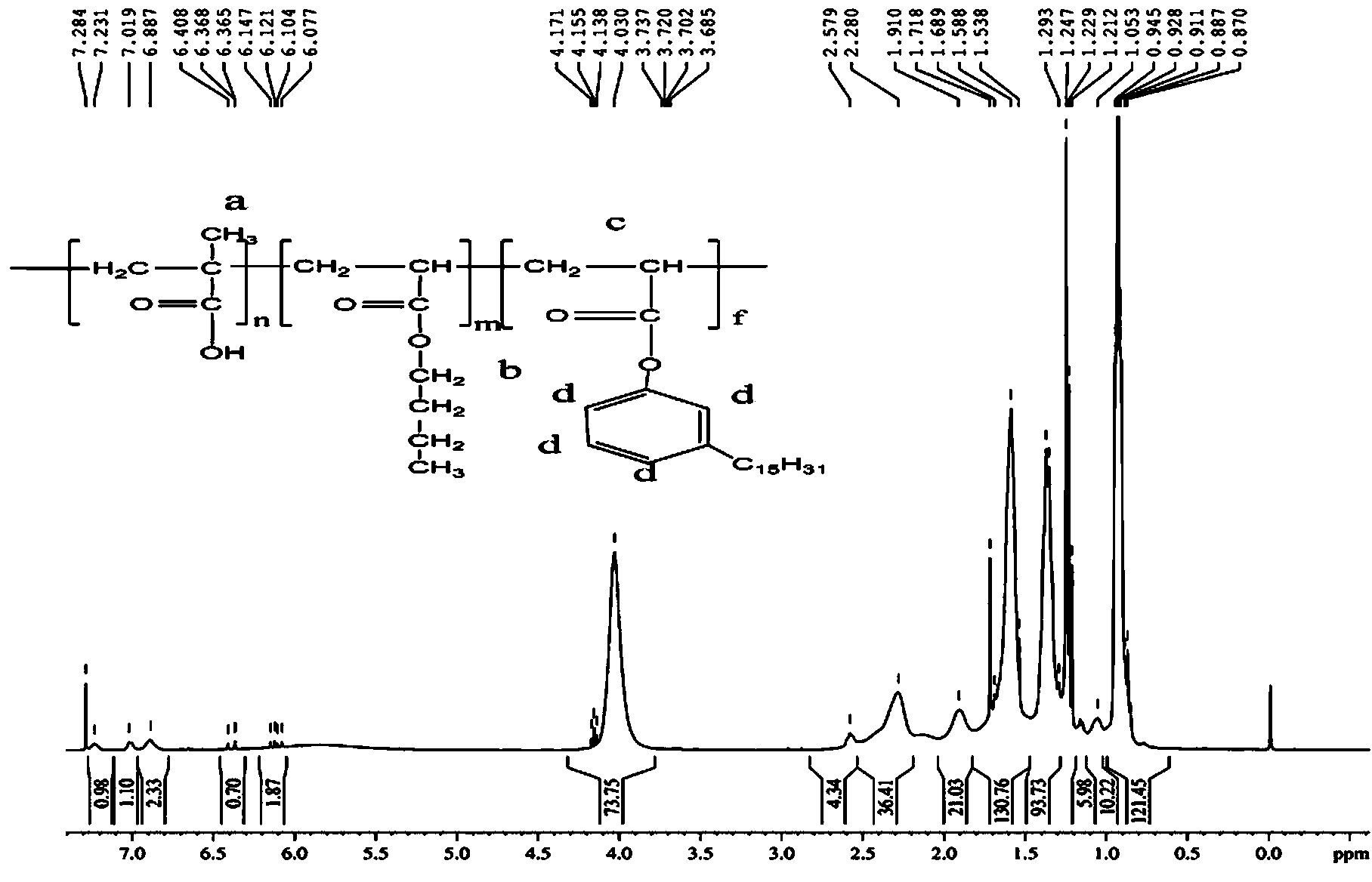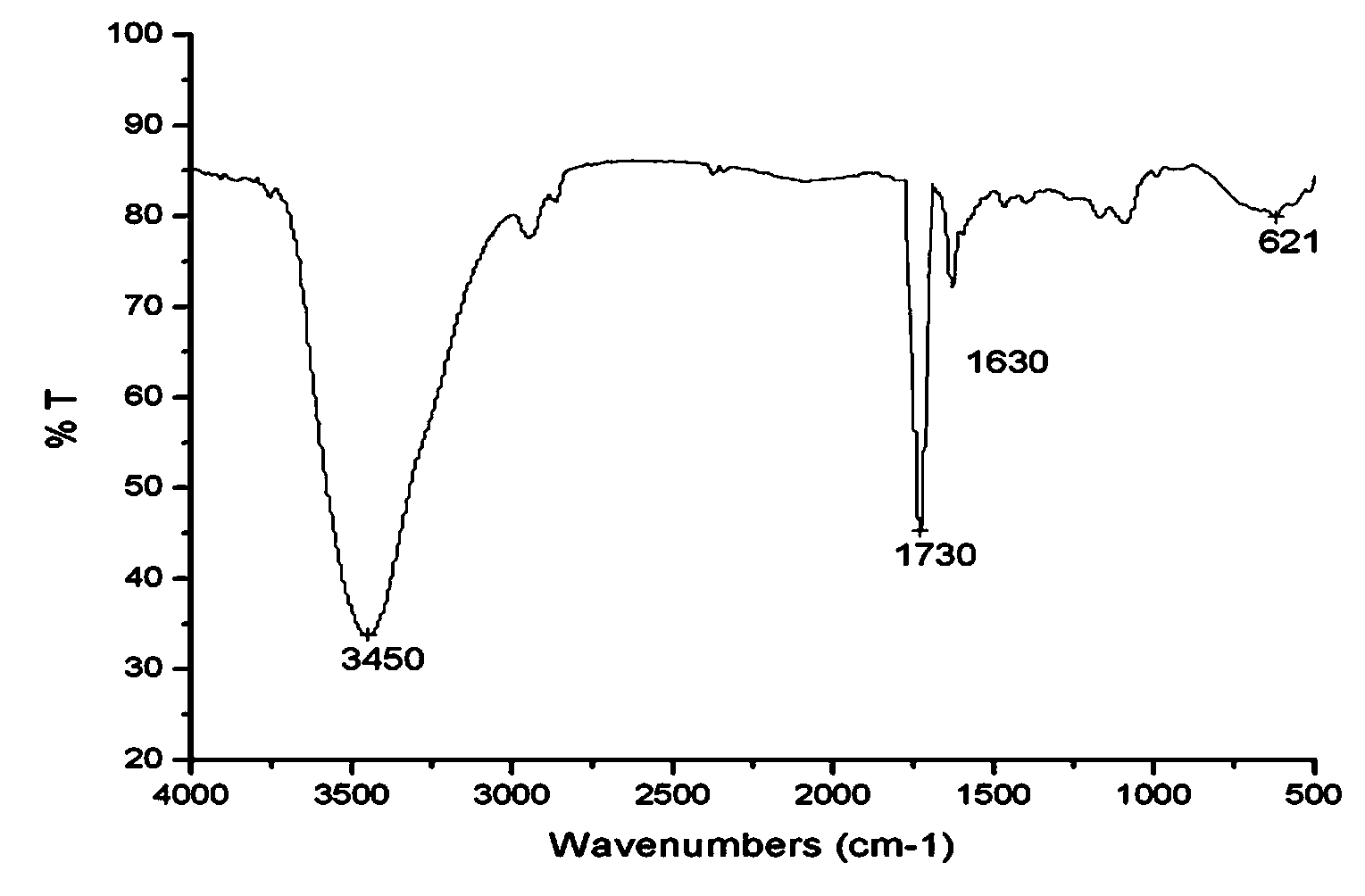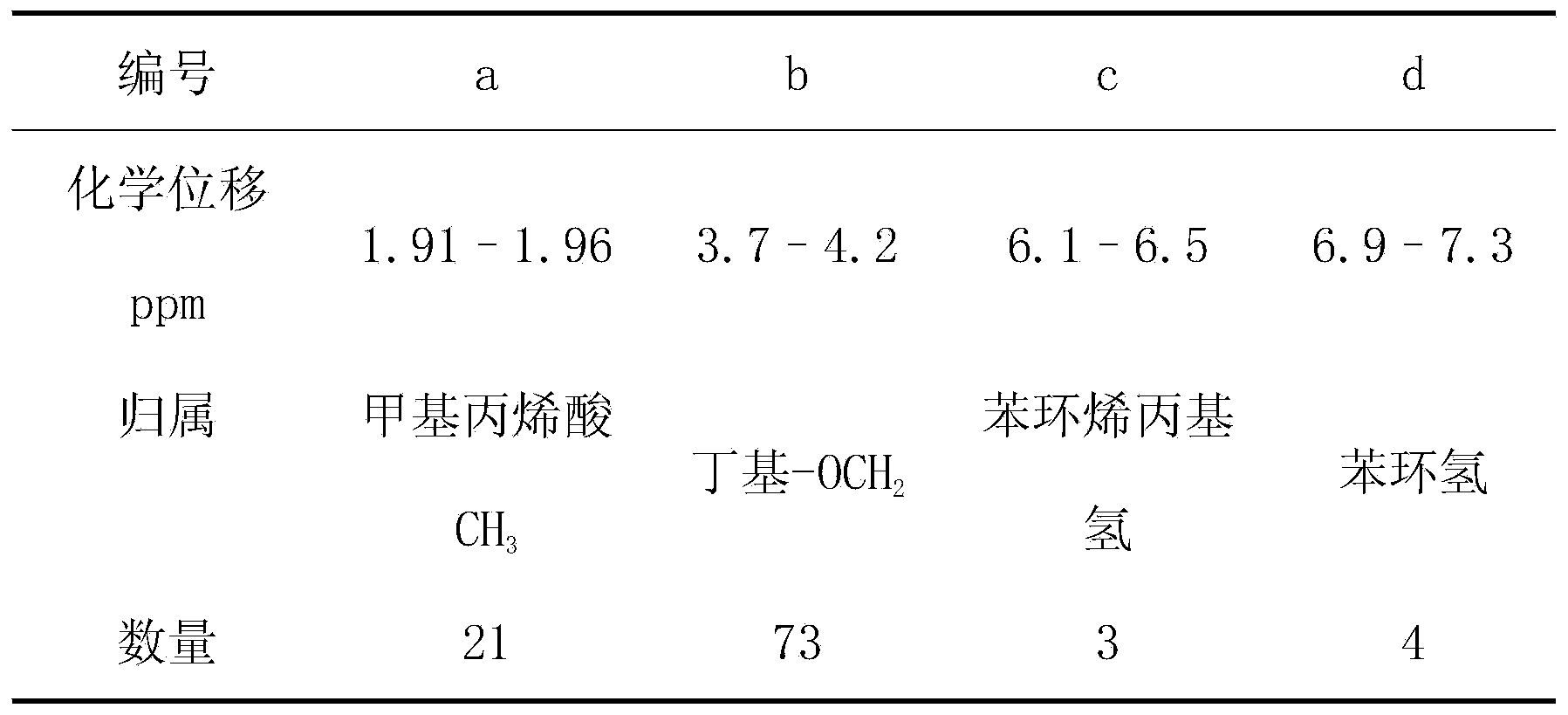Patents
Literature
314results about How to "Reduce fogging" patented technology
Efficacy Topic
Property
Owner
Technical Advancement
Application Domain
Technology Topic
Technology Field Word
Patent Country/Region
Patent Type
Patent Status
Application Year
Inventor
Imaging system for vehicle
ActiveUS20060171704A1Reduce vibration effectsReduce foggingTelevision system detailsPrintersWater vaporEngineering
An imaging system for a vehicle includes a camera module positionable at the vehicle and a control. The camera module includes a plastic housing that houses an image sensor, which is operable to capture images of a scene occurring exteriorly of the vehicle. The control is operable to process images captured by the image sensor. The portions of the housing may be laser welded or sonic welded together to substantially seal the image sensor and associated components within the plastic housing. The housing may include a ventilation portion that is at least partially permeable to water vapor to allow water vapor to pass therethrough while substantially precluding passage of water droplets and / or other contaminants. The housing may be movable at the vehicle between a stored position and an operational position, where the image sensor may be directed toward the exterior scene.
Owner:MAGNA ELECTRONICS
Imaging system for vehicle
ActiveUS7965336B2Reduce vibration effectsReduce foggingTelevision system detailsPrintersWater vaporCamera module
An imaging system for a vehicle includes a camera module positionable at the vehicle and a control. The camera module includes a plastic housing that houses an image sensor, which is operable to capture images of a scene occurring exteriorly of the vehicle. The control is operable to process images captured by the image sensor. The portions of the housing may be laser welded or sonic welded together to substantially seal the image sensor and associated components within the plastic housing. The housing may include a ventilation portion that is at least partially permeable to water vapor to allow water vapor to pass therethrough while substantially precluding passage of water droplets and / or other contaminants. The housing may be movable at the vehicle between a stored position and an operational position, where the image sensor may be directed toward the exterior scene.
Owner:MAGNA ELECTRONICS
Appliance such as a refrigerator or freezer with a transparent viewing door and a method of manufacture of a refrigerator or freezer with a transparent viewing door
InactiveUS6268594B1Reduce formationLittle process outlayShow cabinetsConductive layers on insulating-supportsFlat glassInsulated glazing
A multipane insulating glass for appliances having an inner-chamber temperature which is lower than the ambient temperature, in particular for viewing doors of refrigerators and freezers comprises at least two panes which are of approximately equal size and are arranged at a distance from one another. The distance is maintained by a spacer which runs continuously around the vicinity of the edge. One of the two outer panes is provided with an electrically conductive, transparent coating on its side which faces towards the space between the panes. In this glass, the coating, which is applied to the entire surface, is deactivated in the peripheral area of the pane, containing the contact surface for the spacer. Also, a process for producing coated flat glass materials for such insulating glass materials, as described above.
Owner:GLAS SCHOTT +1
Photo-induced hydrophilic article and method of making same
InactiveUS20070218265A1Easy to cleanEasy to wipeSynthetic resin layered productsVacuum evaporation coatingHydrophilic coatingSpray pyrolysis
Methods and articles are disclosed in which a substrate is provided with a photo-induced hydrophilic surface by forming a photo-induced hydrophilic coating on the substrate by spray pyrolysis, chemical vapor deposition, or magnetron sputter vacuum deposition. The coating can have a thickness of 50 Å to 500 Å, a root mean square roughness of less than 5, preferably less than 2, and photocatalytic activity of less than 3.0×10−3 cm−1 min−1±2.0×10−3 cm−1 min−1. The substrate includes glass substrates, including glass sheets and continuous float glass ribbons.
Owner:VITRO FLAT GLASS LLC
Magnetic carrier and two-component developer
A magnetic carrier and two-component developer are provided alleviating coarse images, fogging when printing is done after a copier body is left standing for one week in a high temperature and high humidity environment and carrier adhesion after extensive operation in a low image ratio. The magnetic carrier includes magnetic carrier particles including porous magnetic core particles and a resin, wherein in a mercury intrusion method applied to the porous magnetic core particles, a pore diameter in which a differential pore volume in the specific pore diameter range becomes maximum is in a specific range, and when the maximum value of a differential pore volume in the specific pore diameter range is defined as P1 and the maximum value of a differential pore volume in the specific pore diameter range is defined as P2, P1 is in a specific range and the ratio P2 / P1 is in a specific range.
Owner:CANON KK
Positively chargeable toner, image forming method and image forming apparatus
InactiveUS6235441B1Good fixabilityImprove propertiesElectrographic process apparatusDevelopersHydrogenLatent image
A positively chargeable toner suitable to be carried on a cylindrical developer-carrying member having a resinous surface for developing an electrostatic latent image is formed from a composition including a binder resin, an imidazole compound and a colorant. The binder resin comprises at least one member selected from the group consisting of (i) a mixture of vinyl resin having a carboxyl group and a vinyl resin having a glycidyl group, (ii) a vinyl resin having both a carboxyl group and a glycidyl group, and (iii) a vinyl resin having a carboxyl group and a glycidyl group in a form reacted with each other. The imidazole compound is a compound having an imidazo unit represented by formula (1) below:wherein R1-R4 independently denote hydrogen or a substituent as specified. In some cases, two or more such imidazole units can be included in a combined form to provide the imidazole compound. The imidazole compound is effective for promoting a crosslinking reaction between the carboxyl group and the glycidyl group to provide the toner with improved fixability and anti-offset property in combination.
Owner:CANON KK
Release coating composition and method of forming the same
ActiveUS8722153B2Minimizes atomizationReduce foggingOrganic active ingredientsLayered productsPolymer sciencePtru catalyst
A release coating composition includes a curable polysiloxane and an aerosol suppressant that has more than one SiO4 / 2 unit. The aerosol suppressant includes the polymerization product of a siloxane and a cyclic polysiloxane polymerized in the presence of a polymerization catalyst. The siloxane has units of the chemical formula (SiO4 / 2)(RaRb2SiO1 / 2)x wherein Ra is a vinyl moiety, Rb is an alkyl moiety, and x is a number from 1.05 to 4. The release coating composition is formed by combining the aerosol suppressant and a curable polysiloxane. The release coating composition is also used to coat a substrate in a release coating process producing a mist of less than 50 mg / cubic meter measured at approximately 457 m / min.
Owner:DOW SILICONES CORP
Eyewear with rigid lens support
Eyewear is provided having a frame that can releasably engage a lens. The frame can have an engagement mechanism that includes an active restraint member and a passive restraint member. The active restraint member can have a first component and a second component that are operatively coupled together such that the first and second components rotate together between open and closed positions. The second component can also be configured to slide relative to the first component to engage a portion the frame when the first and second components are in the closed position to maintain the lens fitted against the frame.
Owner:OAKLEY INC
Liquid ejection method
A liquid ejection method includes a step of preparing a liquid ejection head including an electrothermal transducer element for generating thermal energy contributable to ejection of liquid, an ejection outlet for ejecting the liquid, the ejection outlet being provided at a position opposed to the electrothermal transducer element, and a liquid flow path in fluid communication with the ejection outlet to supply the liquid to the ejection outlet and having the electrothermal transducer element on its bottom side; and a step of applying the thermal energy to the liquid to cause the liquid to undergo a change of state and thus to create a bubble. The liquid is ejected through the ejection outlet by the pressure of the bubble. The bubble is first in communication with ambience during reduction of the volume of the bubble after the bubble reaches a maximum volume.
Owner:CANON KK
Urethane (meth)acrylate resin with acrylic backbone and ink compositions containing the same
InactiveUS20050065310A1Good printabilityGood print contrastPolyurea/polyurethane coatingsOligomerPolyol
An acrylic urethane (meth)acrylate oligomer is provided, which has an acrylic urethane backbone comprising a reaction product of an acrylic polyol and a diisocyanate, which backbone is capped with a hydroxy(meth)acrylate. The acrylic urethane (meth)acrylate oligomer has residues in the following order: hydroxy(meth)acrylate−(diisocyanate−acrylic polyol)n−diisocyanate−hydroxy(meth)acrylate where n is 1 to 10. The oligomer is useful in ink compositions.
Owner:SURFACE SPECIALTIES
Photo-induced hydrophilic article and method of making same
InactiveUS7960043B2Easy to cleanEasy to wipeSynthetic resin layered productsVacuum evaporation coatingHydrophilic coatingSpray pyrolysis
Methods and articles are disclosed in which a substrate is provided with a photo-induced hydrophilic surface by forming a photo-induced hydrophilic coating on the substrate by spray pyrolysis, chemical vapor deposition, or magnetron sputter vacuum deposition. The coating can have a thickness of 50 Å to 500 Å, a root mean square roughness of less than 5, preferably less than 2, and photocatalytic activity of less than 3.0×10−3 cm−1 min−1±2.0×10−3 cm−1 min−1. The substrate includes glass substrates, including glass sheets and continuous float glass ribbons.
Owner:VITRO FLAT GLASS LLC
Half-jacket eyewear with removable dust shield
Disclosed is eyewear that may have a half-jacket frame and a removable dust shield for preventing direct impingement of dust upon a wearer's eye. The eyewear may have a titanium frame and removable lenses free of any attachment structure. The frame may have a lens-retaining ridge with a thin cross section. A nosepad on the frame may carry a shield retainer for releasably affixing a shield to the frame. The nosepad and the half-jacket frame front may be cast together in one piece out of titanium or titanium alloy. An anti-slip nosepad cover may partially cover the nosepad and leave the shield retainer exposed. A removable shield may have a lower lens groove that circumferentially mates with an upper lens groove of an orbital of a half-jacket frame, thereby circumferentially completing the lens groove when the shield is in place. A rigid temple may carry a slip resistor for contacting the wearer's skin. The eyewear may have a vent to reduce fogging of the lenses and the shield may be air-permeable.
Owner:KBC AMERICA
Aromatic-acrylate tackifier resins
InactiveUS7332540B2Increase ratingsAvoid high concentrationsImpression capsLayered productsWater vaporTackifier
A tackifier resin is provided comprising monomer units from at least one aromatic monomer and at least one acrylate monomer; wherein the tackifier resin has a low residual monomer concentration. In other embodiments of the invention, the tackifier resin does not significantly decrease the moisture vapor transport rate of an adhesive composition comprising the tackifier resin, does not significantly increase fogging of an adhesive composition comprising the tackifier resin, and does not significantly exhibit skin sensitivity properties.A process to produce the tackifier resin is also provided. The process comprises contacting a tackifier resin product stream with at least one carrier at a temperature sufficient to remove a portion of at least one residual monomer from the tackifier resin product stream to produce the tackifier resin.
Owner:EASTMAN CHEM CO
Eyewear with rigid lens support
ActiveUS20110225711A1Reduce foggingImprove ventilationGogglesNon-optical adjunctsEyewearField of view
Eyewear, such as a goggle, is provided that can include an anterior module (such as a lens support) and an interchangeable posterior module (such as a faceplate). The anterior module can be adapted to support at least one lens in a wearer's field of view. The posterior module can be adapted to fit against a contour of the wearer's face and can be selectively interchangeable with the anterior module to modify at least one physical characteristic of the eyewear. In some embodiments, the anterior and posterior modules can be coupled by a suspension assembly in order to allow articulation of the posterior module relative to the anterior module for evenly distributing forces against the wearer's face. Further, the anterior module can be rigid for maintaining the lens in an optically-desirable orientation. Furthermore, the goggle can comprise an interchangeable lens mechanism to facilitate interchanging of lenses in the goggle.
Owner:OAKLEY INC
Multistage inflating-type hybrid inflator
InactiveUS6860510B2Rapid and reliableReduce foggingPedestrian/occupant safety arrangementCombustionNuclear engineering
A multistage inflating-type hybrid inflator in which a malfunction does not occur is provided.When a first gas generating chamber 130 is first burnt, a combustion gas flowed out of first communication holes 136 advances in a direction towards an inner wall of an inflator housing 102 but it does not flow in a direction towards a second gas generating chamber 140. For this reason, the malfunction of the second gas generating chamber 140 cannot occur due to heat energy of the combustion gas.
Owner:DAICEL CHEM IND LTD
Preparation method of polycrystalline silicon
ActiveCN102557038AReduce deposition energy consumptionSuppress or eliminate foggingChemical industrySilicon compoundsEtchingHydrogen
The invention discloses a preparation method of polycrystalline silicon. The method comprises the following steps of: undergoing a chemical vapor deposition reaction on trichlorosilane and high-purity hydrogen serving as raw materials at the high temperature of 1,050-1,250 DEG C and under the pressure of 0-0.8 MPa in a reduction furnace reactor; and depositing polycrystalline silicon on the surface of a heat-emitting silicon core. The method is characterized in that: 0.1-20 percent of hydrogen halide gas is introduced into a reduction furnace in a chemical vapor deposition process. According to method, silicon powder produced in the bulk phase of the reduction furnace can be suppressed effectively, an atomization phenomenon is eliminated, heat produced by reacting can be applied to deposition of polycrystalline silicon, the energy utilization efficiency and silicon depositing rate are increased, and the reaction temperature and the halogenated silane concentration are not required to be lowered; and due to etching of hydrogen halide on the surface of a silicon stick, the surface appearance is improved, and a dense polycrystalline silicon stick is obtained.
Owner:新疆戈恩斯能源科技有限公司
Hydrophobic inorganic fine particles, hydrophobic inorganic fine particles production process, and toner
InactiveUS20050026089A1Good fluidityImprove chargeabilityMaterial nanotechnologyPigmenting treatmentMicroparticleHydrophobe
Hydrophobic inorganic fine particles characterized by being a mixture of at least small-particle-diameter inorganic fine particles having an average primary particle diameter of 5 to 25 nm and having a maximum peak particle diameter of 20 nm or less and large-particle-diameter inorganic fine particles having an average primary particle diameter which is 1.5 to 100 times the average primary particle diameter of the small-particle-diameter inorganic fine particles; the mixture being a mixture having been treated in the same treating tank to subject both the small-particle-diameter inorganic fine particles and large-particle-diameter inorganic fine particles simultaneously to hydrophobic treatment.
Owner:CANON KK
Spectacle lens and method and apparatus for making the same
ActiveUS20140016083A1High removal rateLow removal rateOptical articlesElectron beam welding apparatusUses eyeglassesGraphics
Owner:CARL ZEISS VISION INT GMBH
Display device
InactiveCN102809846APreventing Image Quality DeteriorationImprove image qualitySolid-state devicesNon-linear opticsColor shiftDisplay device
A display device that can reduce color shift and prevent the quality of an image from degrading due to Moire. The display device includes a display panel and an optical film, which includes a background layer disposed in front of the display panel, and a lens section formed on the background layer. The lens section has a plurality of patterns spaced apart from each other to diffuse incident light. The spacing [tau] and pitch T of the patterns are determined by the following m value in the following formulae, and m = P / T, p / P is an aperture ratio of sub-pixels of the display panel, [tau] / T is an aperture ratio of the lens section, I is an intensity of light exiting the optical film after being diffused through the sub-pixels, P and p are a pitch and a width of the sub-pixels, T is a pitch of the patterns, and [tau]=T-W.
Owner:SAMSUNG CORNING PRECISION MATERIALS CO LTD
Star-branched silicone polymers as anti-mist additives for coating applications
A hydrido-silicone is incompletely reacted with (preferably) a long chain olefin under hydrosilylation conditions to produce a partially substituted hydrido-silicone that is further reacted under hydrosilylation conditions with a vinyl containing MQ resin to partially consume the remaining hydride species which is then reacted under hydrosilylation conditions to consume the remaining hydride species with a long chain di- or multi-alkenyl silicone to produce a composition that is useful as an anti-mist agent in the coating of flexible supports.
Owner:GENERAL ELECTRIC CO
Controller for direct injection engine
InactiveCN101344046APromote atomizationReduce foggingElectrical controlInternal combustion piston enginesExhaust valveTop dead center
The present invention relates to a controller of a direct injecting type engine. When an engine is at starting or at cold state, a closing time of an exhaust valve is set before an intake top dead center to close the exhaust valve early. An exhaust residual gas is compressed by a cylinder to raise an inner cylinder temperature. A pre-fuel injection is performed from a time of closing the exhaust valve to a time of the intake top dead center in such a manner that the pre-injected fuel is combusted to raise the inner cylinder temperature. This increase in temperature expedites an atomization of fuel injected at a main fuel injection. A wet amount of fuel is reduced and HC emission is also reduced.
Owner:DENSO CORP
Reaction type flame retardant for soft polyurethane foam and application
The invention discloses a reaction type flame retardant for soft polyurethane foam and an application, belonging to the technical field of the flame retardants. The reaction type flame retardant contains three components, namely a phosphorus-containing polyhydroxy compound, a halogen-containing polylol and a chain extender with two degrees of functionality. When the flame retardant is in use, the reaction type flame retardant can be directly added into polyether polylol and is good in compatibility with the polyether polylol, and the precipitation can be avoided. The polyurethane foam prepared by the reaction type flame retardant is lasting in flame retarding effect and further has the characteristics of low VOC (volatile organic compounds) and low atomization, the flame retarding effect can not be reduced after aging, and adverse impacts on physical properties of the foam can be avoided. The soft foam using the flame retardant has excellent flame laminating performance and great peeling strength, and is suitable for being used as an interior trimming material for automobiles and airplanes.
Owner:北京万博汇佳科贸有限公司
Protective face shield attachable to headwear
ActiveUS11147323B1Good adhesionImprove ventilationHatsHeadwear capsClassical mechanicsStructural engineering
A protective shield is provided for use with headwear having a brim and wearable by a user. The protective shield includes an elongate suspension strap portion and a pair of attachment tabs engageable with the headwear and positioned such that the elongate suspension strap portion extends between the pair of attachment tabs. A protective portion is connected to the suspension strap portion and is configured to extend over the user's eyes, nose, and mouth when the protective shield is attached to the headwear. The suspension strap portion and the protective portion collectively define a slot sized to receive the brim of the headwear to facilitate engagement between the protective shield and the headwear.
Owner:RACING OPTICS
Formulations limiting spread of pulmonary infections
InactiveUS20050220720A1Reduce and prevent infectionDamp rate of droplet formationPowder deliveryDispersion deliveryDiseasePulmonary infection
Formulations have been developed for pulmonary delivery to treat or reduce the infectivity of diseases such as viral infections, especially tuberculosis, SARS, influenza and respiratory synticial virus in humans and hoof and mouth disease in animals. Formulations for pulmonary administration include a material that significantly alters physical properties such as surface tension and surface elasticity of lung mucus lining fluid, which may be a surfactant and, optionally, a carrier. The formulation may be administered as a powder where the particles consist basically of the material altering surface tension. The carrier may be a solution, such as an alcohol, although an aqueous solution may be utilized, or a material mixed with the material altering surface tension to form particles. These may include proteins such as albumin or polysaccharides such as dextran, which also has surface active properties, or polymers such as polyethylene oxide (PEO) or biodegradable synthetic polymers which can be used to encapsulate or deliver the materials to be delivered. Drugs, especially antivirals or antibiotics, may optionally be included with the formulation. These may be administered with or incorporated into the formulation.
Owner:PRESIDENT & FELLOWS OF HARVARD COLLEGE
Rear-placed combustor with annular porous medium head for ultramicro turbojet engine
ActiveCN102878579AOvercoming short stay timeReduce foggingContinuous combustion chamberGas turbine plantsCombustion chamberCombustor
Disclosed is a rear-placed combustor with an annular porous medium head for an ultramicro turbojet engine. An annular reflux structure is adopted for the combustor which is formed by a combustor box, a flame tube wall, a combustor outlet and the annular porous medium head. Air flow passes through a centrifugal compressor of the engine for compression, enters an annular cavity channel of the combustor, and then is mixed with gas fuel which is jetted in horizontally; premixed gas is pre-heated through the flame tube wall and then flows back to enter a flame tube through the annular porous medium head, and stable ignition is achieved; the whole mixed gas combustion process is finished in the flame tube, and high-temperature gas is discharged from the outlet of the rear-placed combustor; and then the high-temperature gas is discharged into air through a tail pipe after turbine blades of an impact engine does work. The combustor box, the flame tube wall and the combustor outlet are connected through bolts with high temperature glue sprayed on annular edges to guarantee the sealing. According to the combustor, features and advantages of stable flame of the annular porous medium head can be adapted to and played to the greatest extent, proneness to flameout of ultramicro combustors can be improved, so that the combustor can work for the ultramicro turbojet engine reliably and stably.
Owner:BEIHANG UNIV
Preparation method of tungsten copper oxide composite powder through hydro-thermal synthesis
The invention relates to the technical field of powder metallurgy, in particular to a preparation method of tungsten copper oxide composite powder through hydro-thermal synthesis. The preparation method adopts the hydro-thermal synthesis method to prepare the tungsten copper oxide composite powder and further prepare a tungsten copper oxide composite powder in a reaction kettle; thermal decomposition is not needed to perform; a molecular-level mixed state in a solution is reserved; and the tungsten copper oxide composite powder with superfine particles and uniform tissue can be prepared; therefore, the sintering character of a tungsten copper alloy is improved, and the tungsten copper alloy with higher density and excellent heat conduction and electrical conductivity is prepared.
Owner:HENAN UNIV OF SCI & TECH
Reduced misting acidic cleaning, sanitizing, and disinfecting compositions via the use of high molecular weight water-in-oil emulsion polymers
ActiveUS20170335254A1Low shear viscosityHigh elongational viscosityNon-ionic surface-active compoundsOrganic detergent compounding agentsOil emulsionDispersion polymerization
Acidic sprayable aqueous compositions for cleaning, sanitizing and disinfecting are disclosed. In particular, the sprayable compositions include an inverse emulsion polymer for modifying the viscosity of the composition and provide numerous benefits over dispersion polymer compositions used for rheology modification to reduce misting and respiratory inhalation of cleaning compositions. Compositions and methods of cleaning using the compositions having reduced amounts of airborne particulates of the composition during spray applications are provided.
Owner:ECOLAB USA INC
Display device
ActiveCN105974672ADelay decayReduce the refractive index differencePlanar/plate-like light guidesNon-linear opticsLiquid-crystal displayLight guide
The invention relates to a display device. The display device comprises a liquid crystal display panel and a light source. The liquid crystal display panel comprises an array substrate, an opposite-box substrate and a liquid crystal layer. A polymer network formed by polymerizable monomers is mixed in the liquid crystal layer. The display device further comprises a light guide assembly arranged on the side, away from the opposite-box substrate, of the array substrate. The light source is arranged on the side face of the light guide assembly and used for emitting light towards the light guide assembly. The light guide assembly is used for scattering the light emitted by the light source to form an area light source giving out light towards the liquid crystal display panel. The included angle between the direction of light, emitted to the liquid crystal layer, of the area light source and the thickness direction of the liquid crystal display panel is larger than a total reflection critical angel generated when any light is emitted into outside air from the array substrate or the opposite-box substrate. According to the display device, the display uniformity can be improved while the contrast is improved.
Owner:BOE TECH GRP CO LTD +1
Large polycrystalline silicon crucible, coating slurry thereof and preparation method of coating
InactiveCN102877126AHigh speedReduce foggingPolycrystalline material growthSingle crystal growth detailsTO-18Crucible
The invention discloses a large polycrystalline silicon crucible which comprises a crucible body and a crucible coating adhered to the crucible body, and slurry sprayed on the crucible coating is prepared from 15 to 23 percent of silicon nitride, 60 to 70 percent of water and 15 to 18 percent of silica sol by weight. The firmness and the high temperature resistance of the crucible coating are remarkably improved, and the requirement of a large crucible ingot on the coating quality can be met. The invention further discloses a coating of the large polycrystalline silicon crucible and the preparation method of the coating of the large polycrystalline silicon crucible.
Owner:LIXIAN YINGLI NEW ENERGY CO LTD
Acrylic polyester-type hyperdispersant and preparation method and application thereof
The invention belongs to the technical field of a dispersant, and particularly relates to an acrylic polyester-type hyperdispersant and a preparation method thereof. The acrylic polyester-type hyperdispersant is a polymer obtained from a monomer A, a monomer B and a monomer C by free radicals atactic polymerization, wherein the monomer A is the monomer containing phenyl m-pentadecyl acrylate or derivatives thereof; the monomer B is the monomer containing carboxyl or sulfonic acid or phosphonic acid group; the monomer C is an alkyl (meth)acrylate monomer. The hyperdispersant disclosed by the invention is excellent in dissolving property in an organic medium, the viscosity of a dispersion system can be reduced, the mobility of the dispersion system is improved, and the storage and use performances under a low-temperature condition are good.
Owner:ZHENGZHOU UNIV
Features
- R&D
- Intellectual Property
- Life Sciences
- Materials
- Tech Scout
Why Patsnap Eureka
- Unparalleled Data Quality
- Higher Quality Content
- 60% Fewer Hallucinations
Social media
Patsnap Eureka Blog
Learn More Browse by: Latest US Patents, China's latest patents, Technical Efficacy Thesaurus, Application Domain, Technology Topic, Popular Technical Reports.
© 2025 PatSnap. All rights reserved.Legal|Privacy policy|Modern Slavery Act Transparency Statement|Sitemap|About US| Contact US: help@patsnap.com

